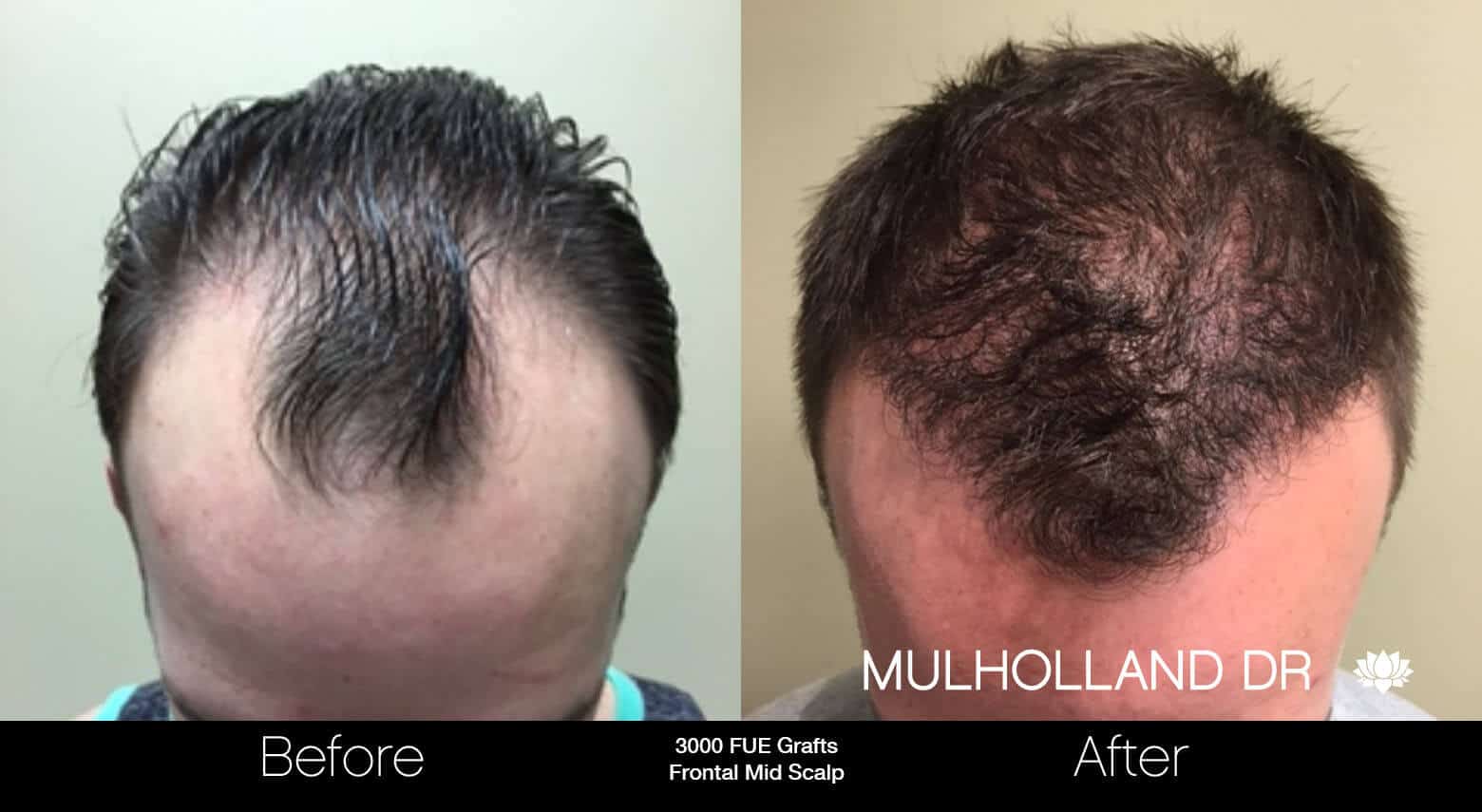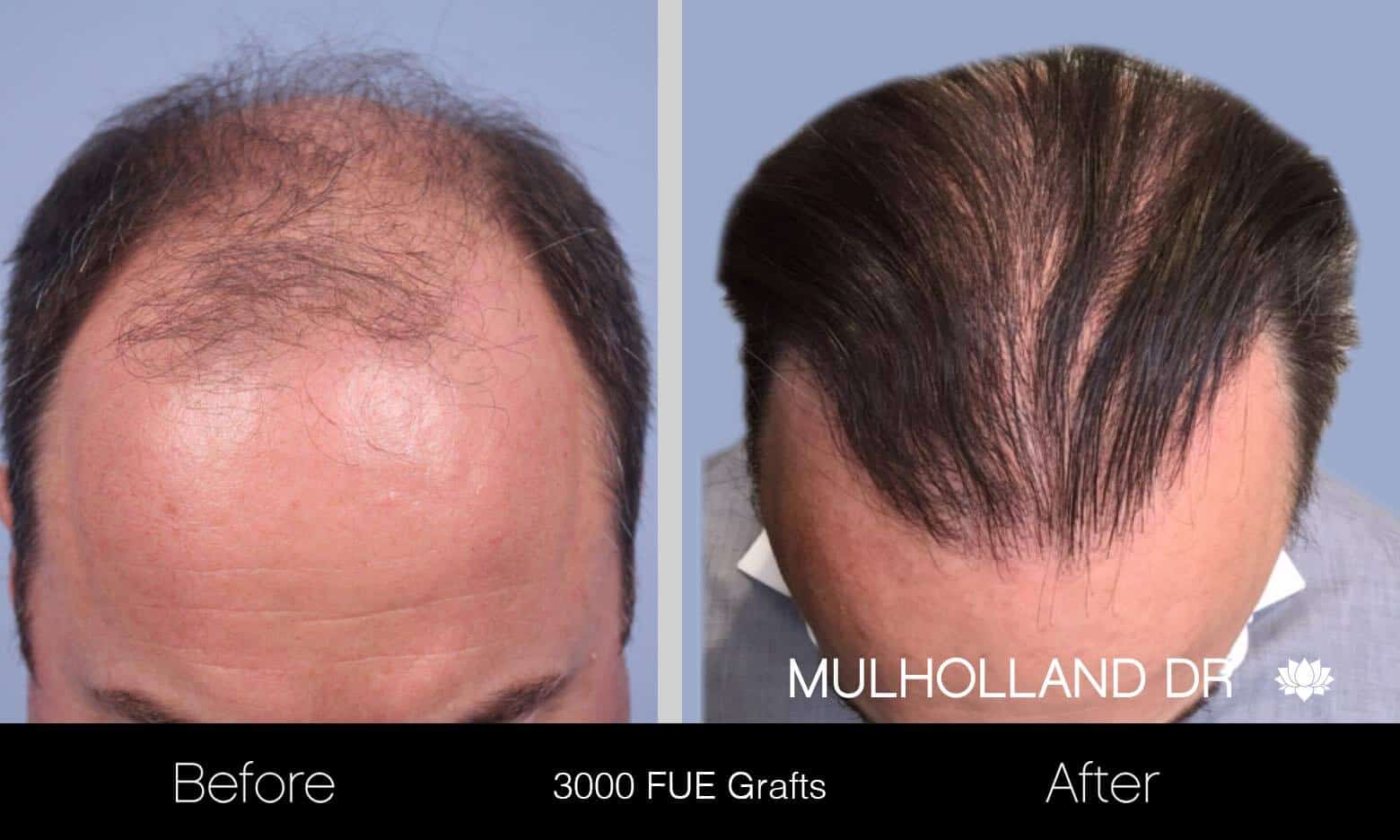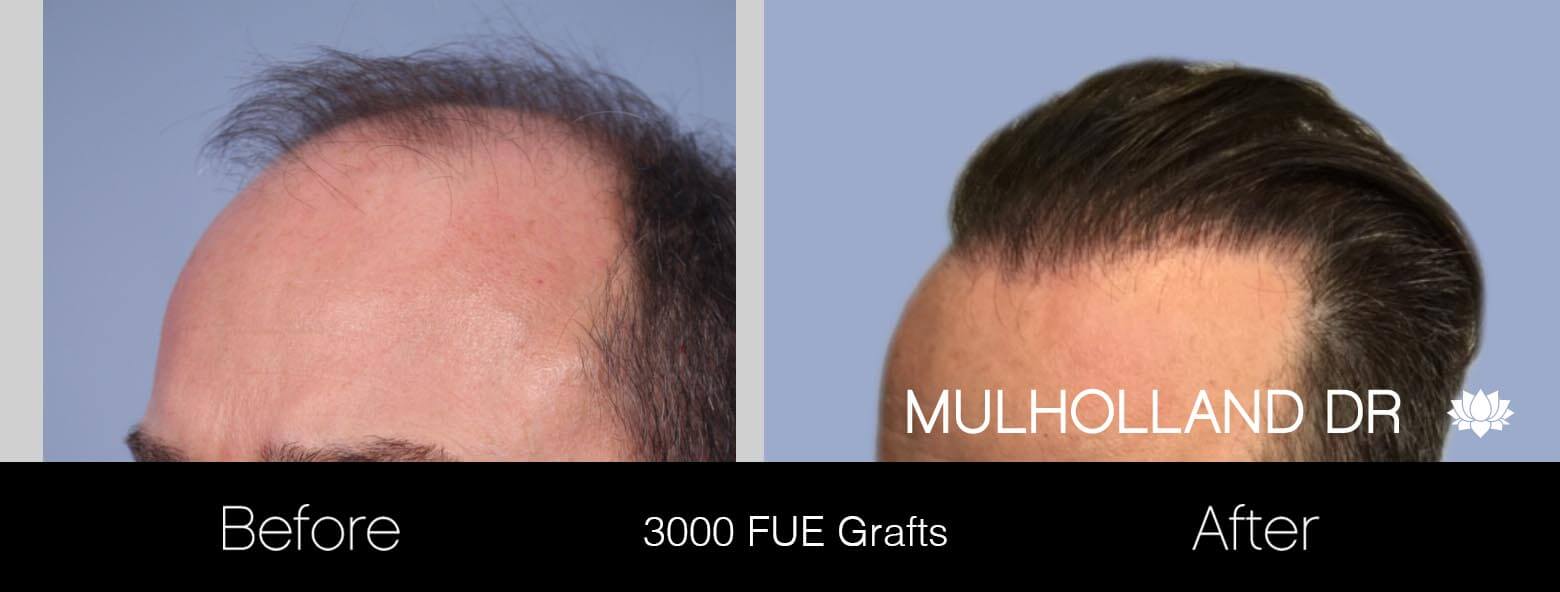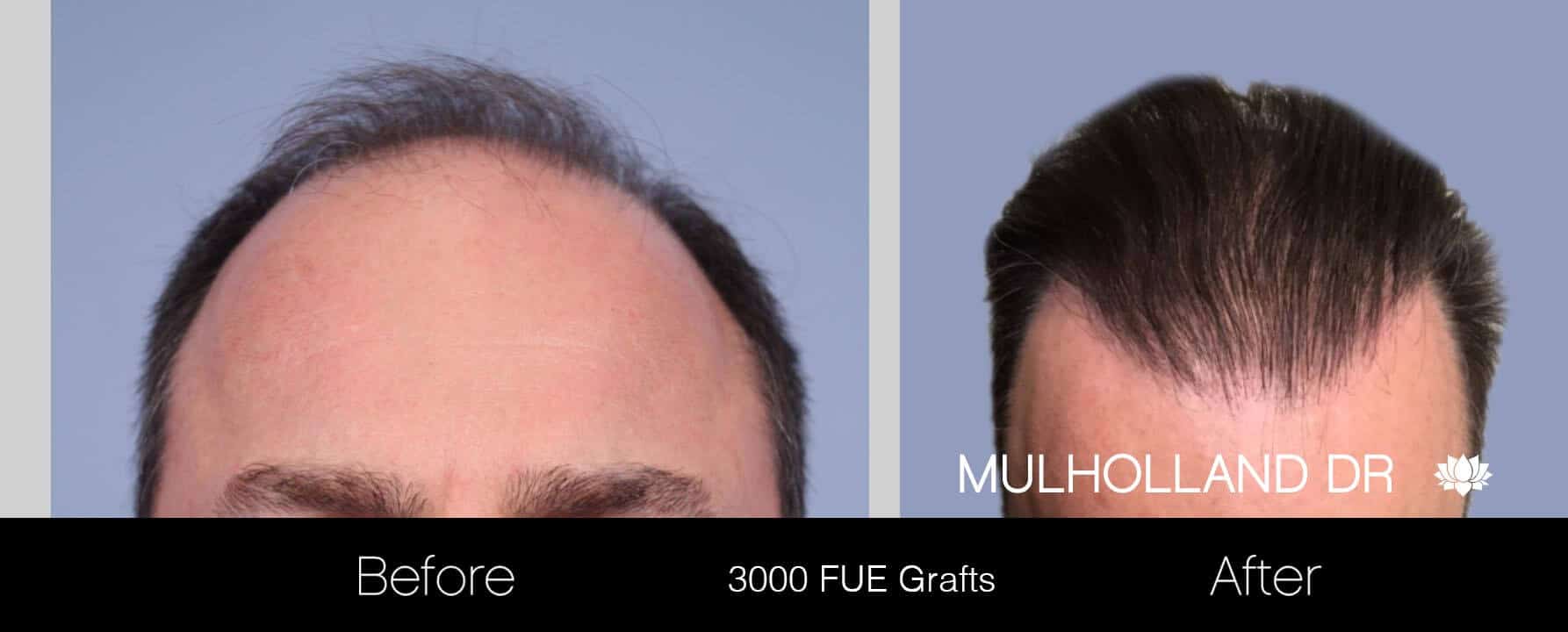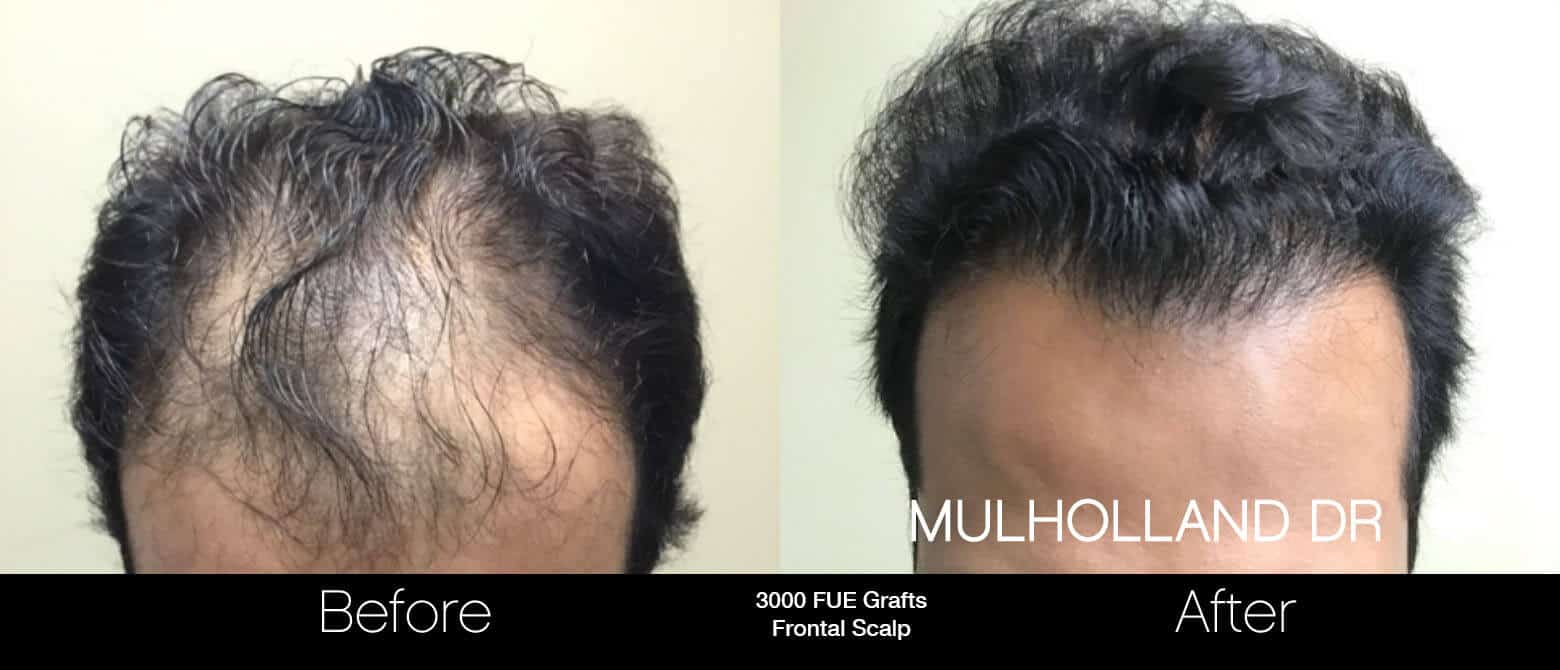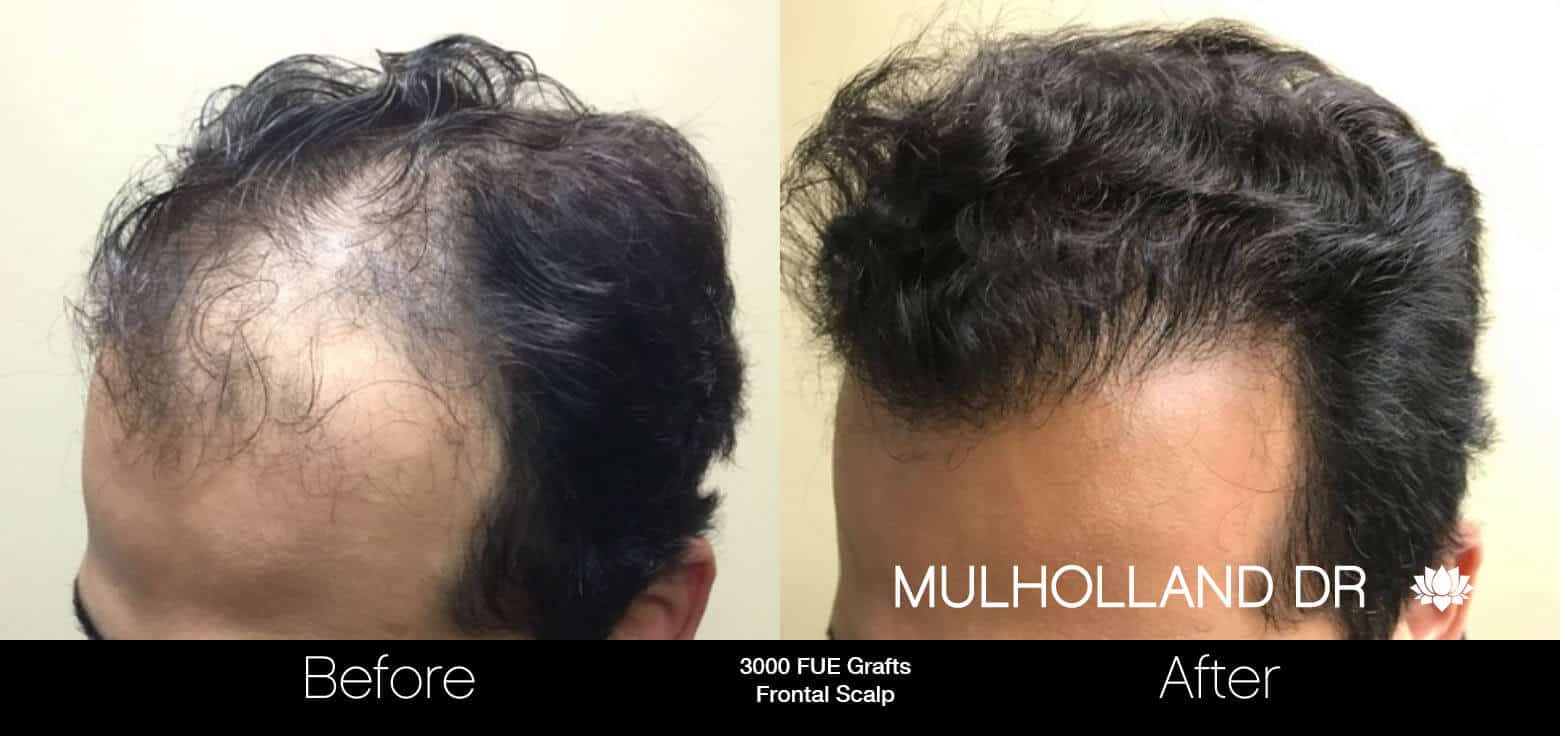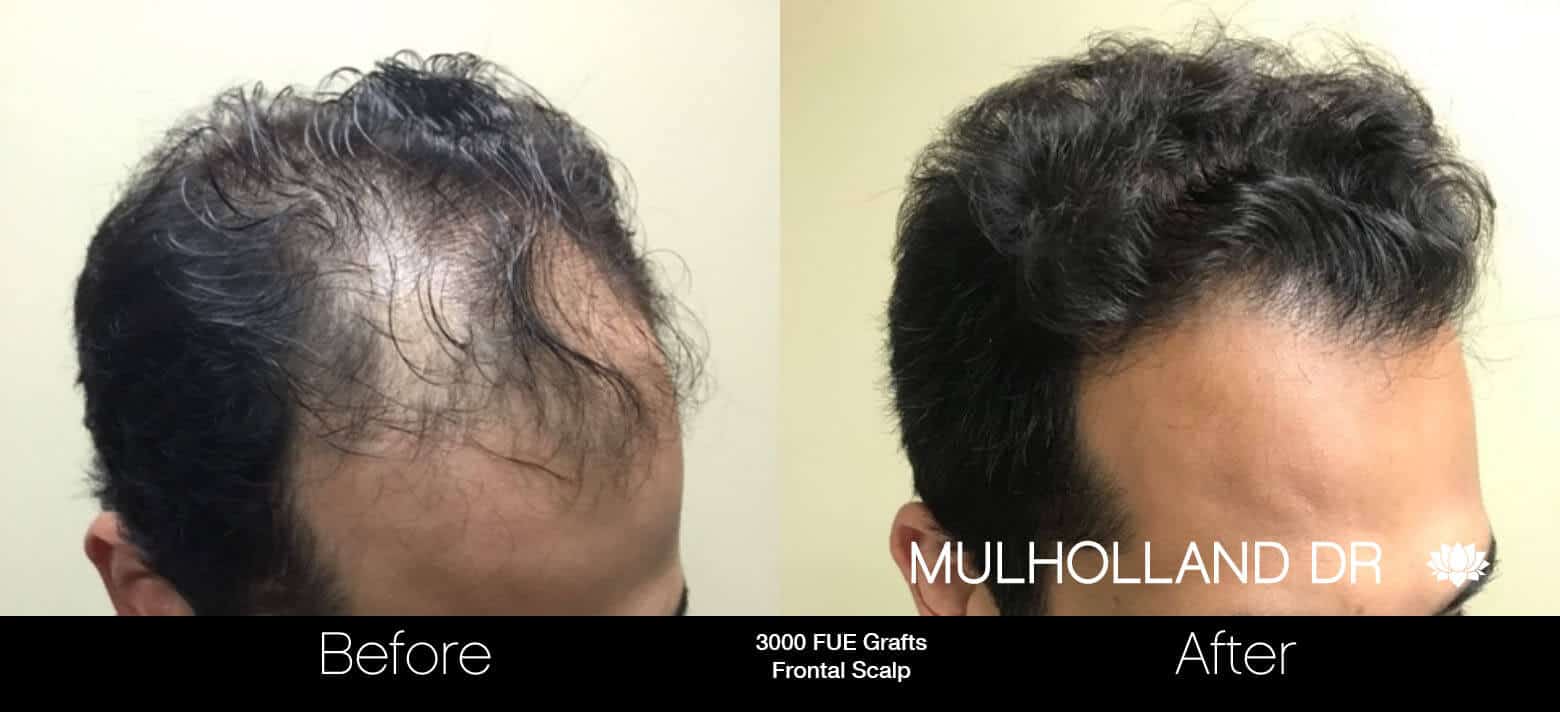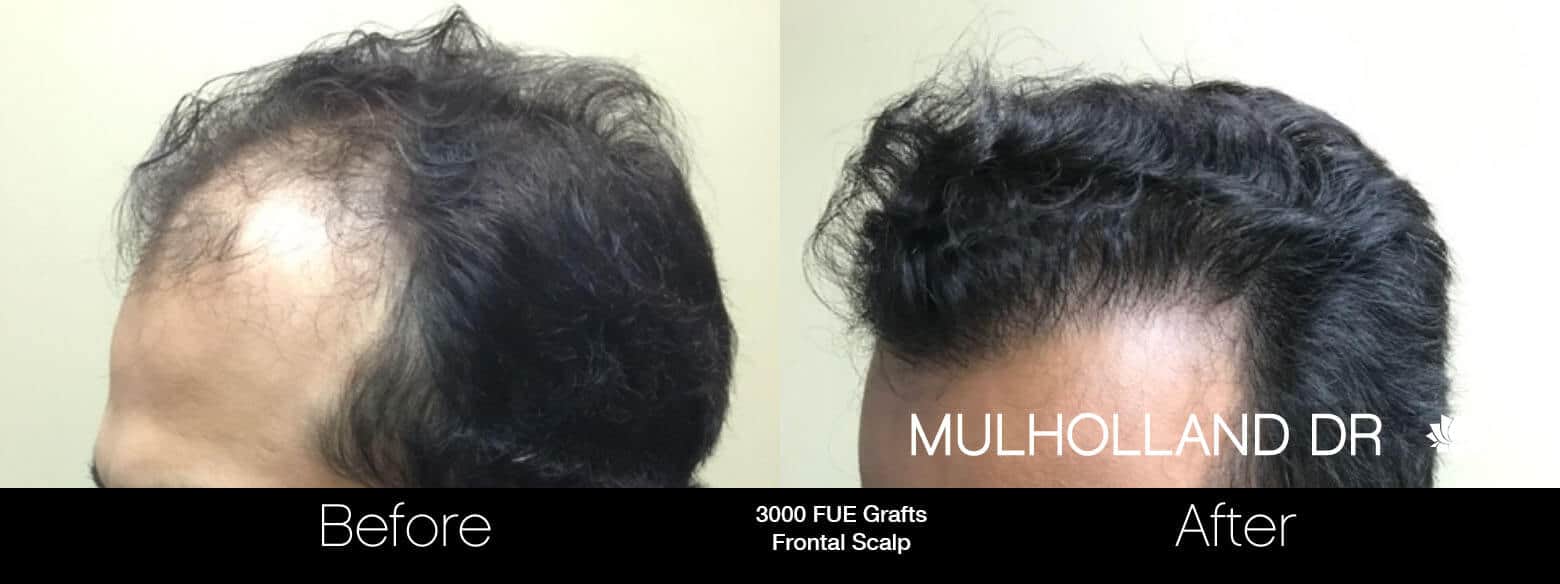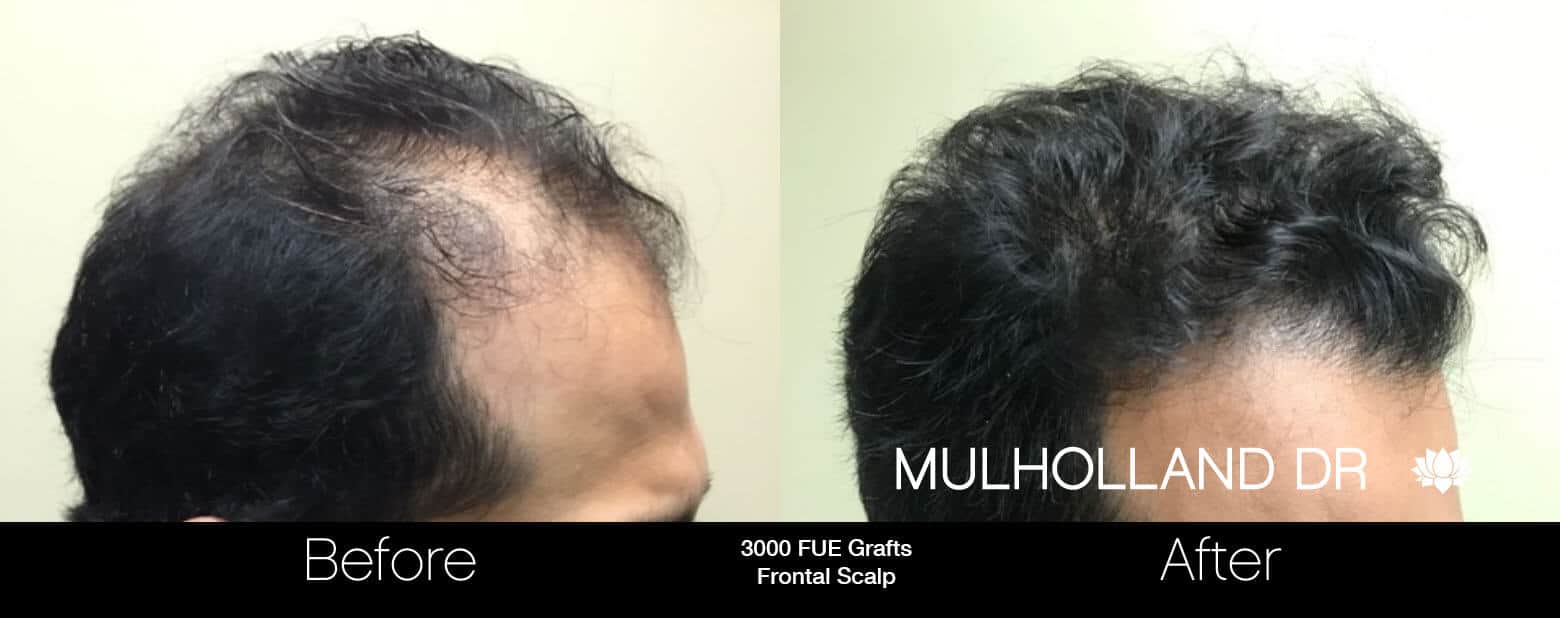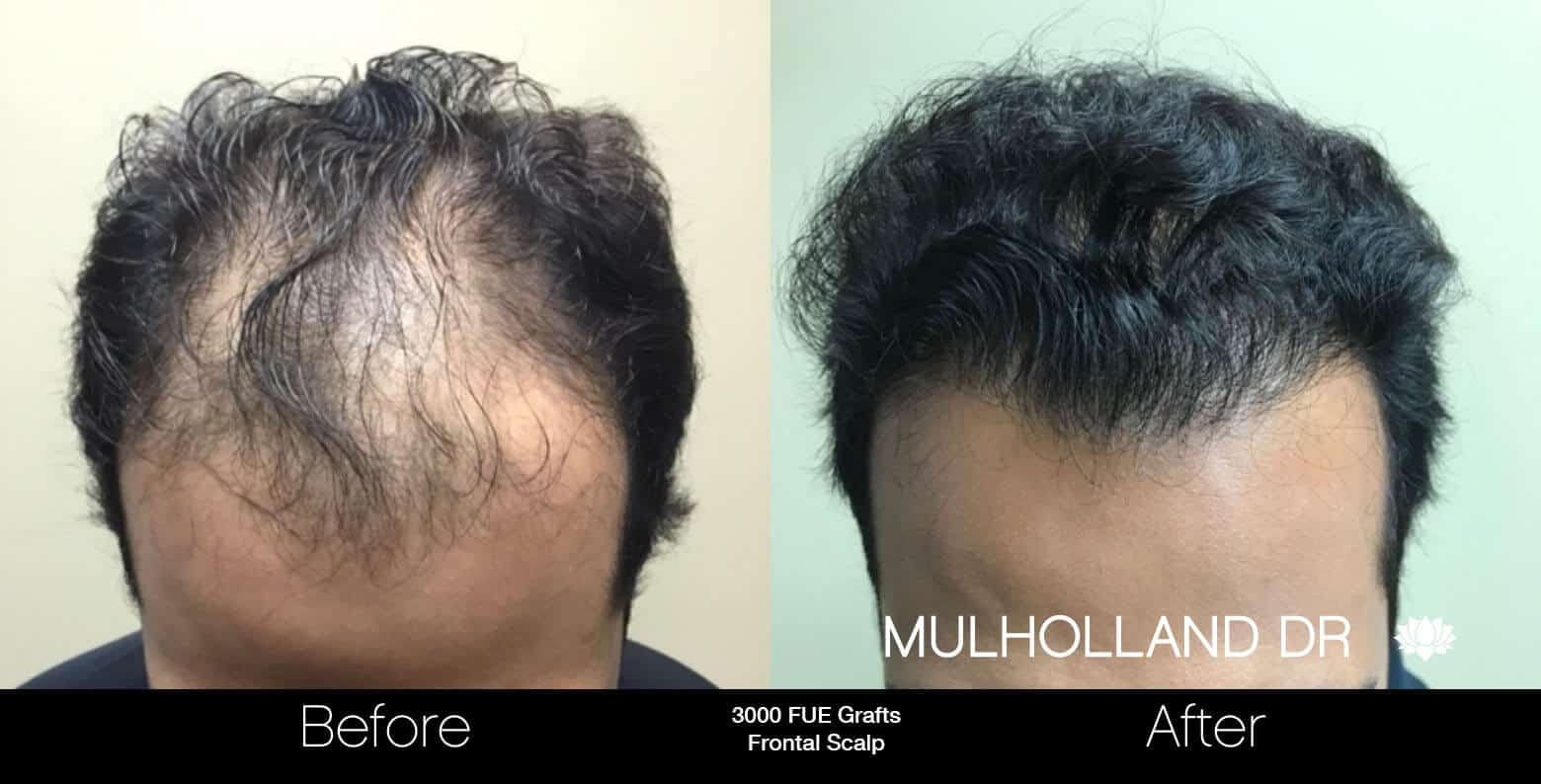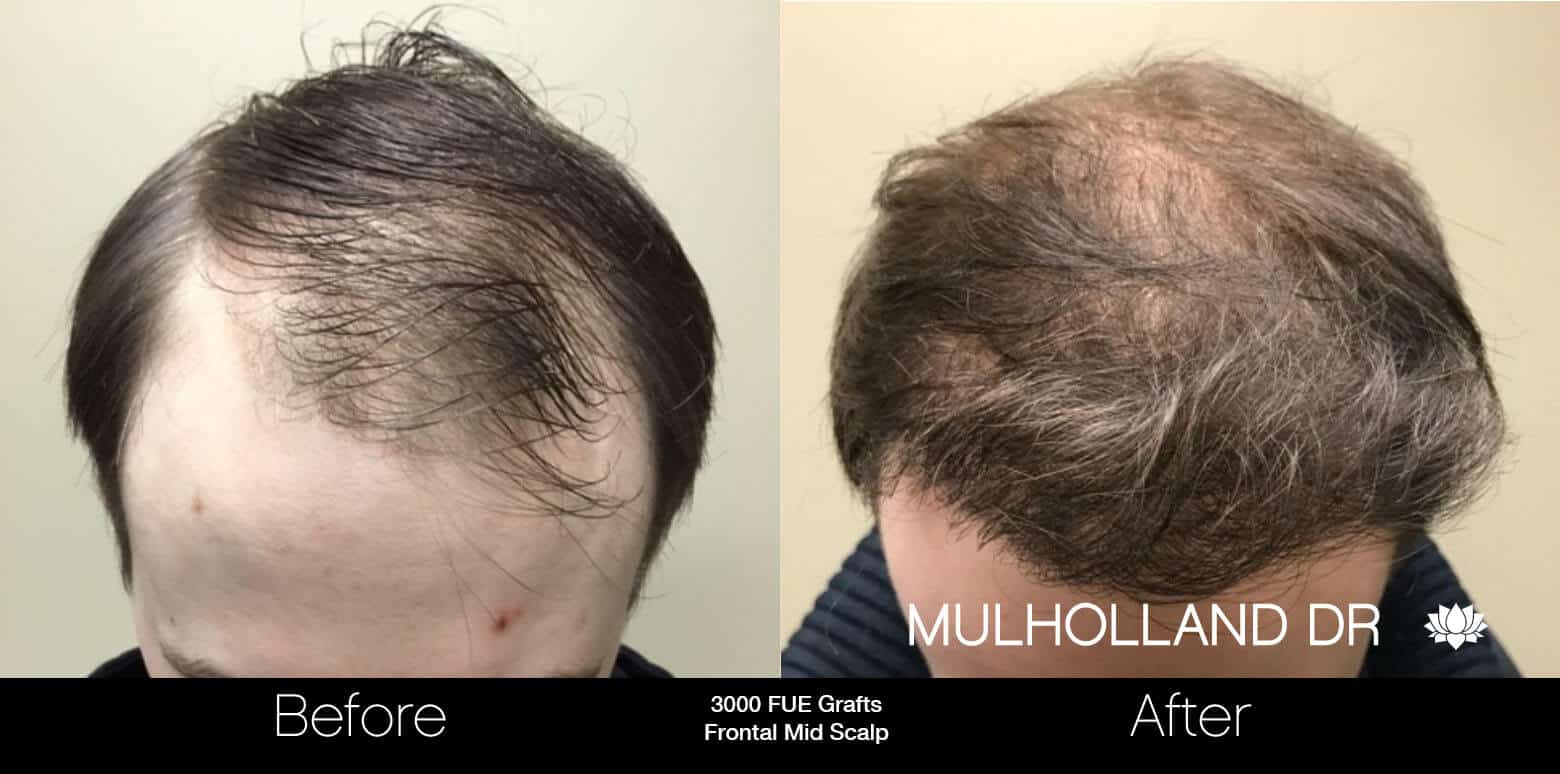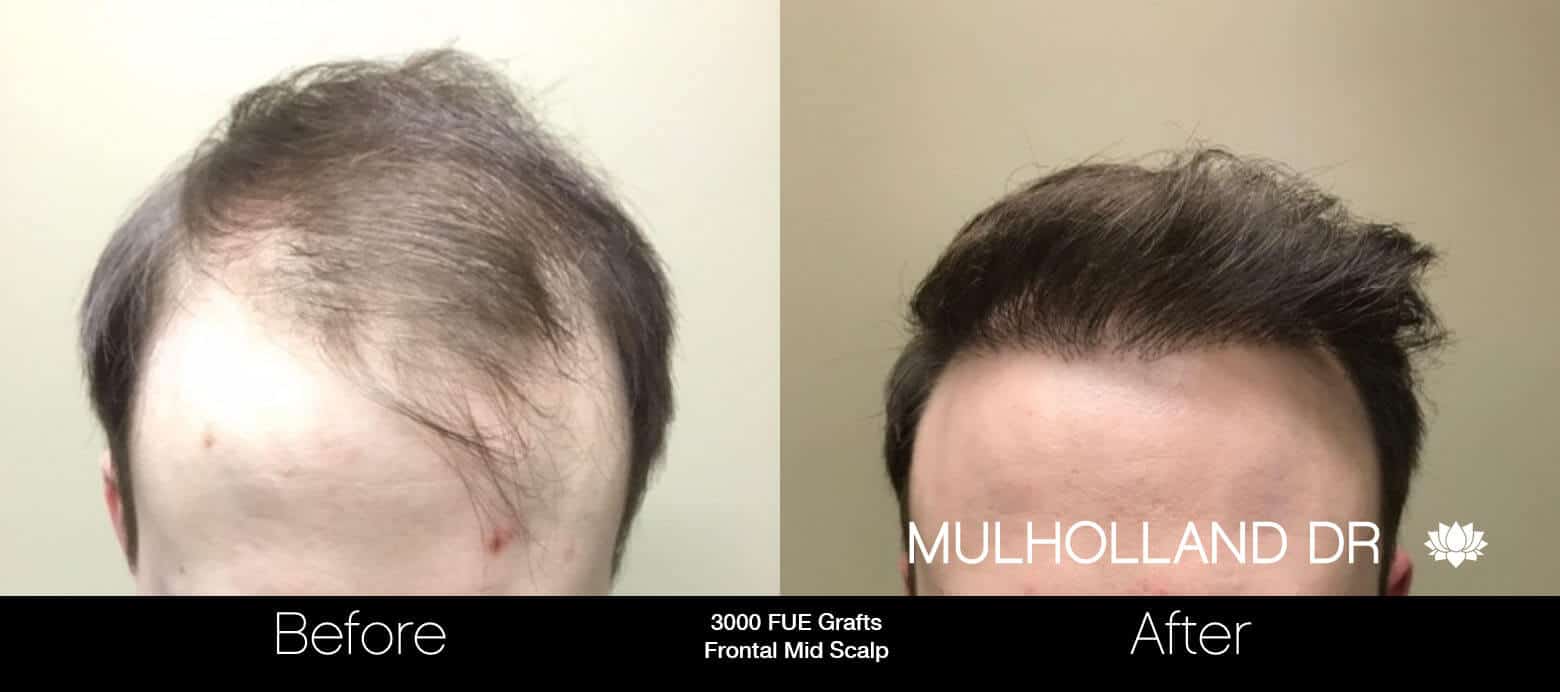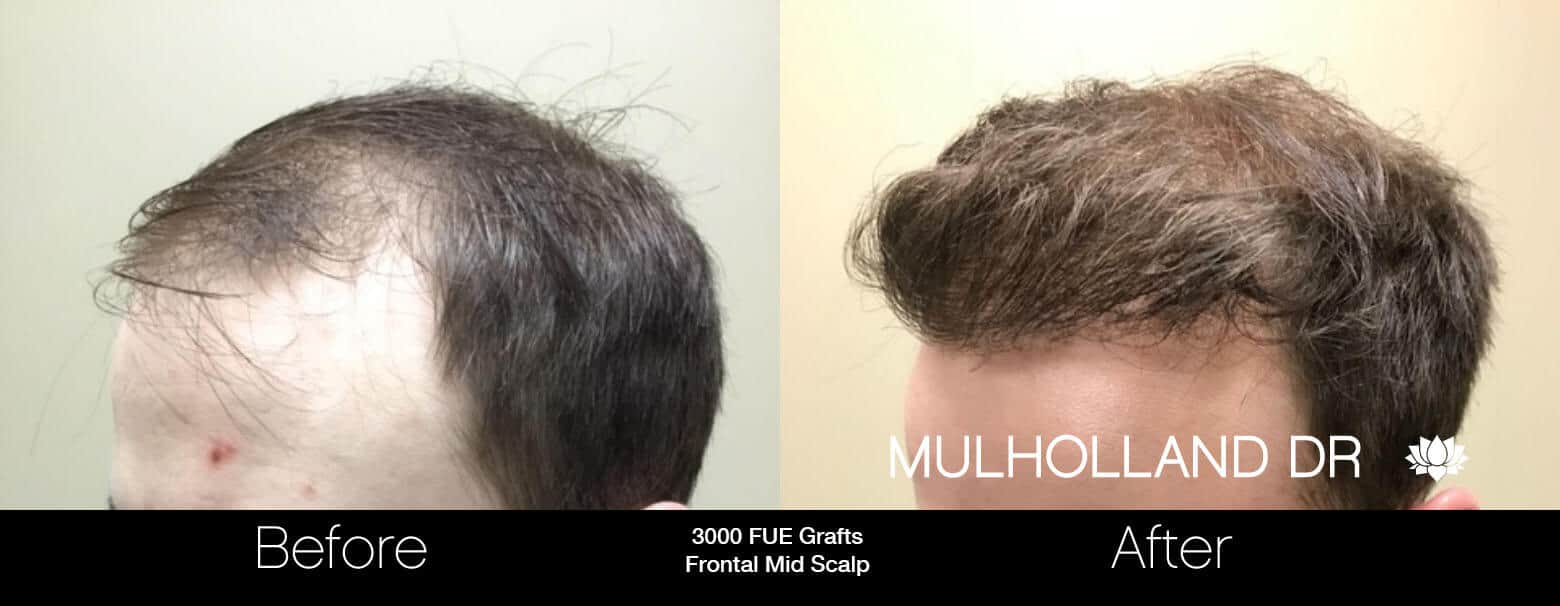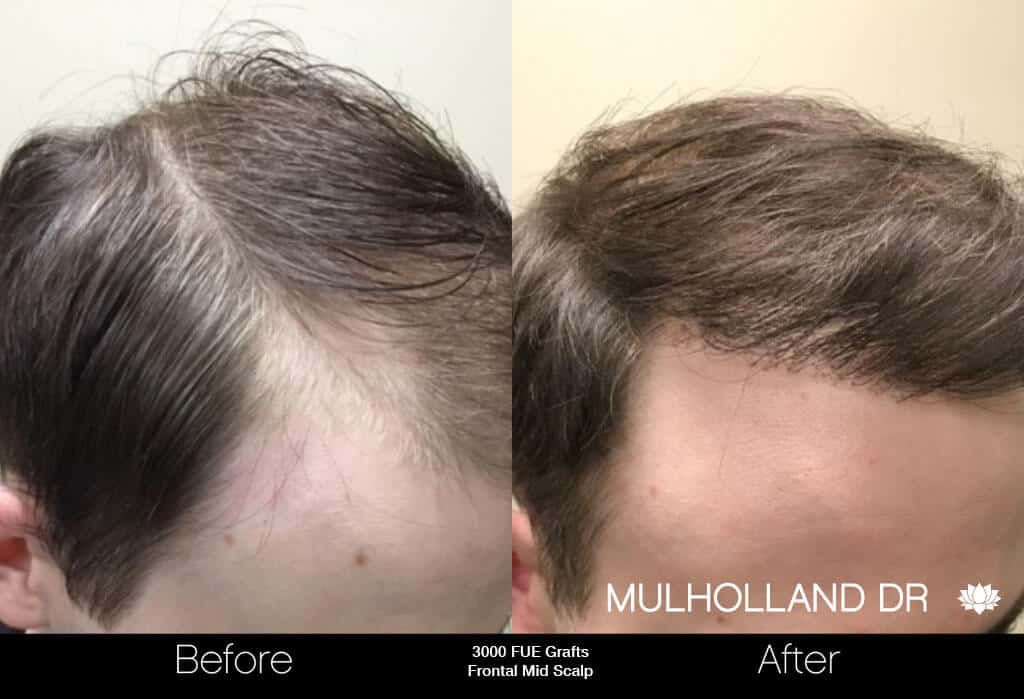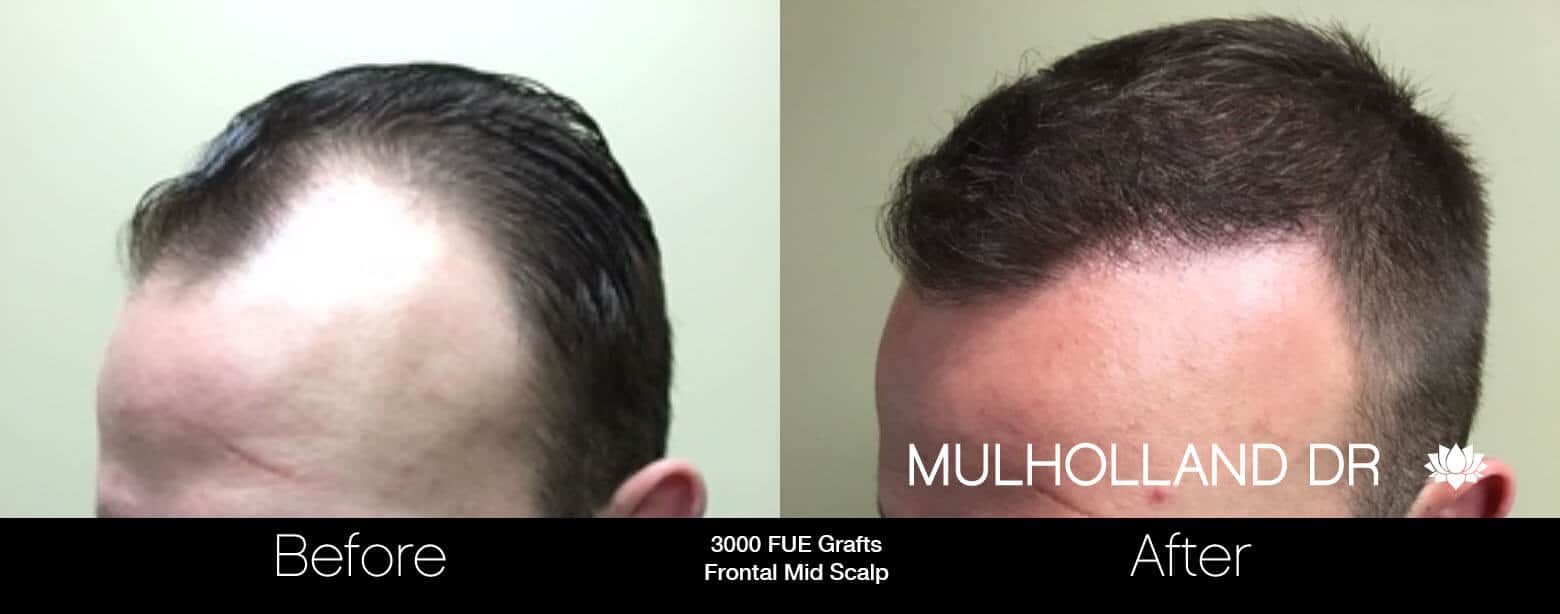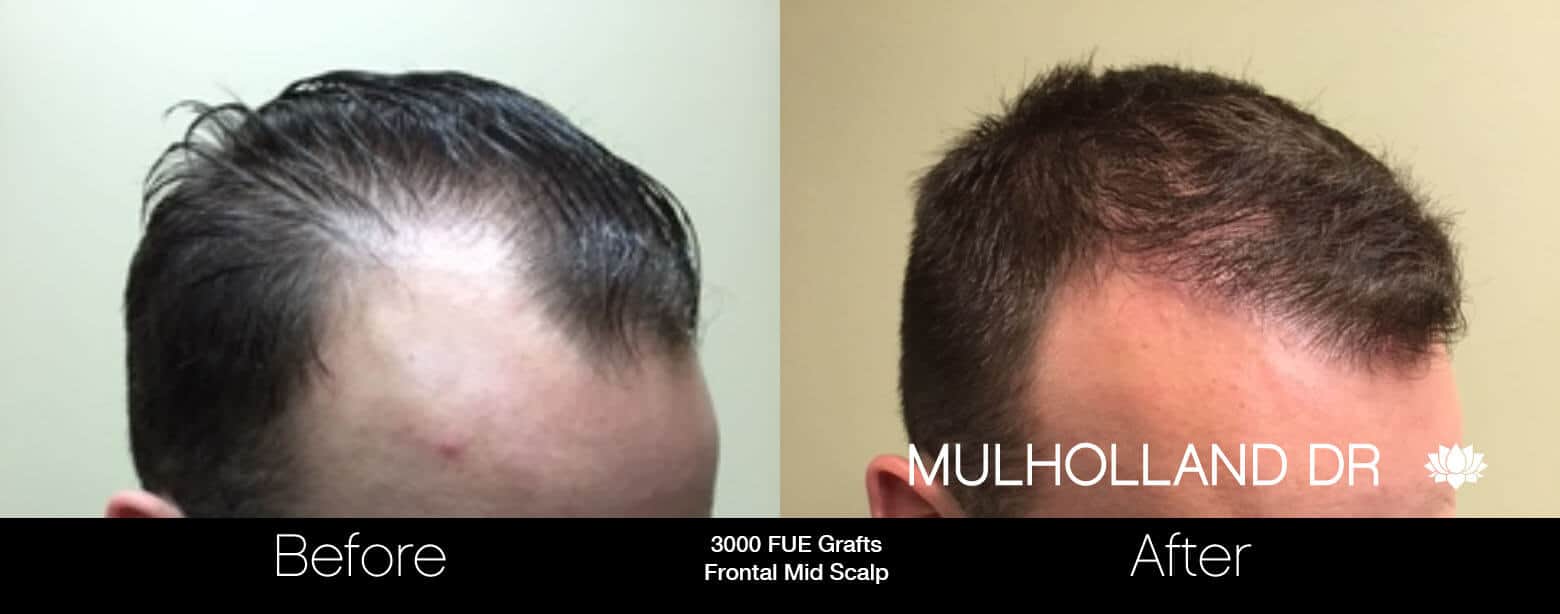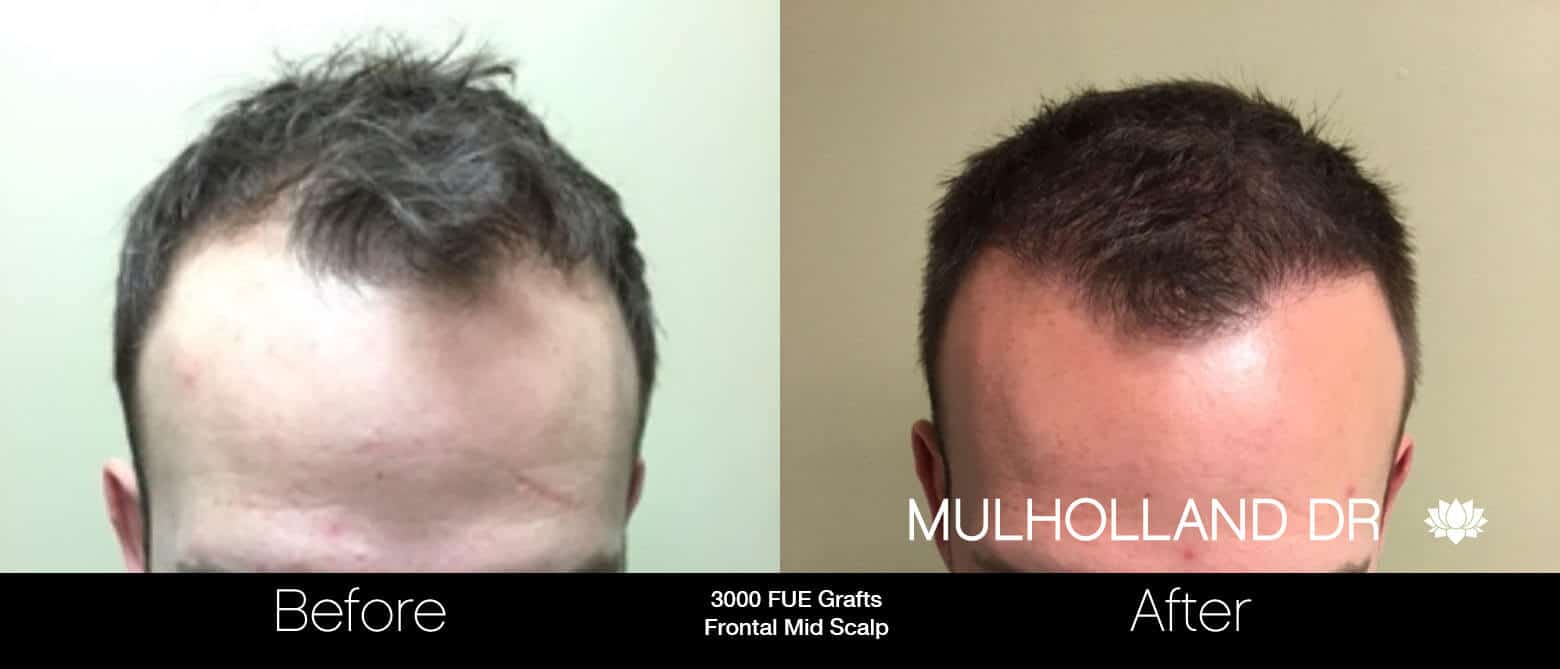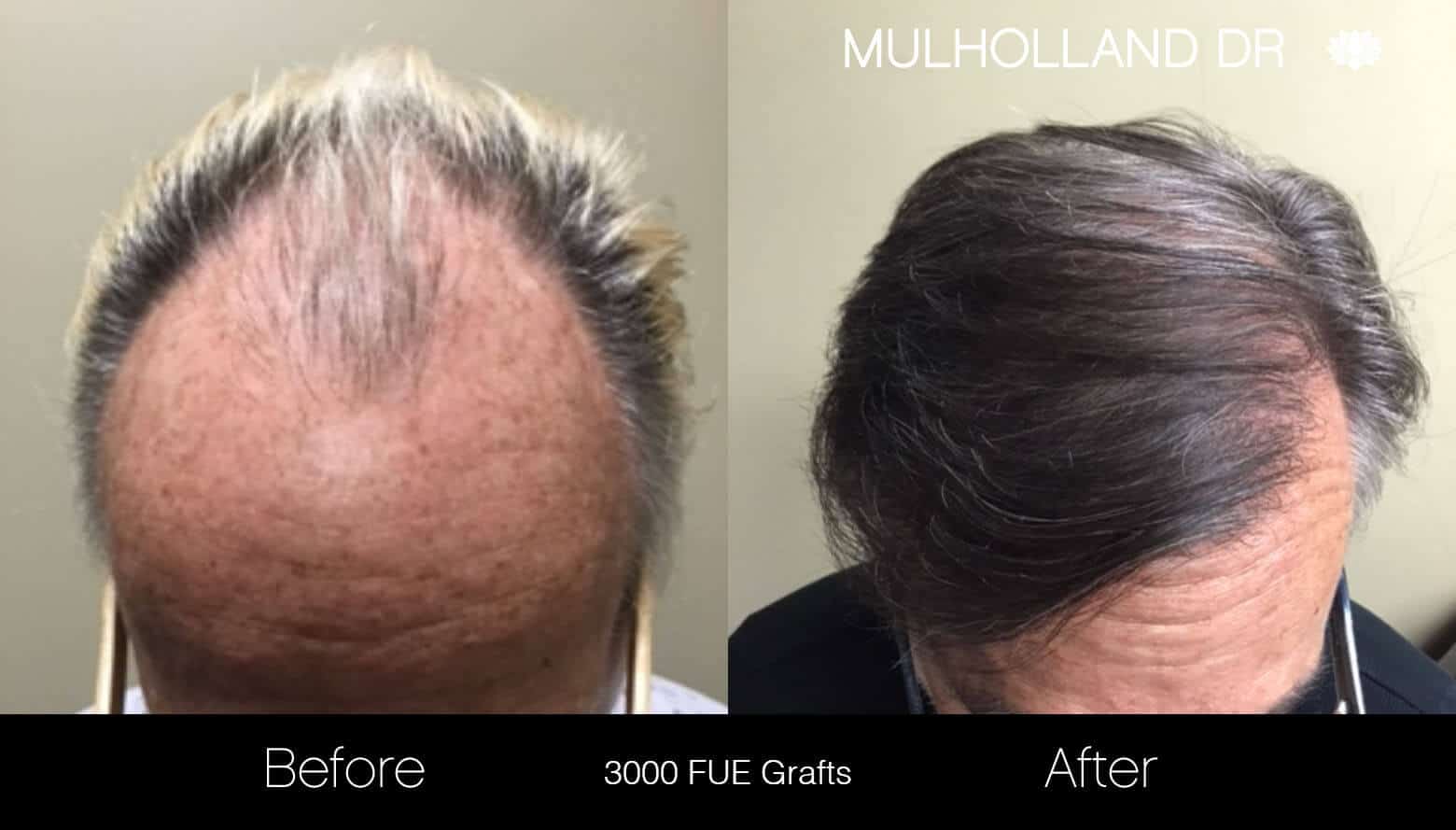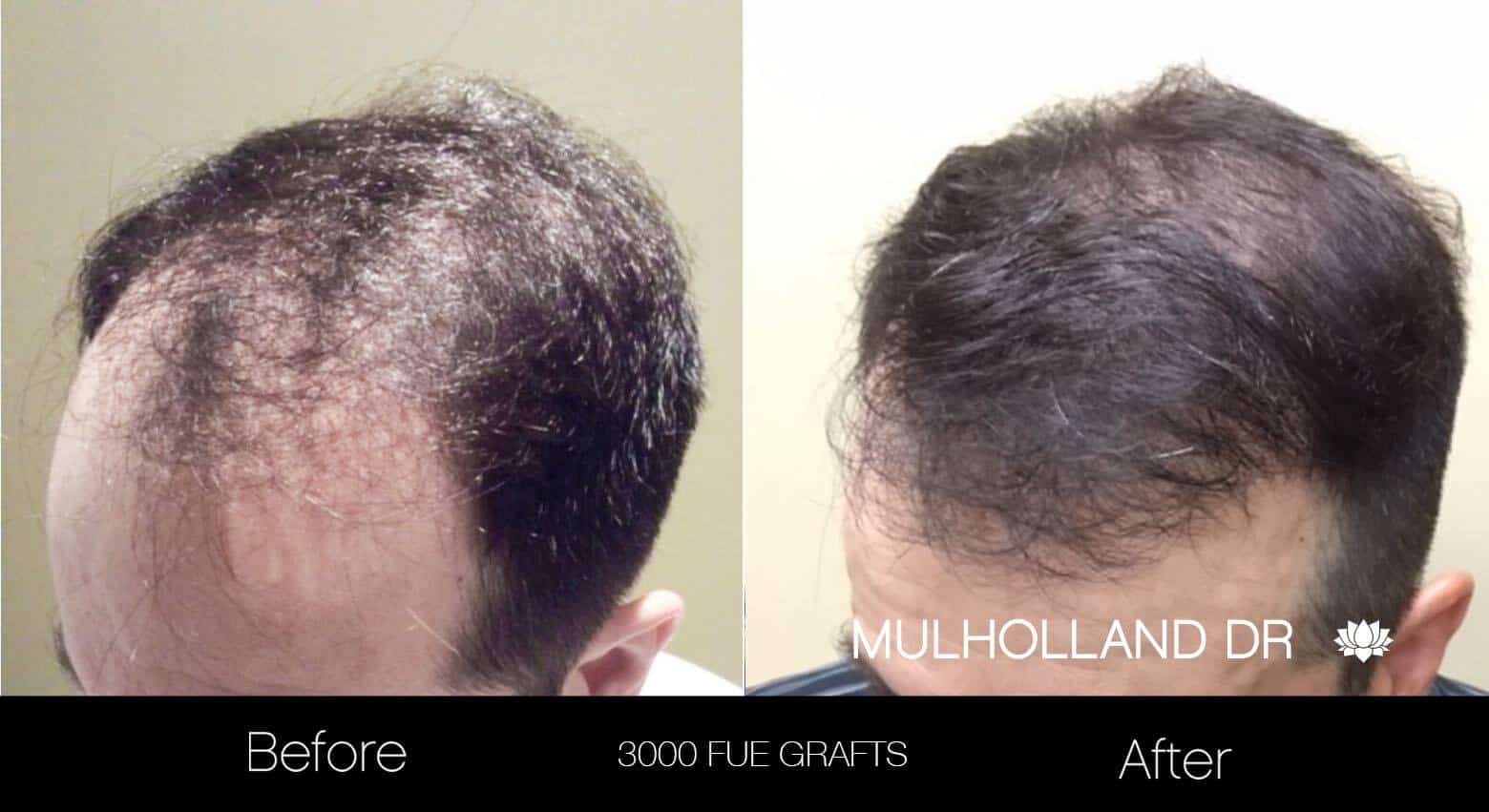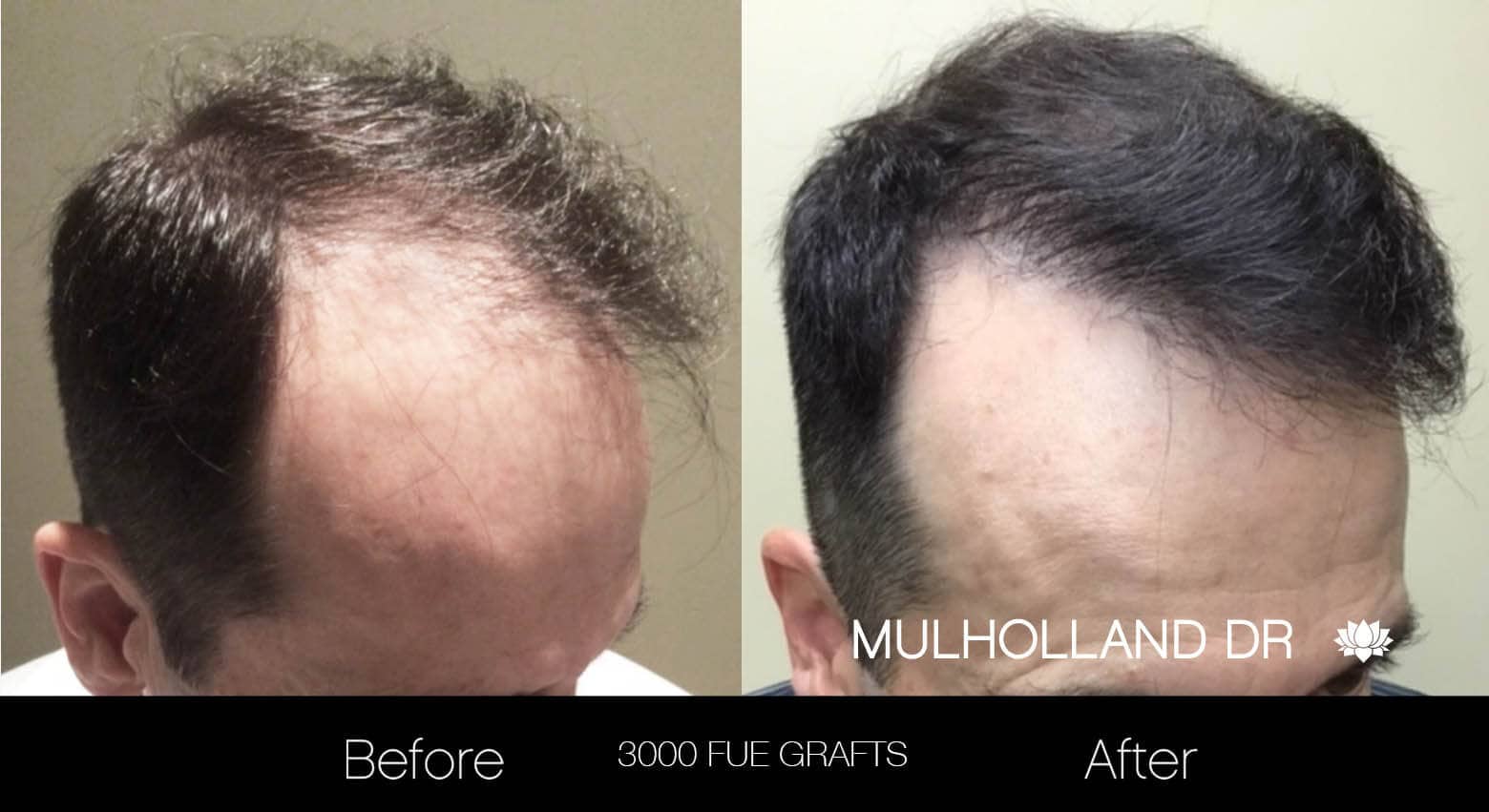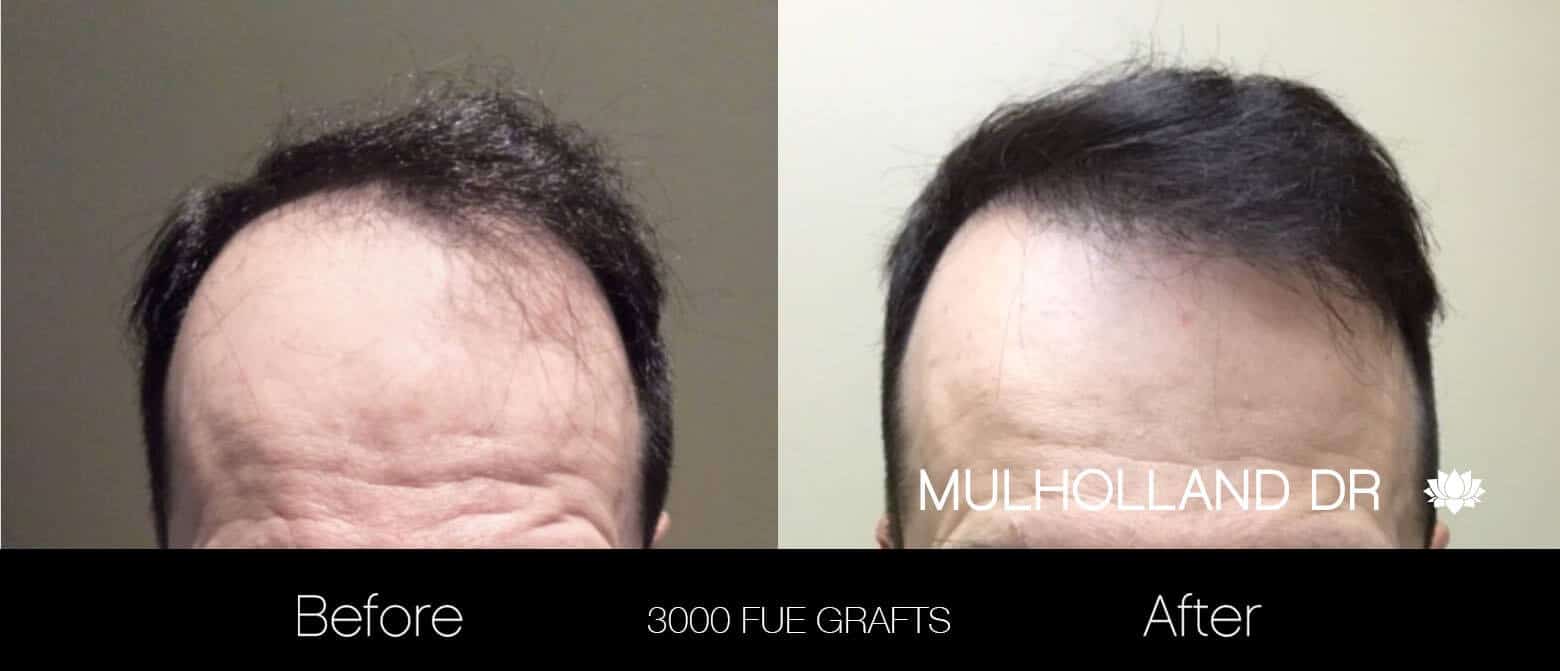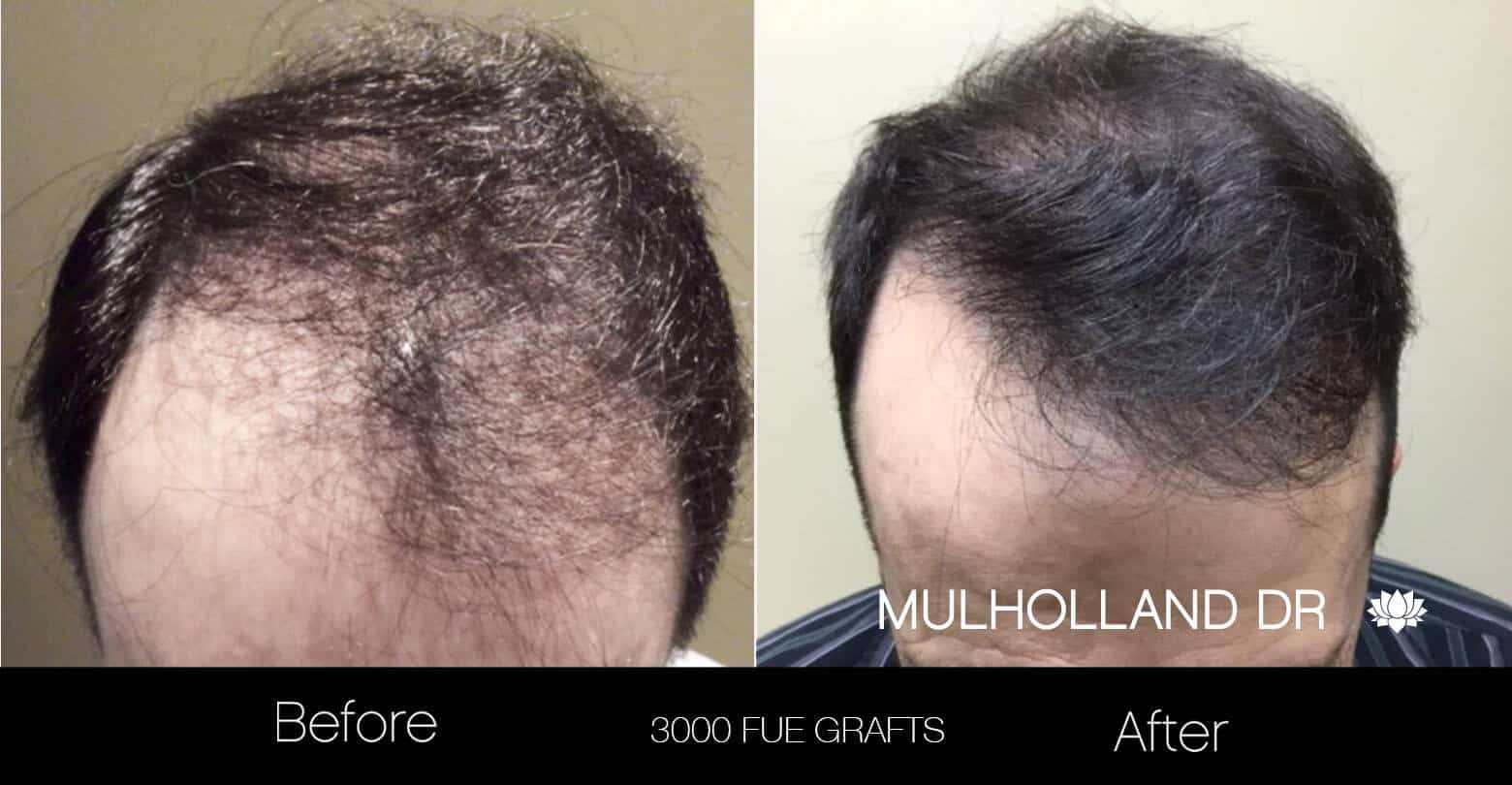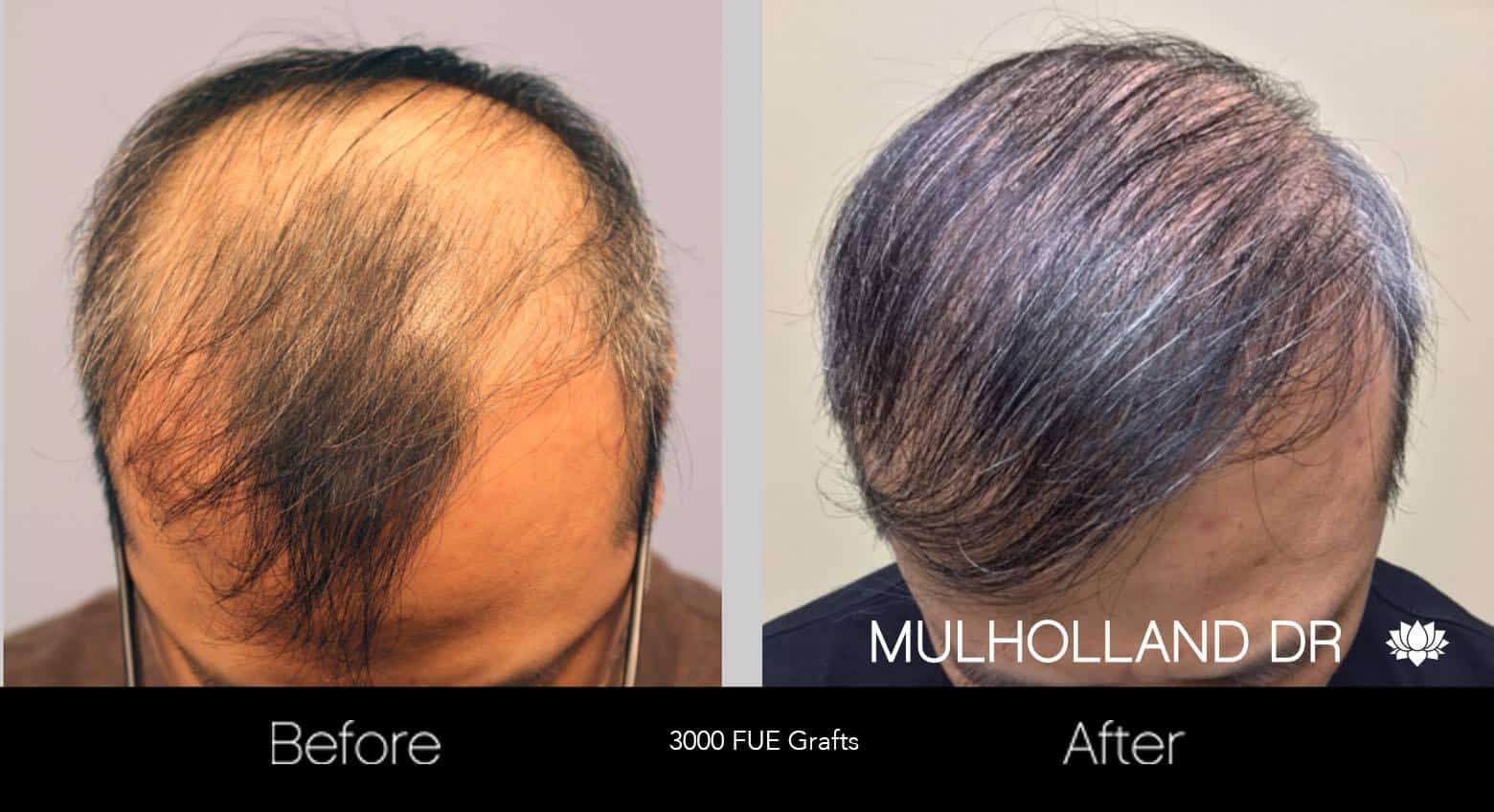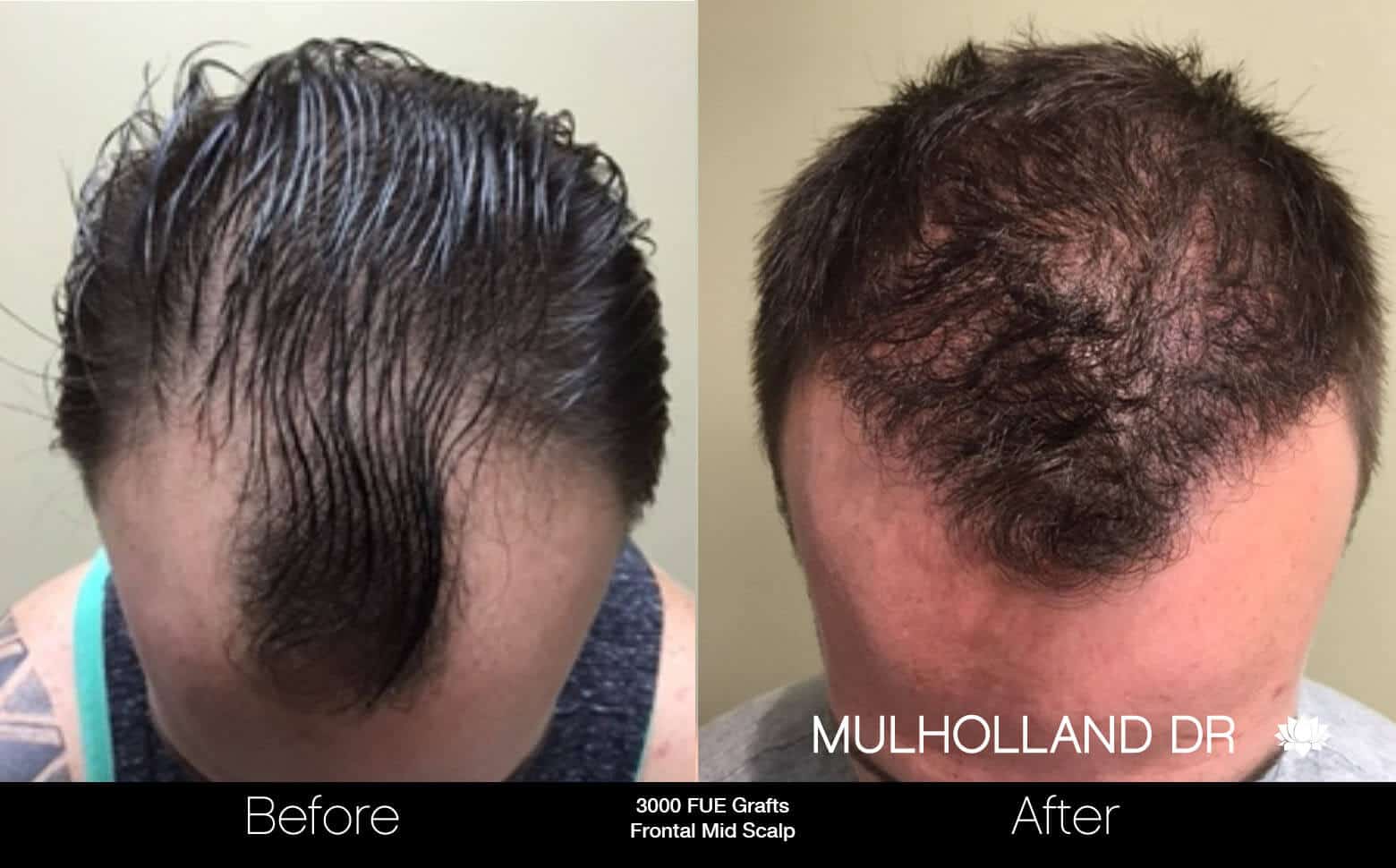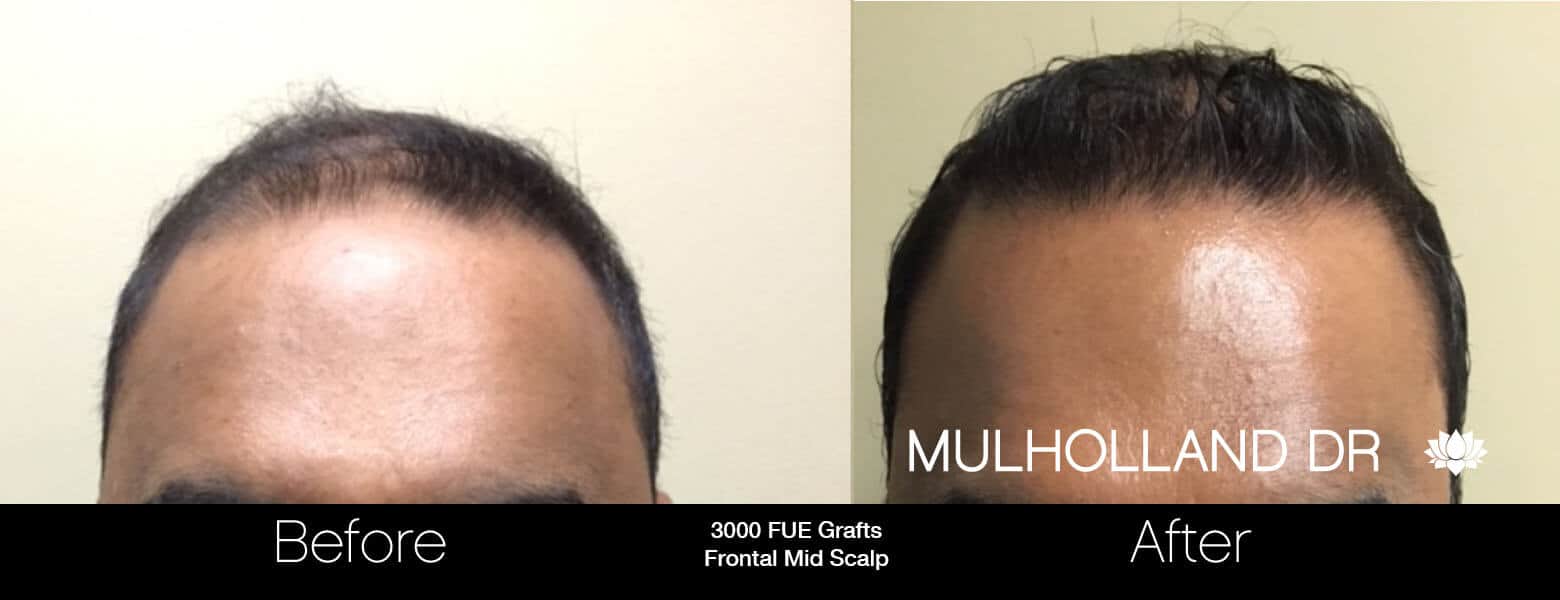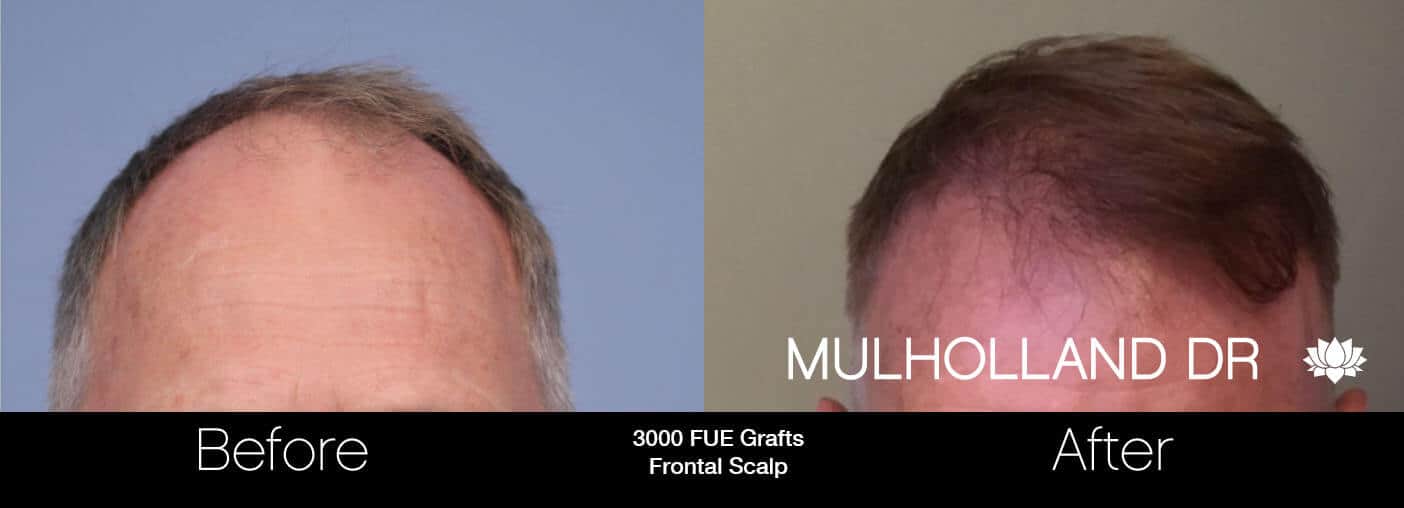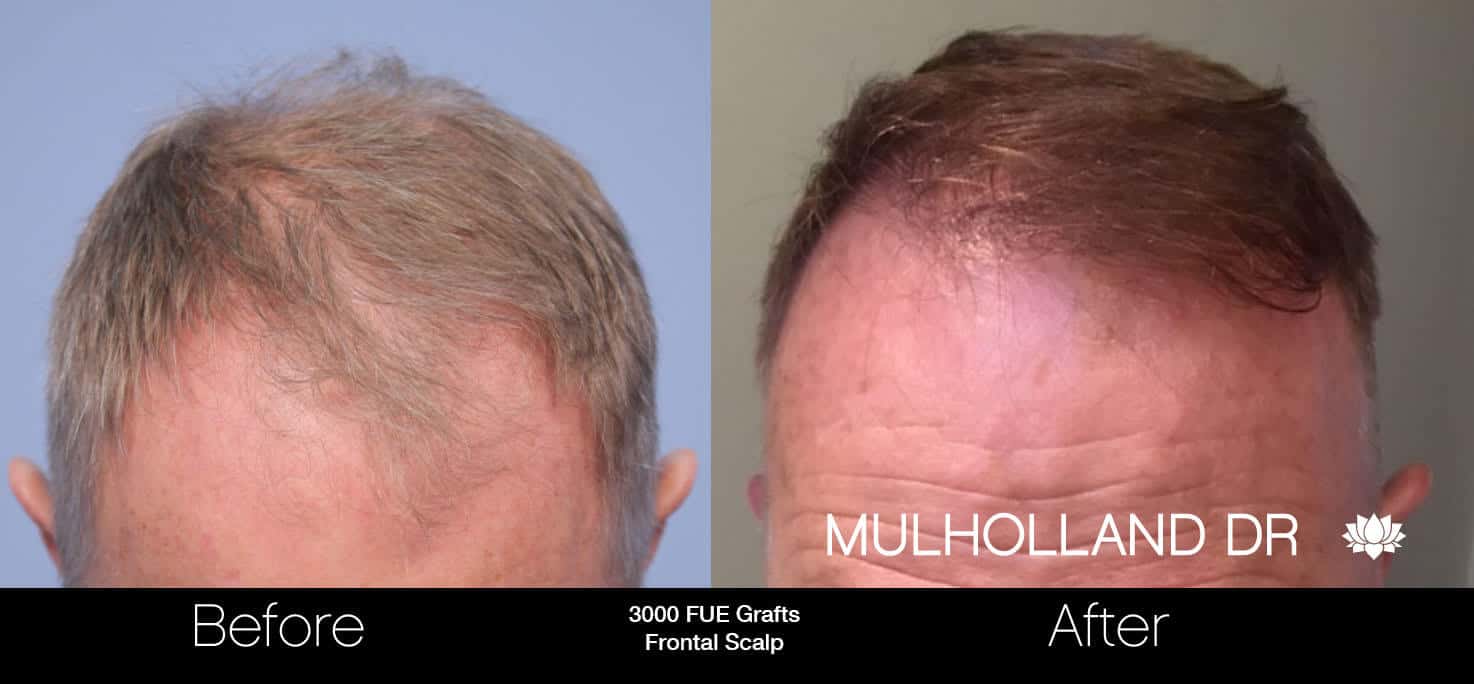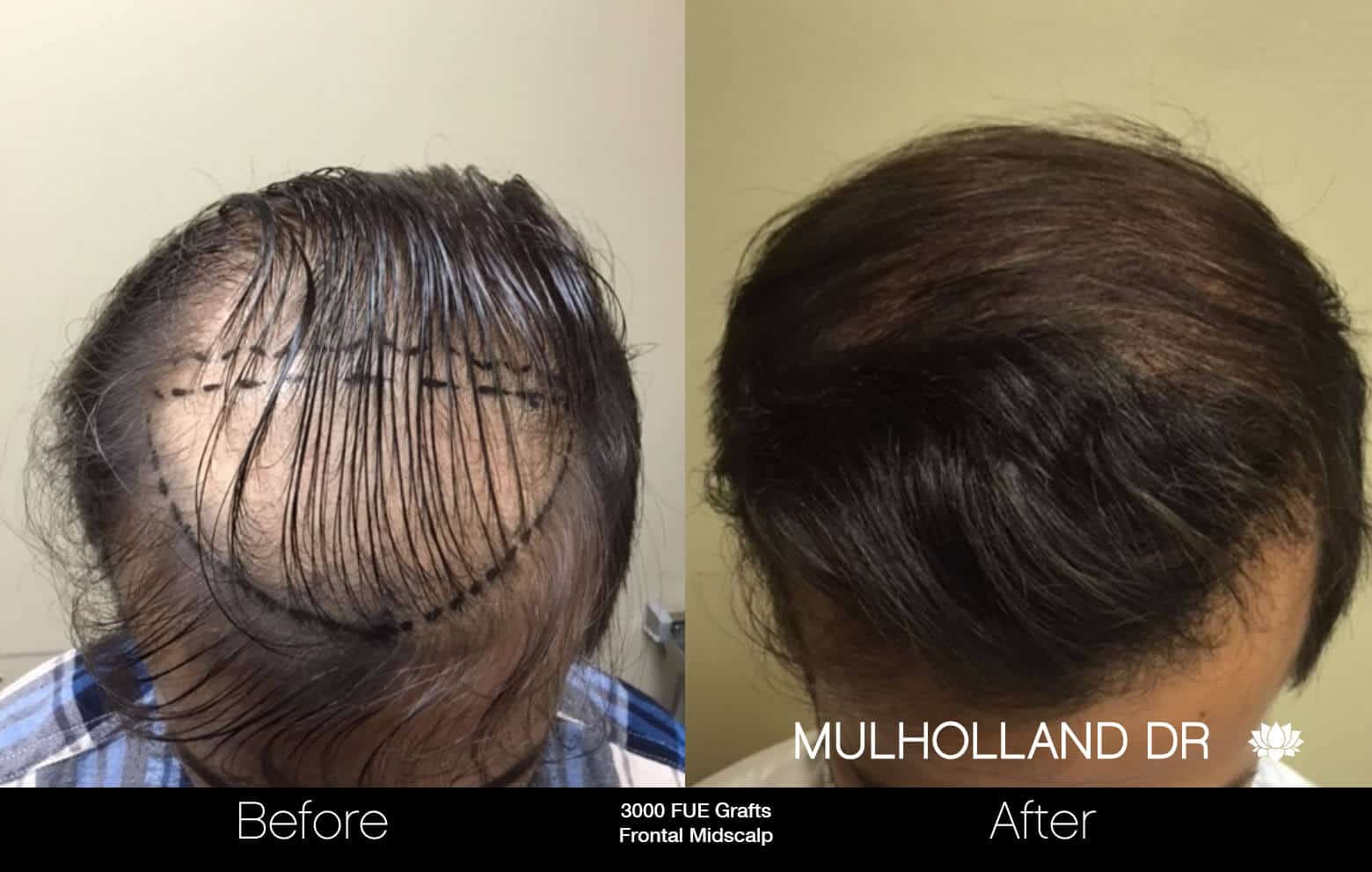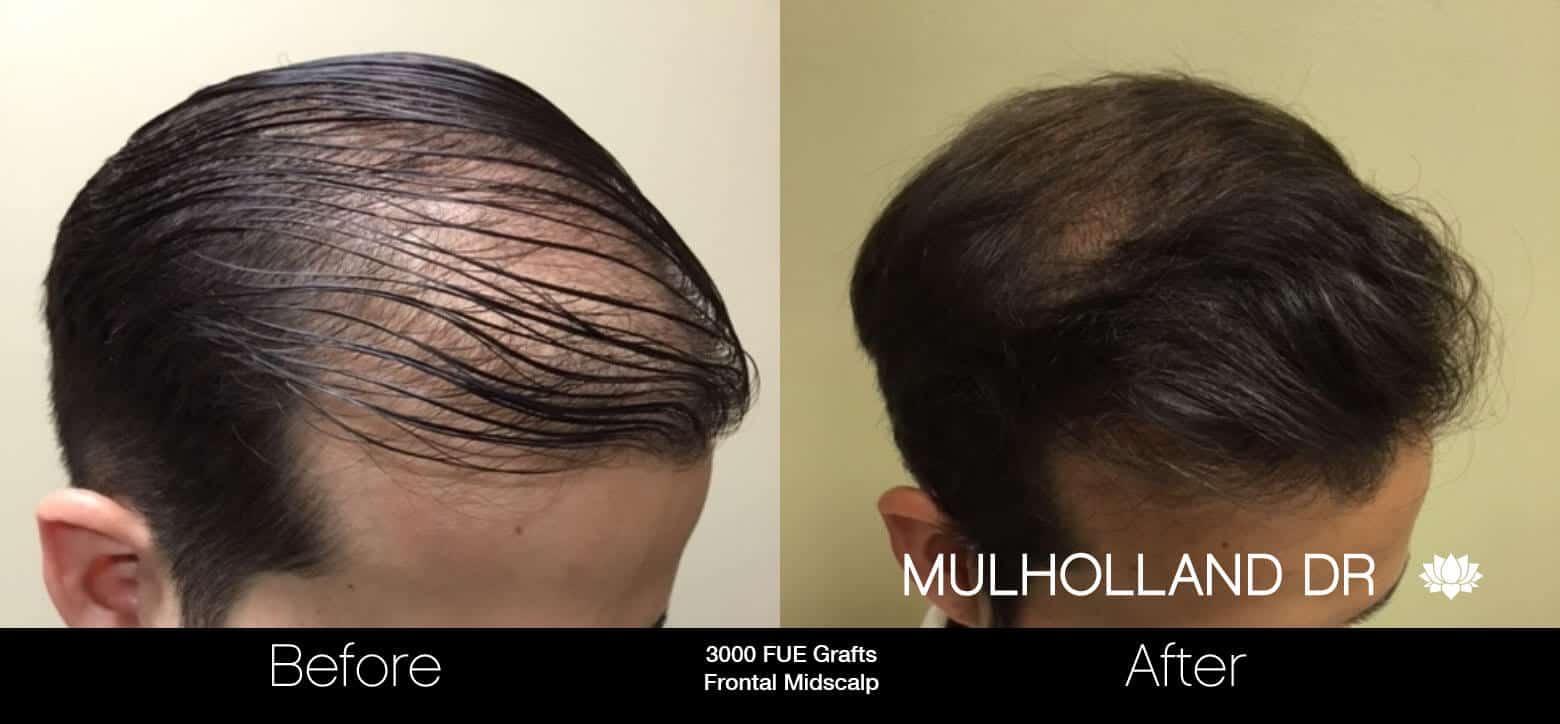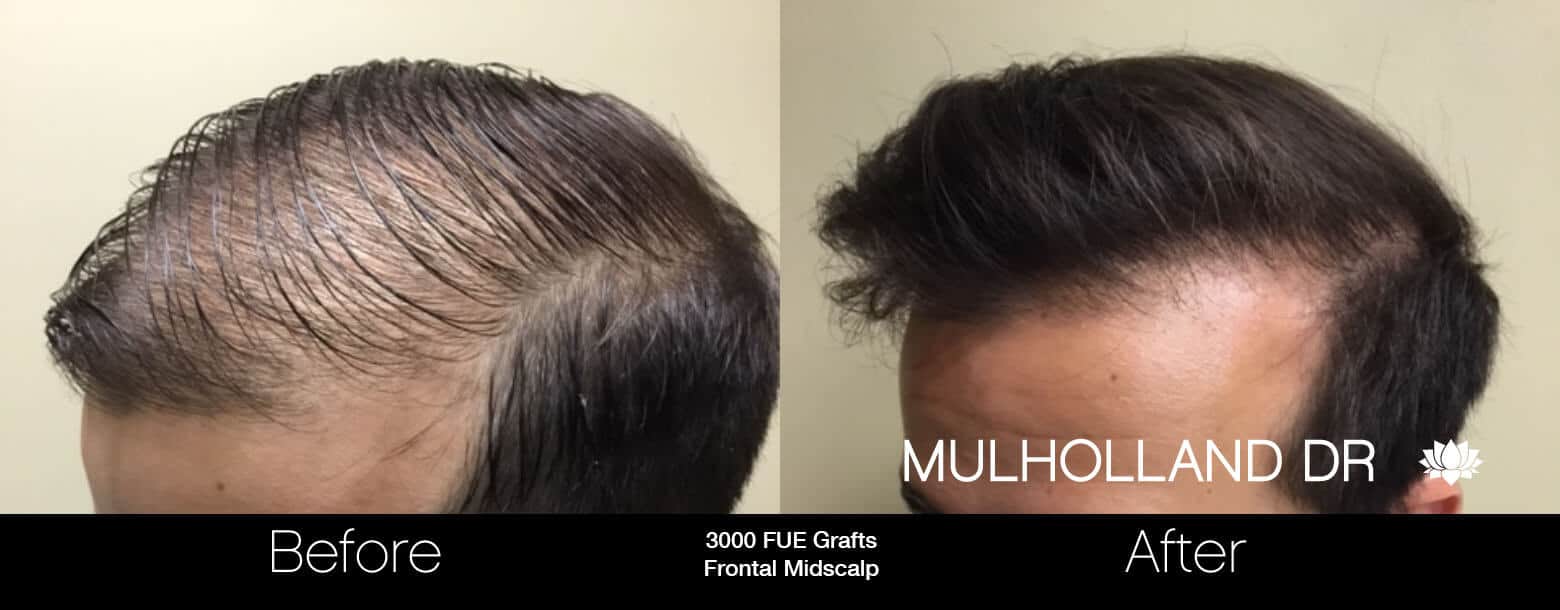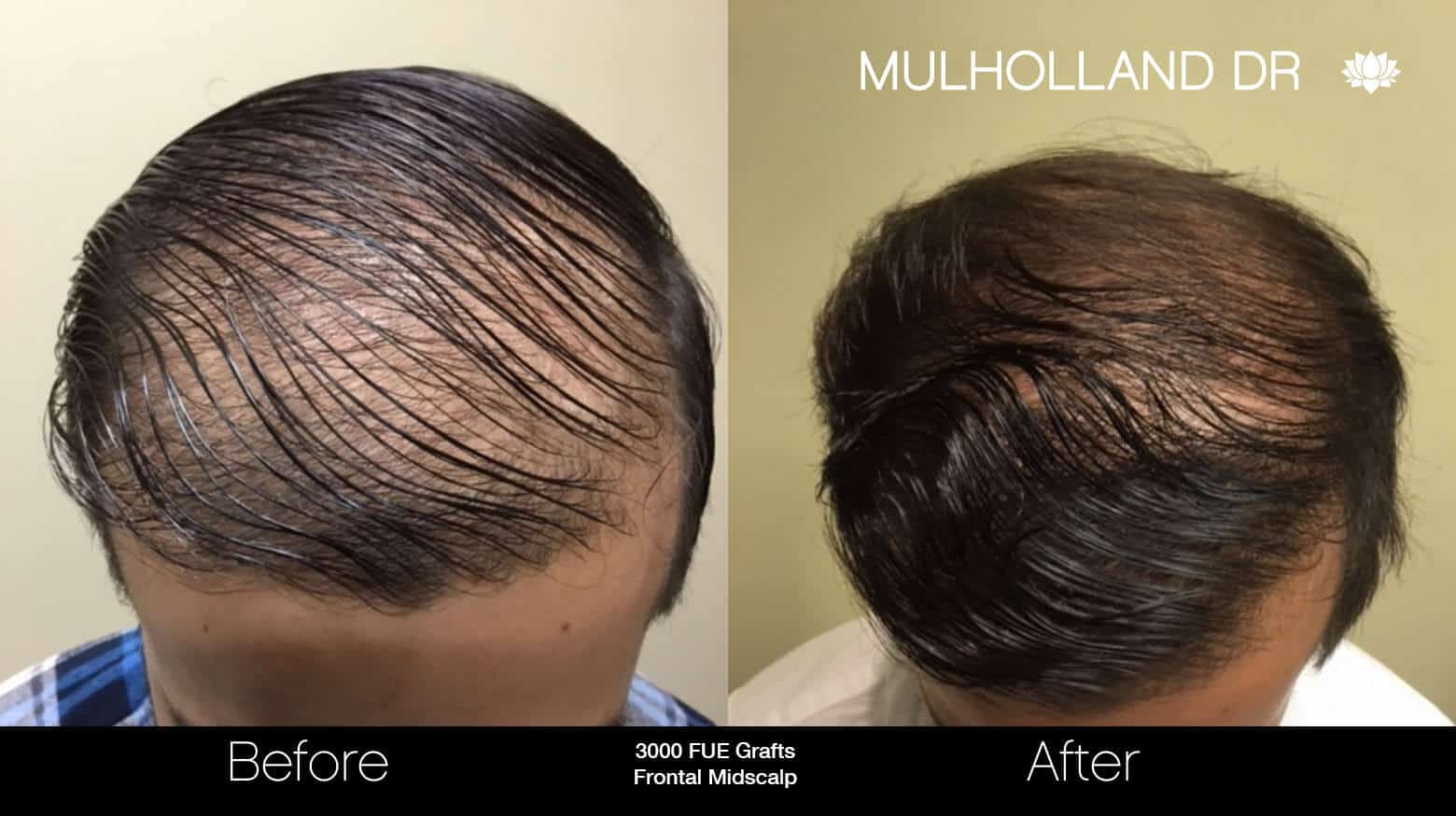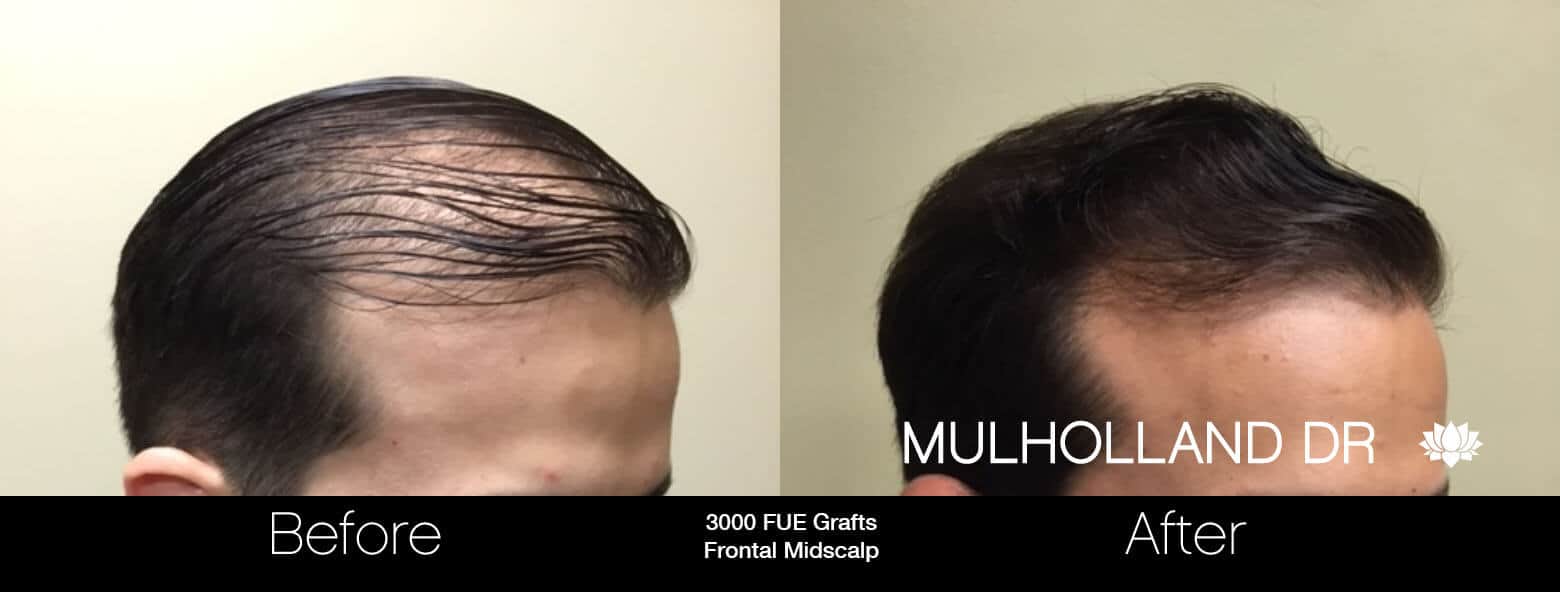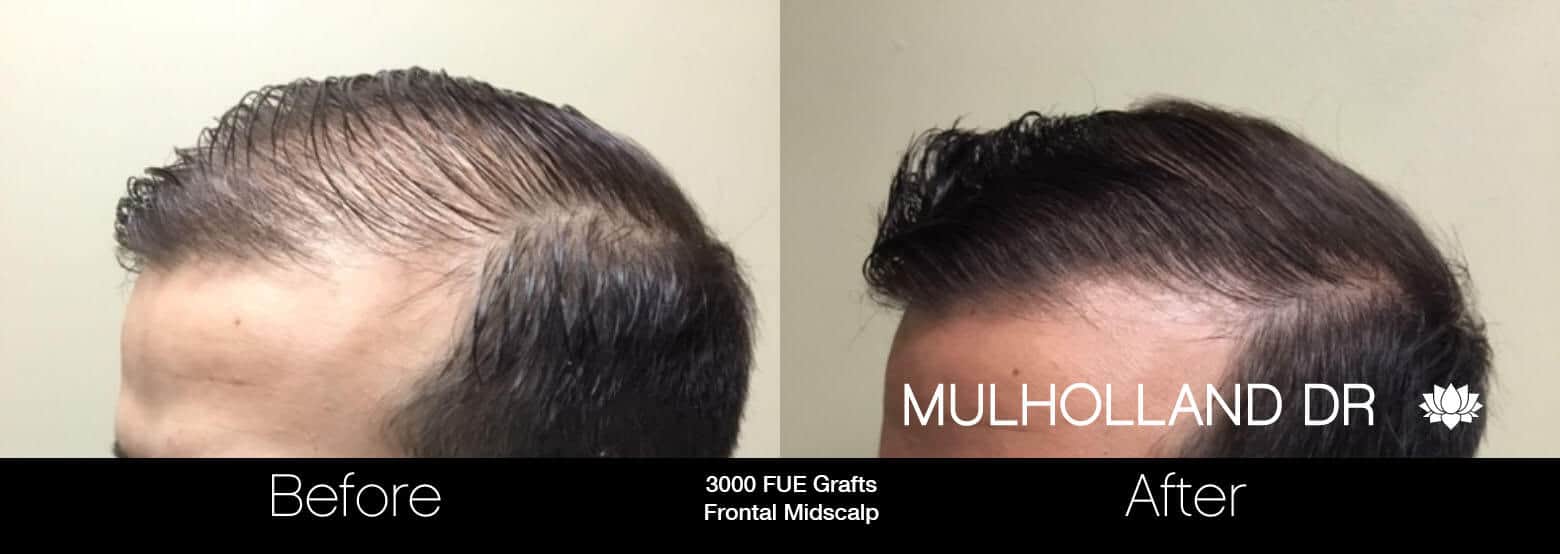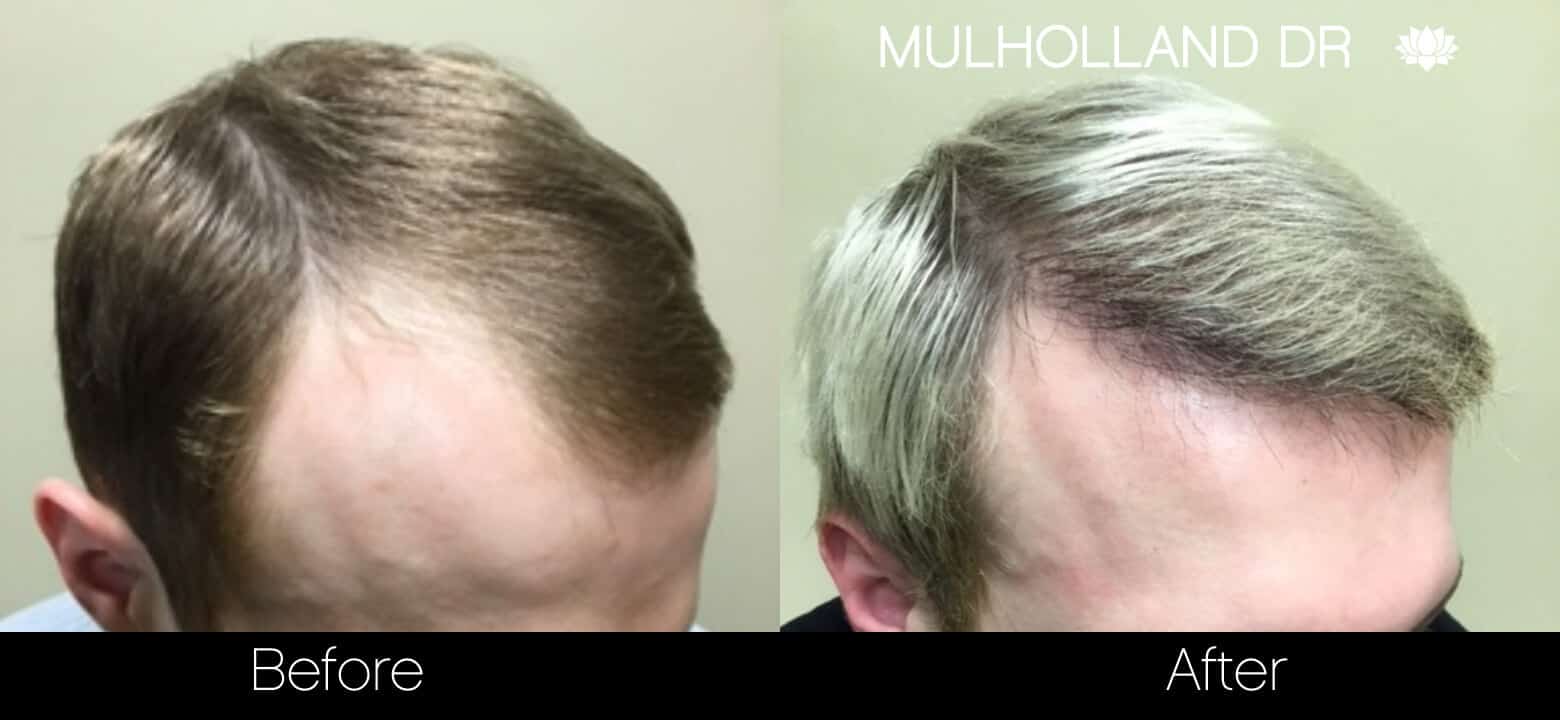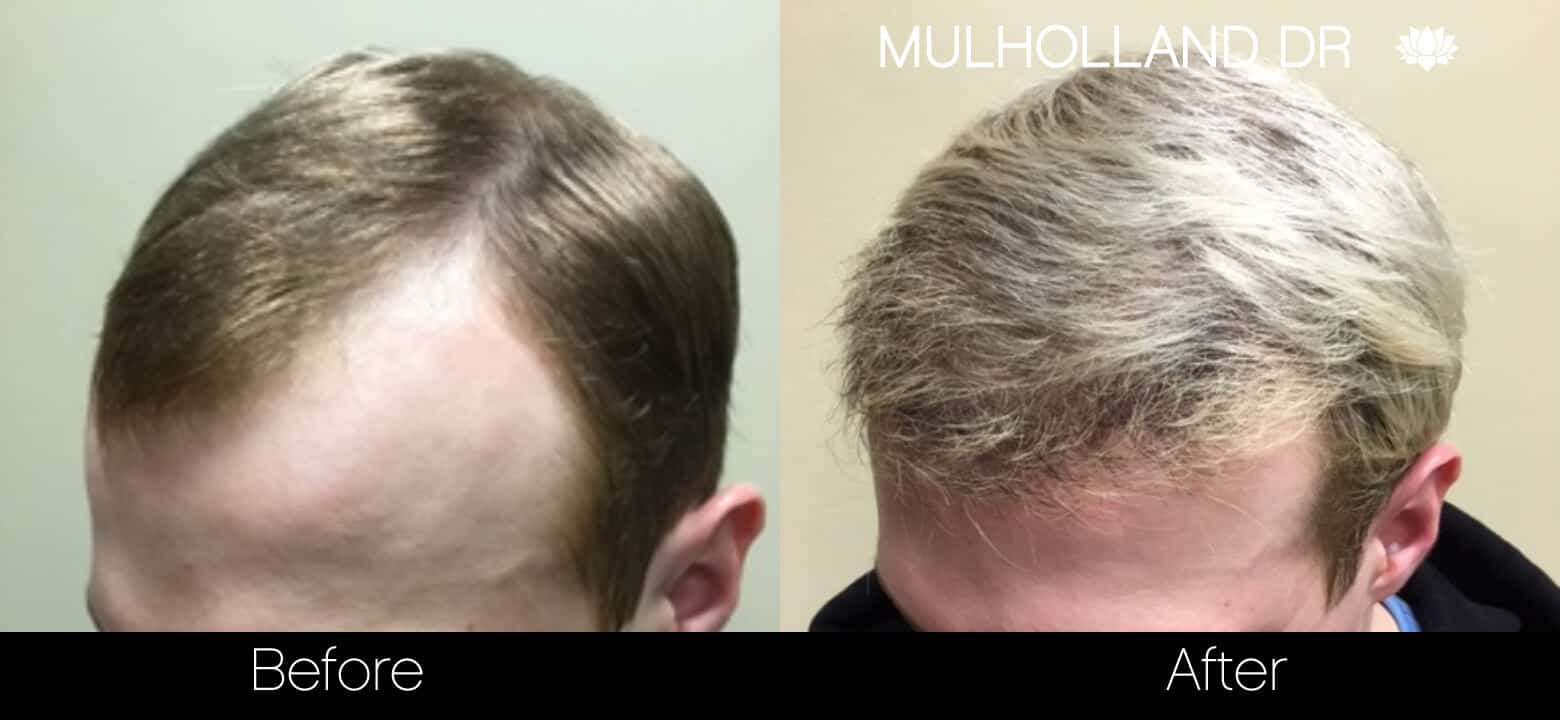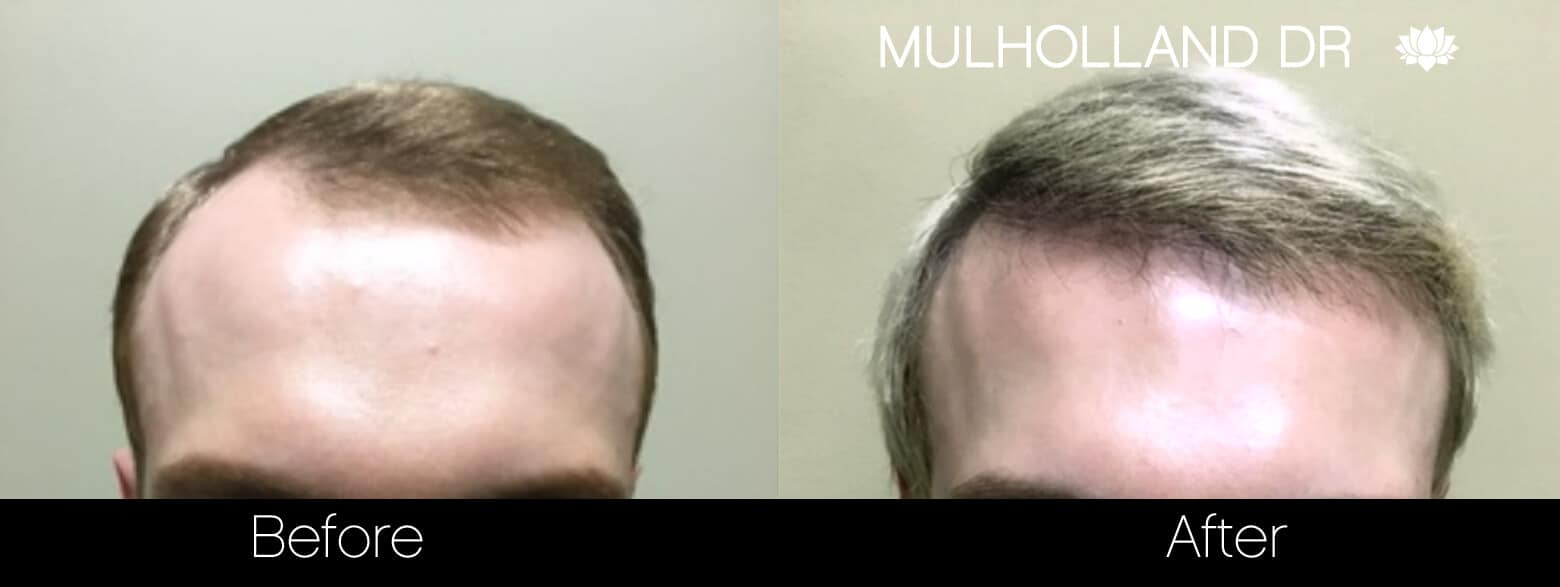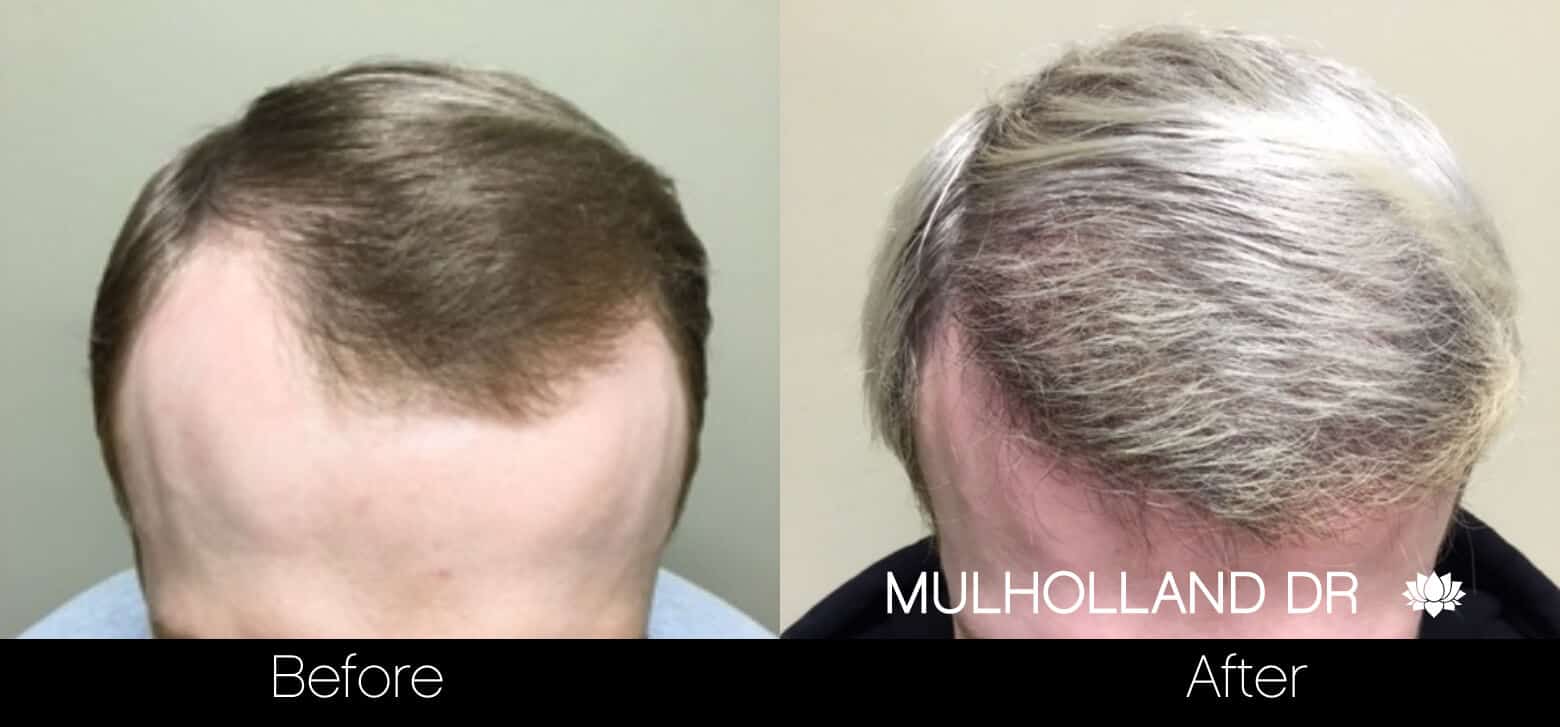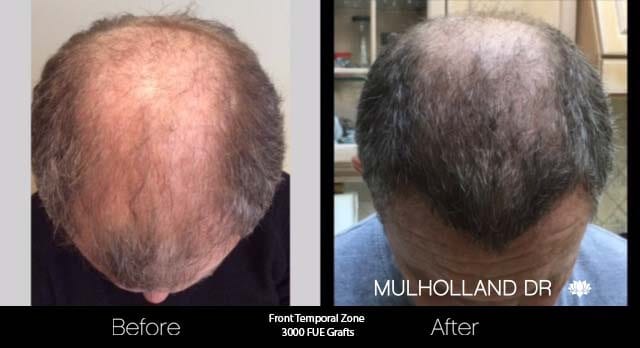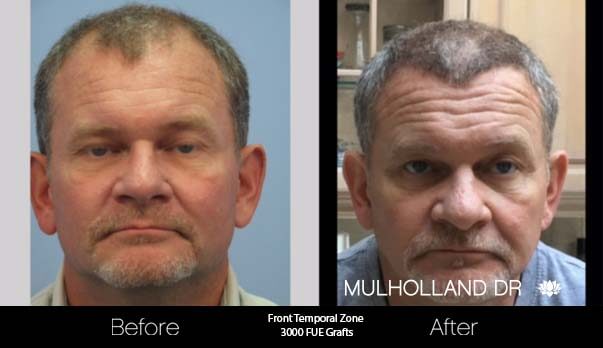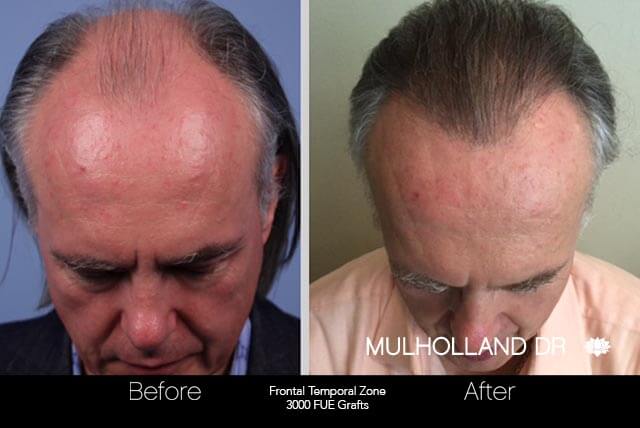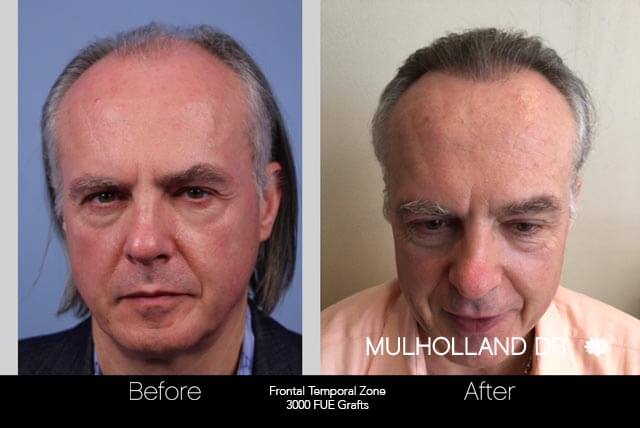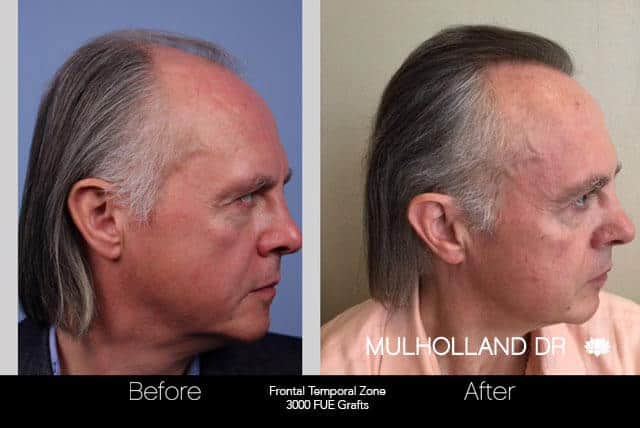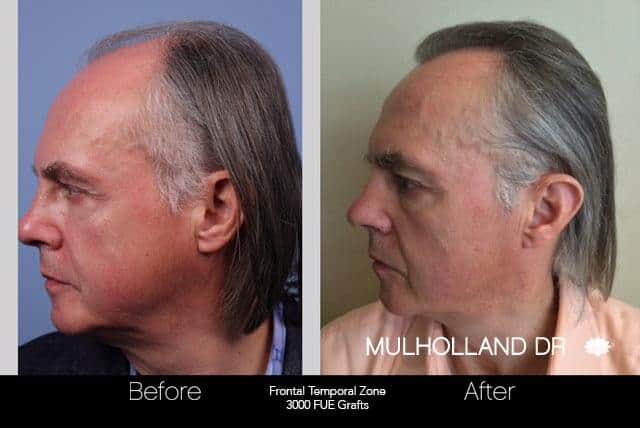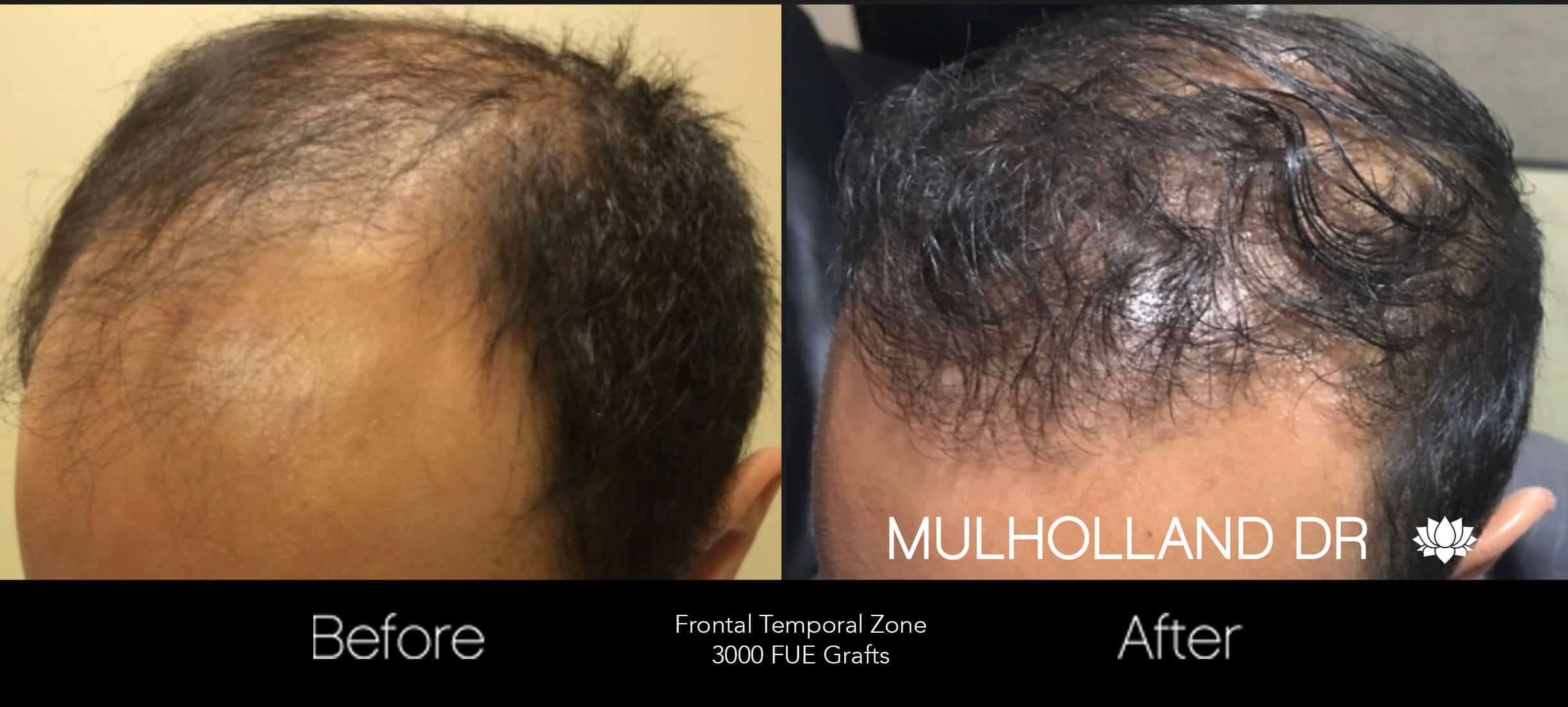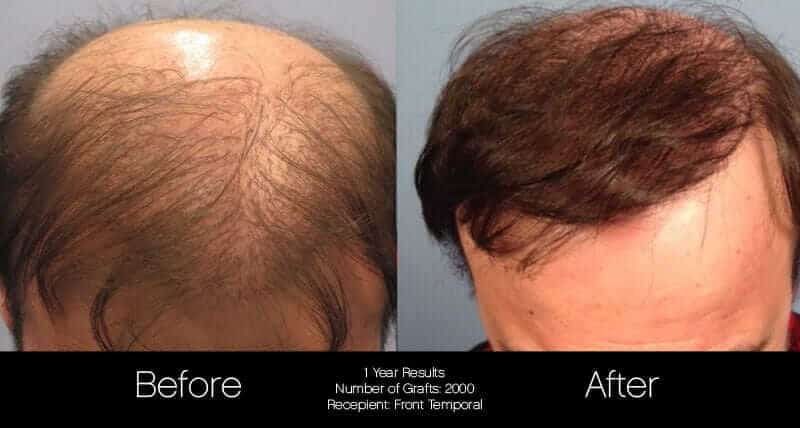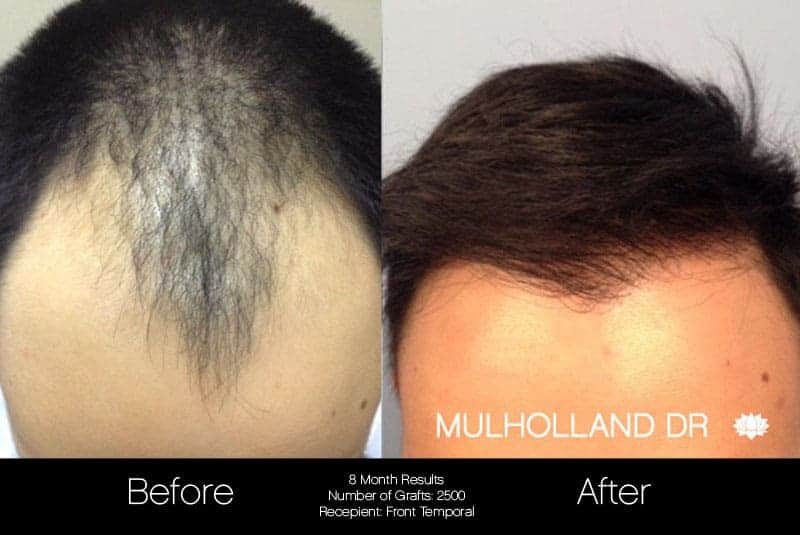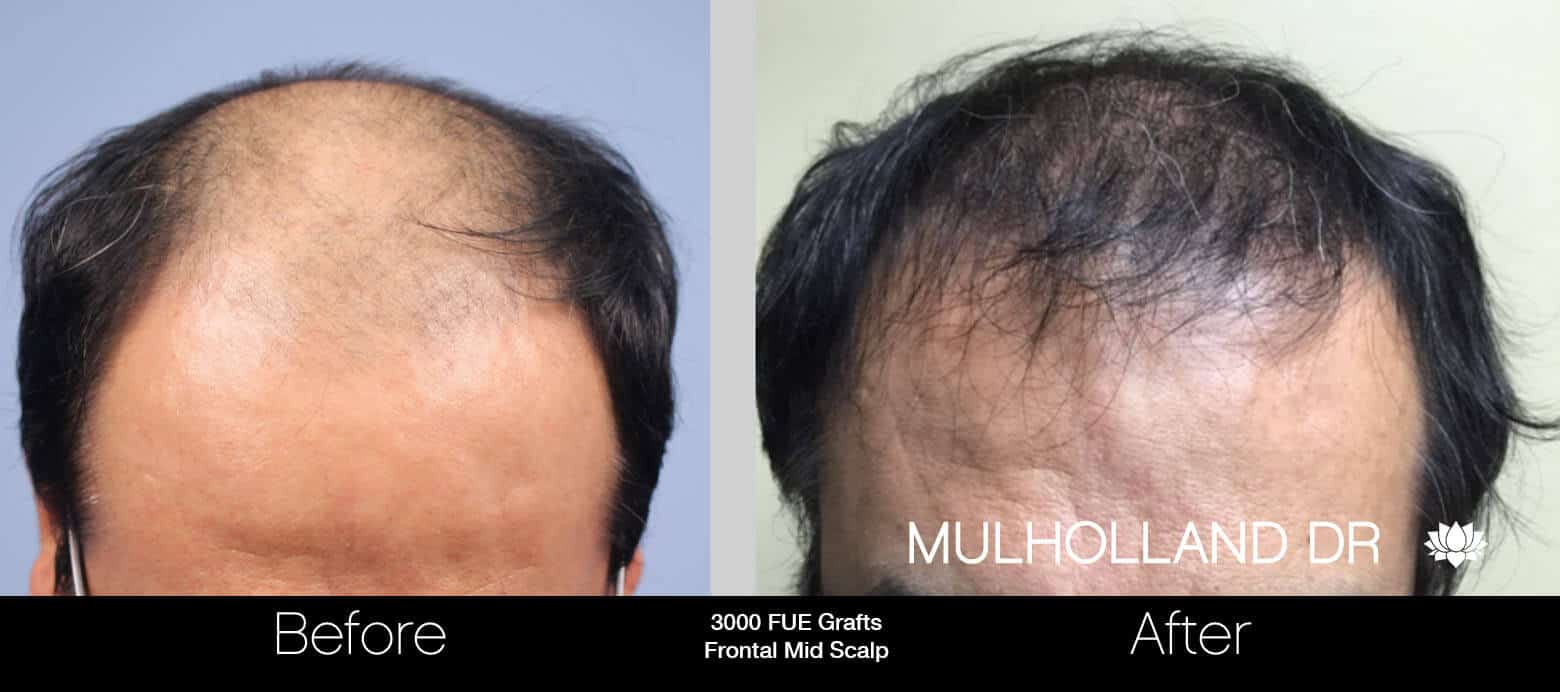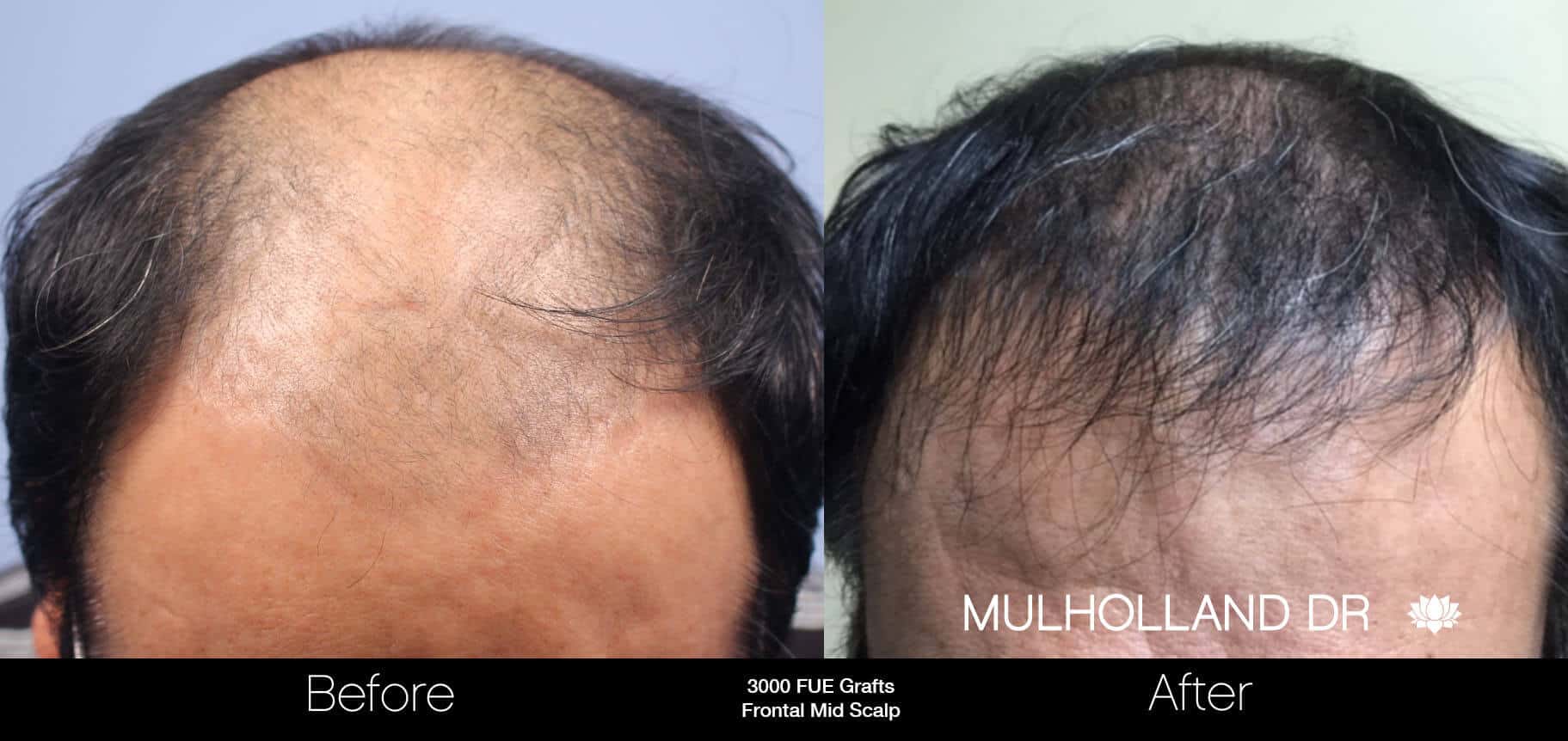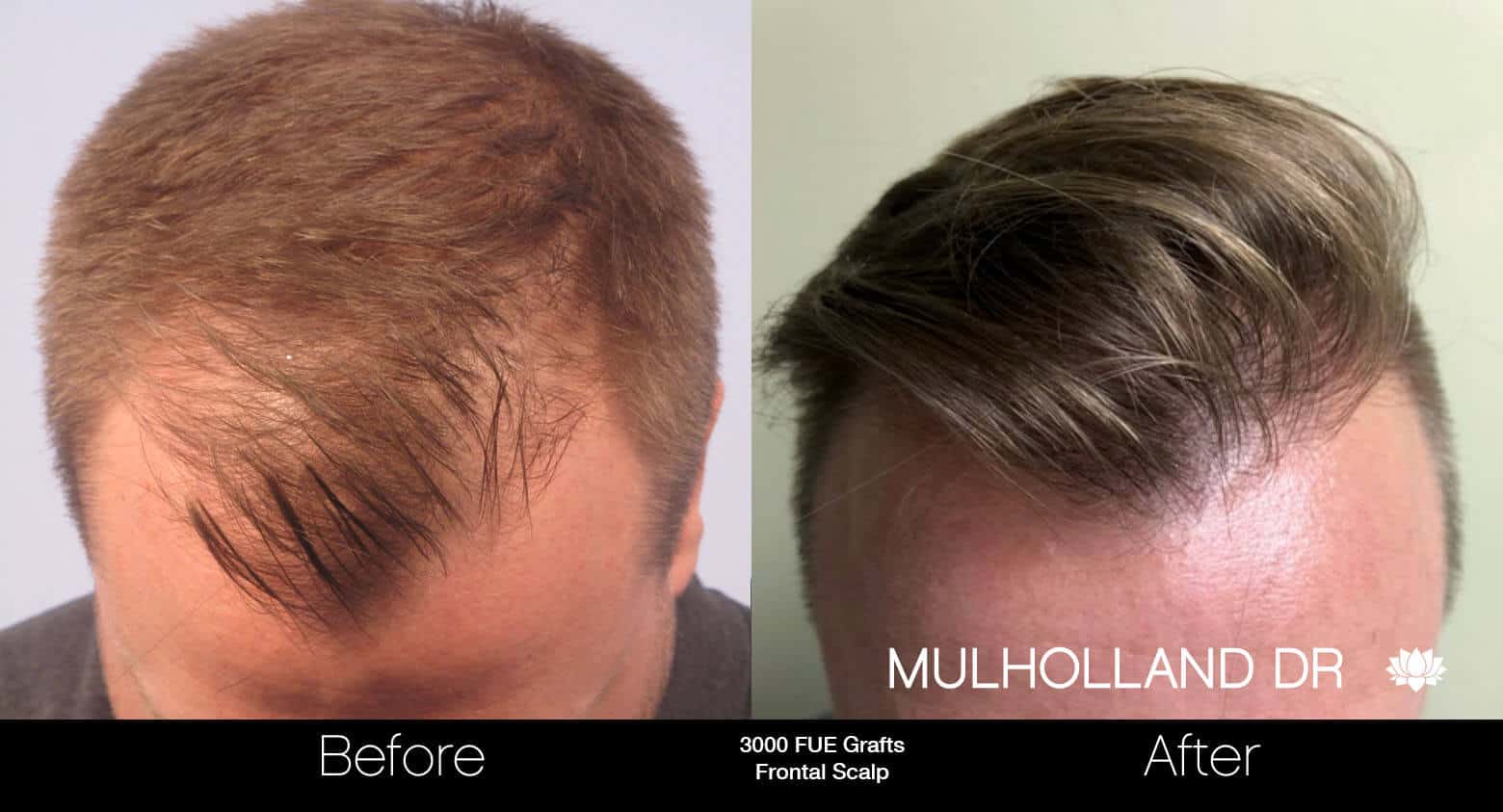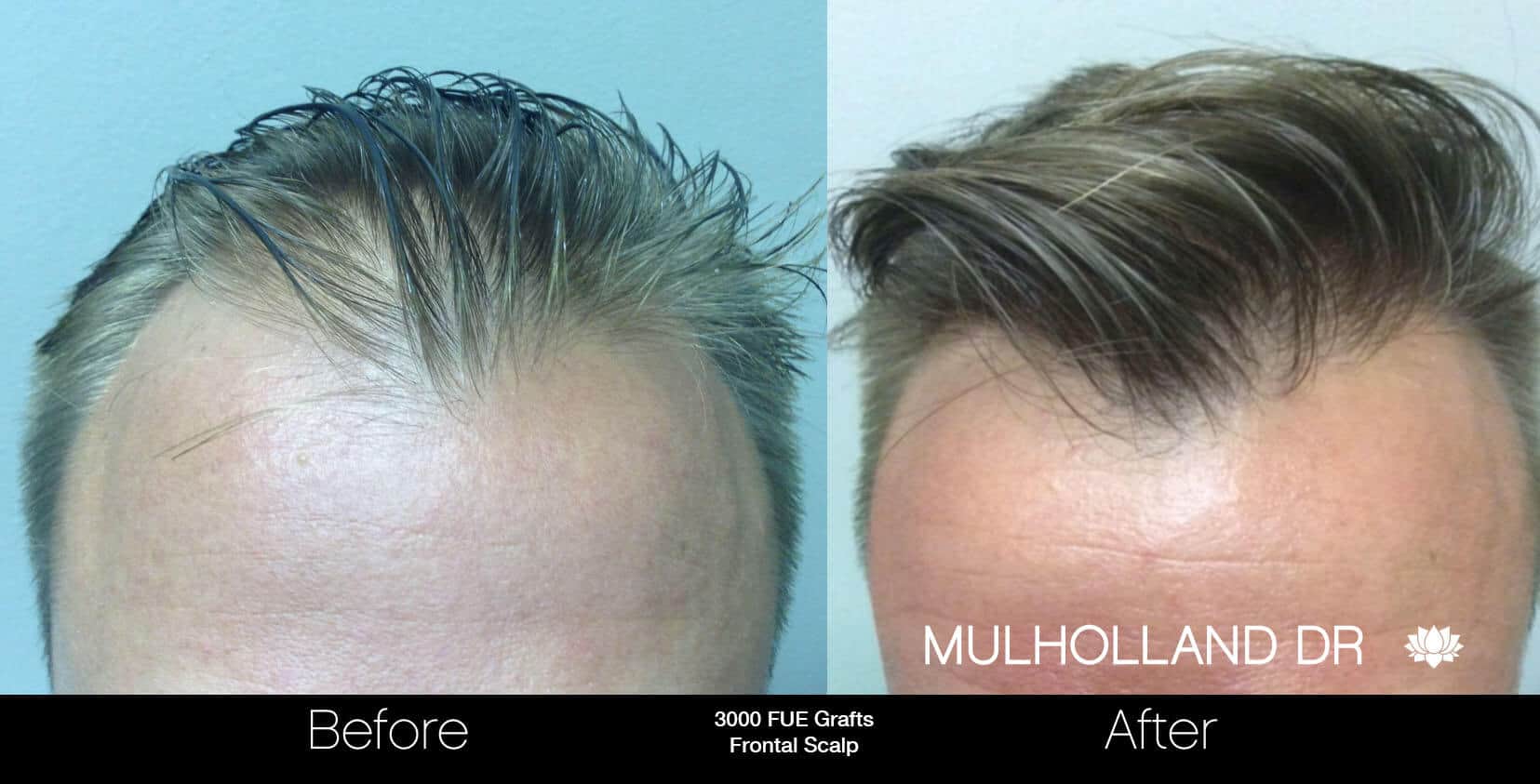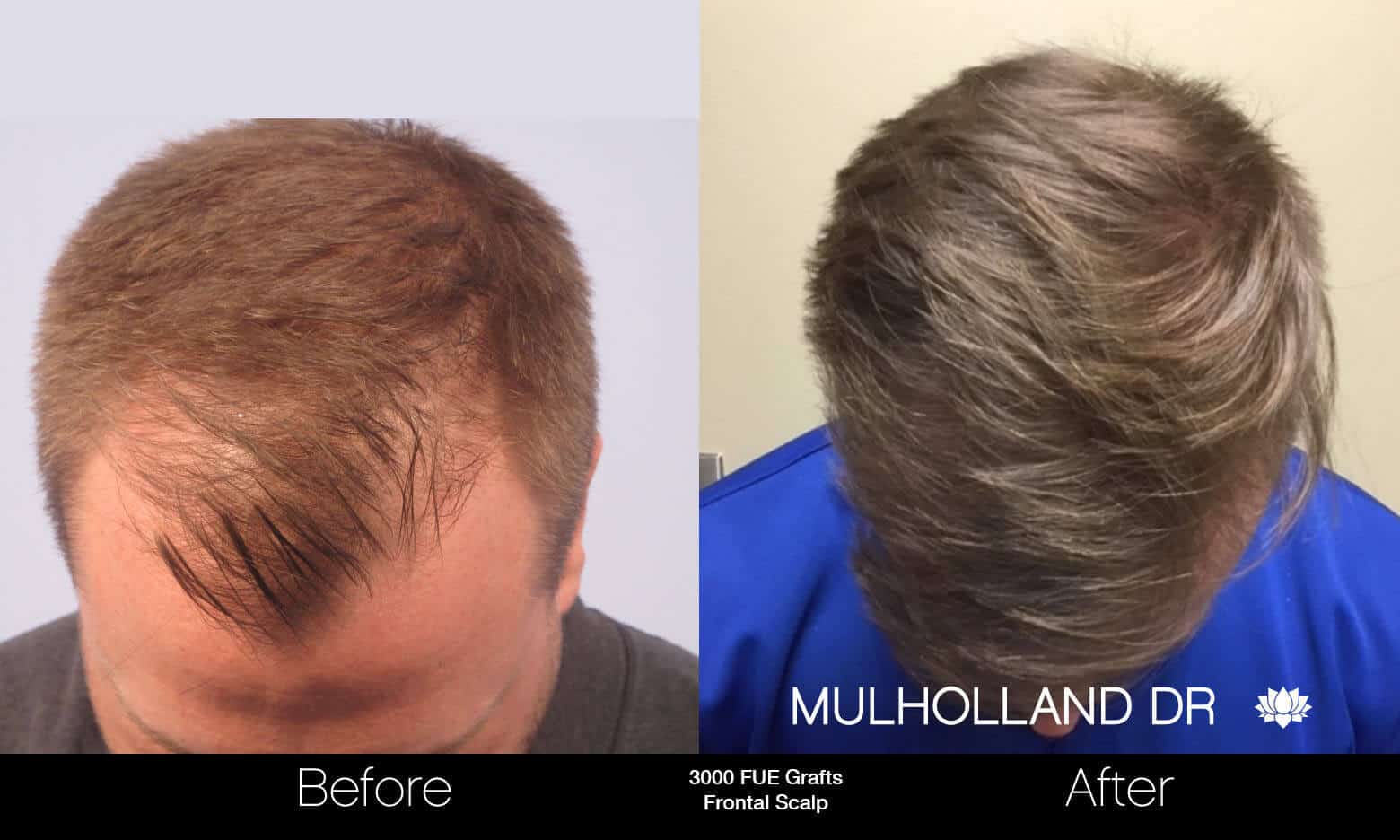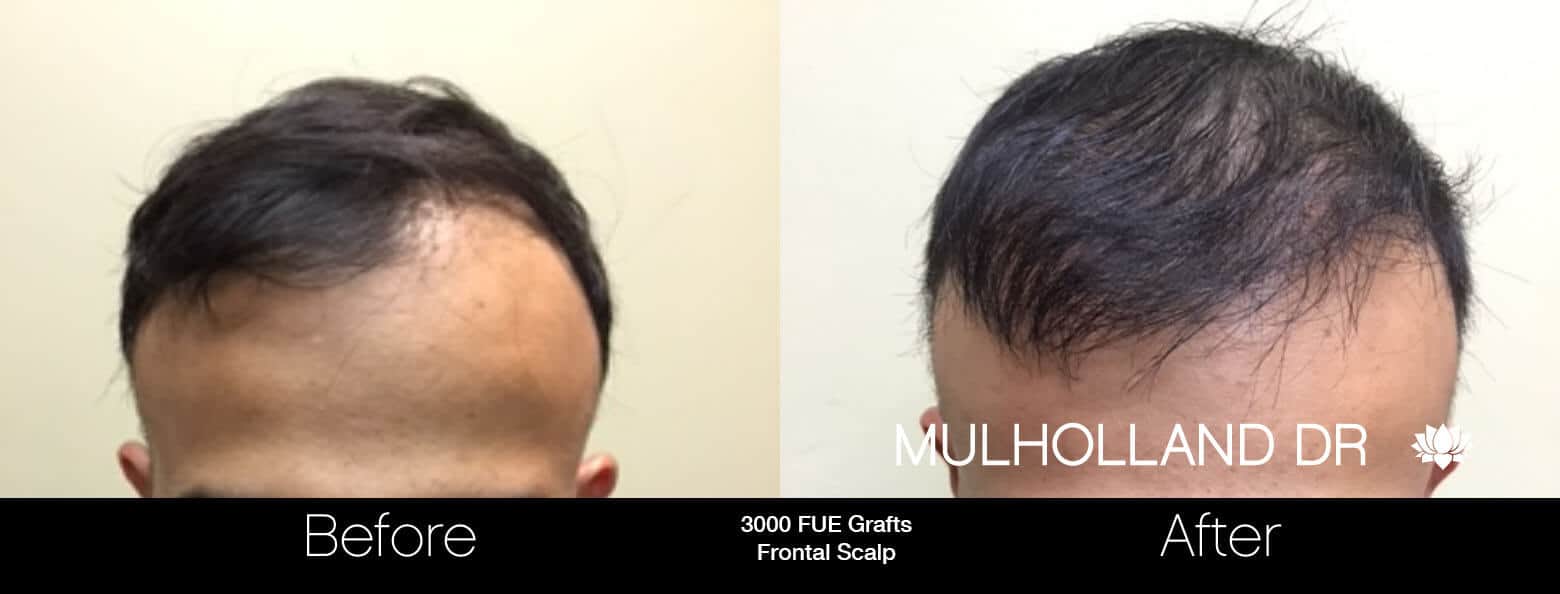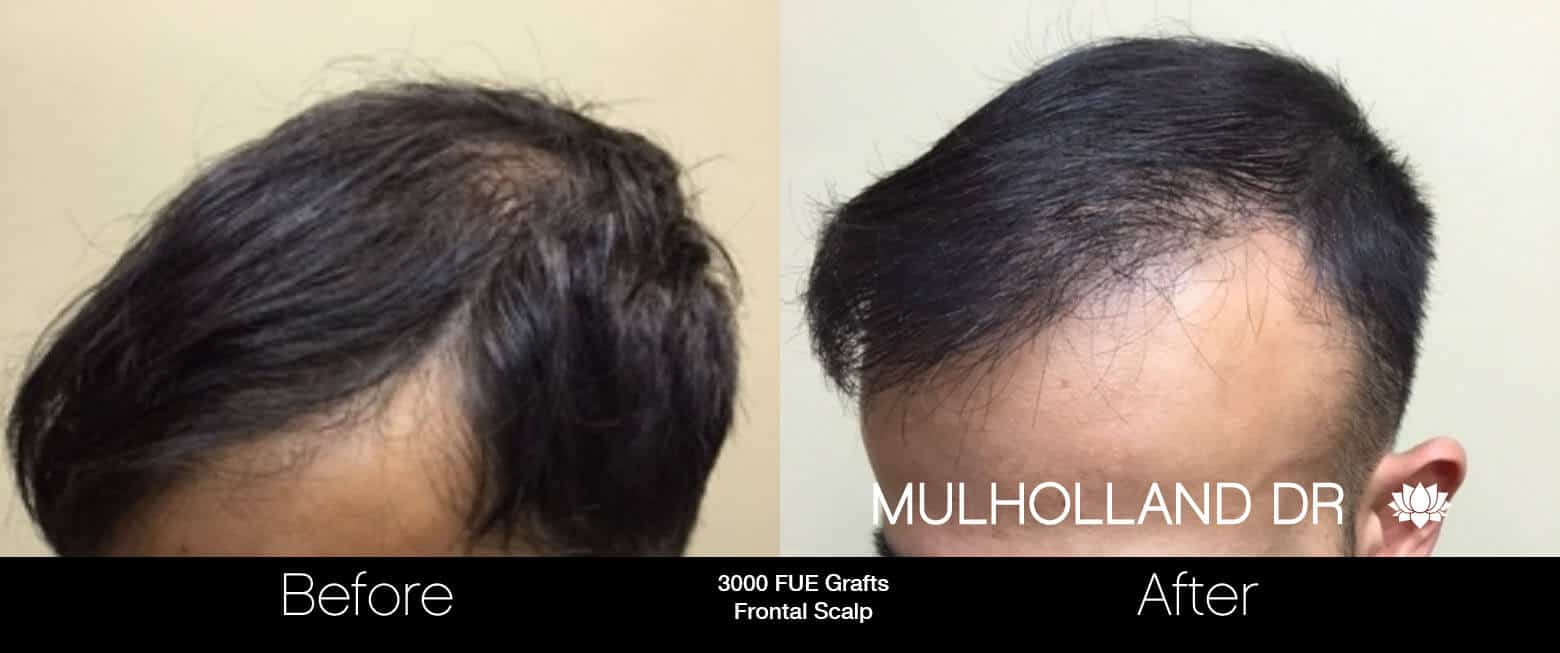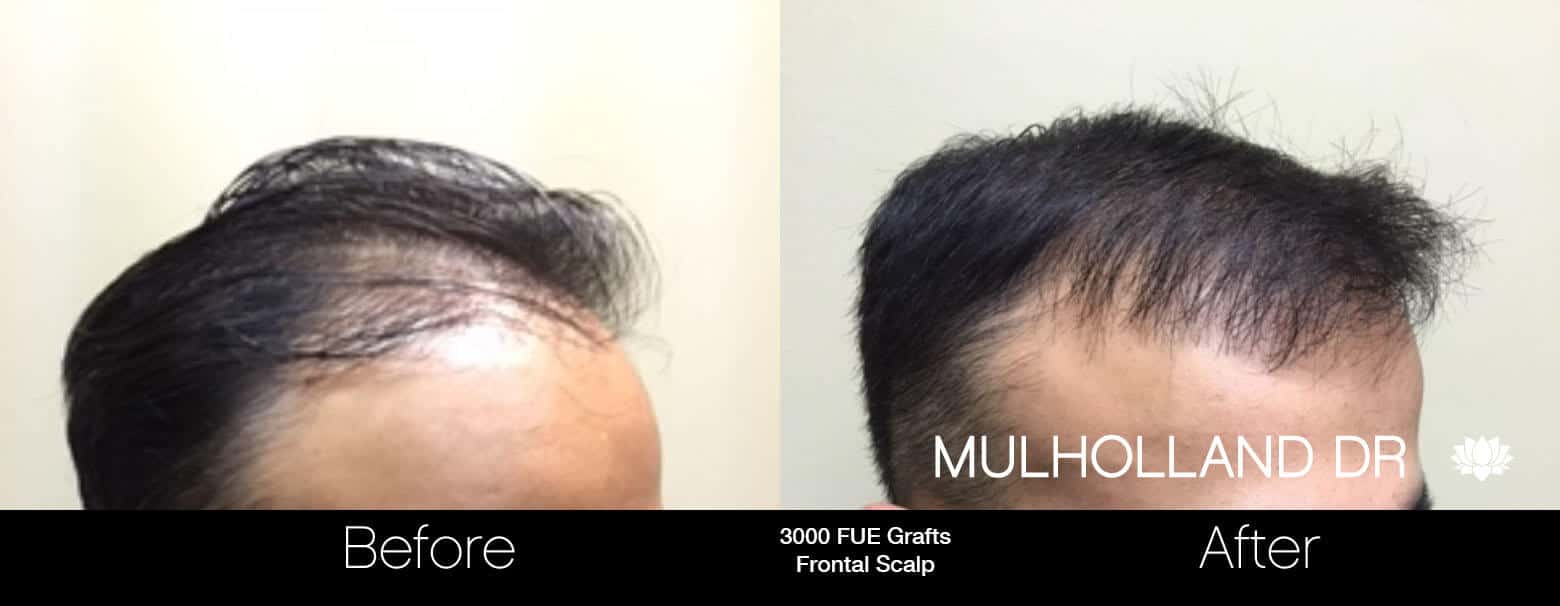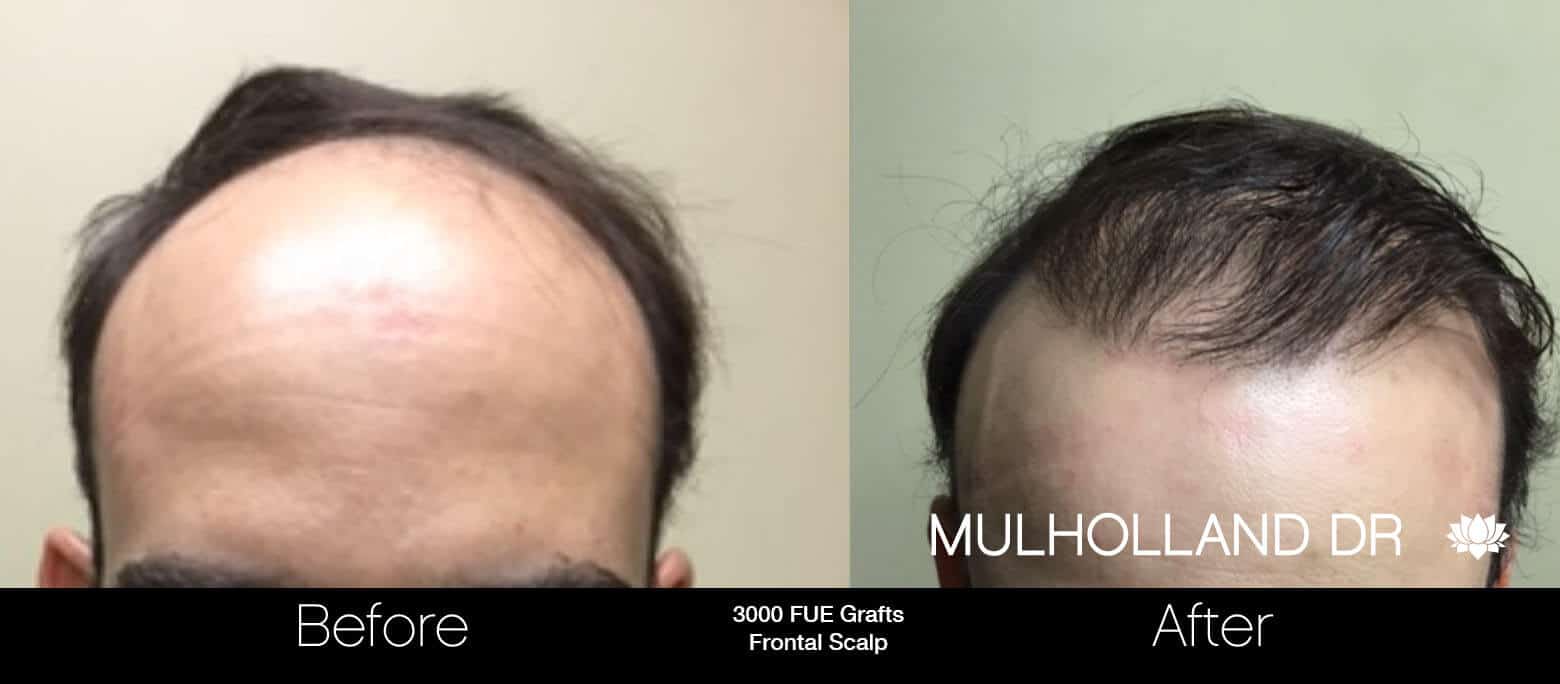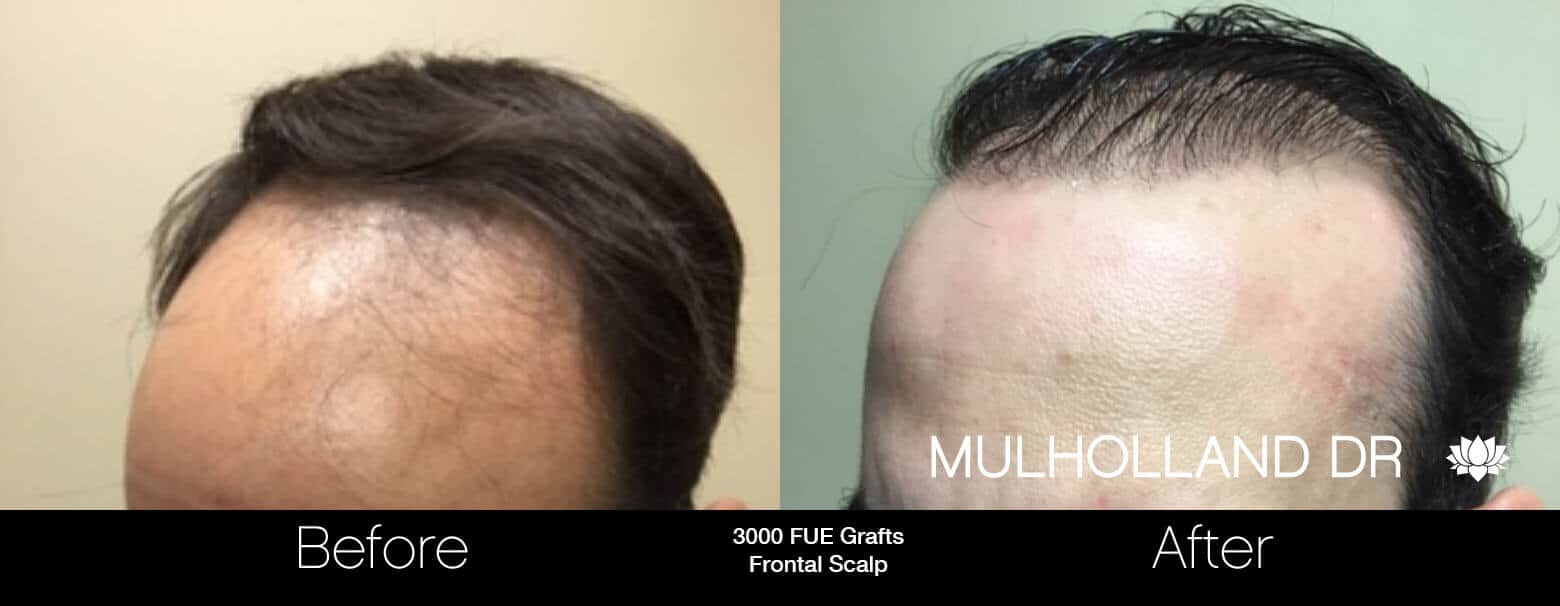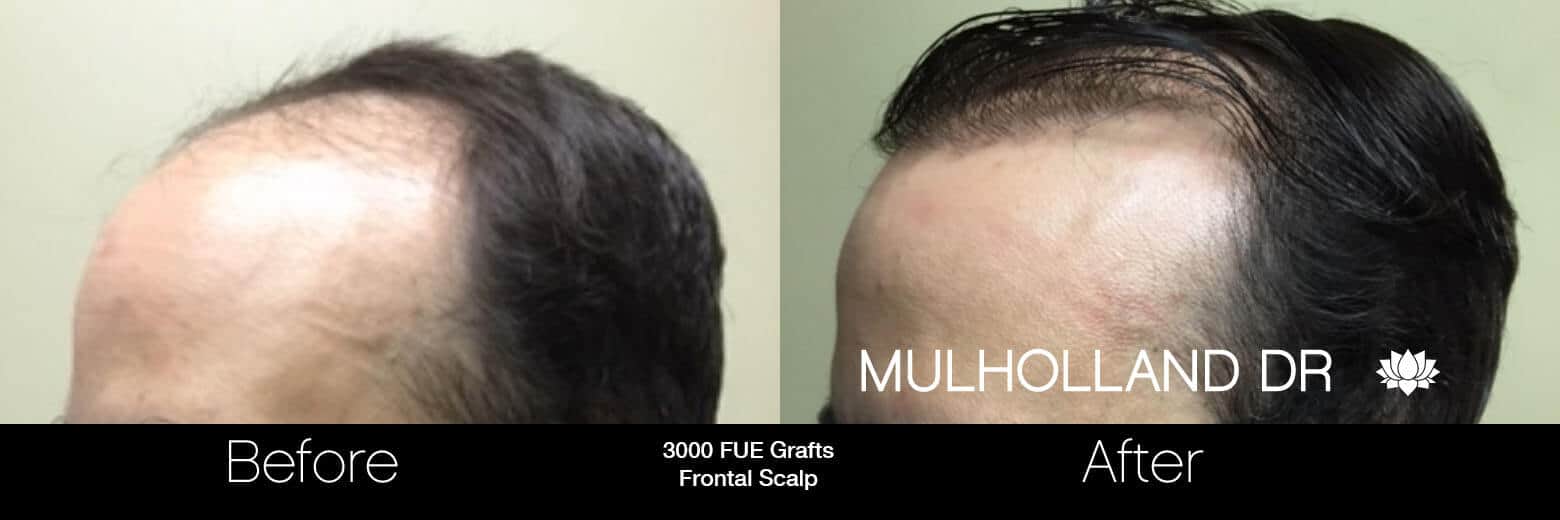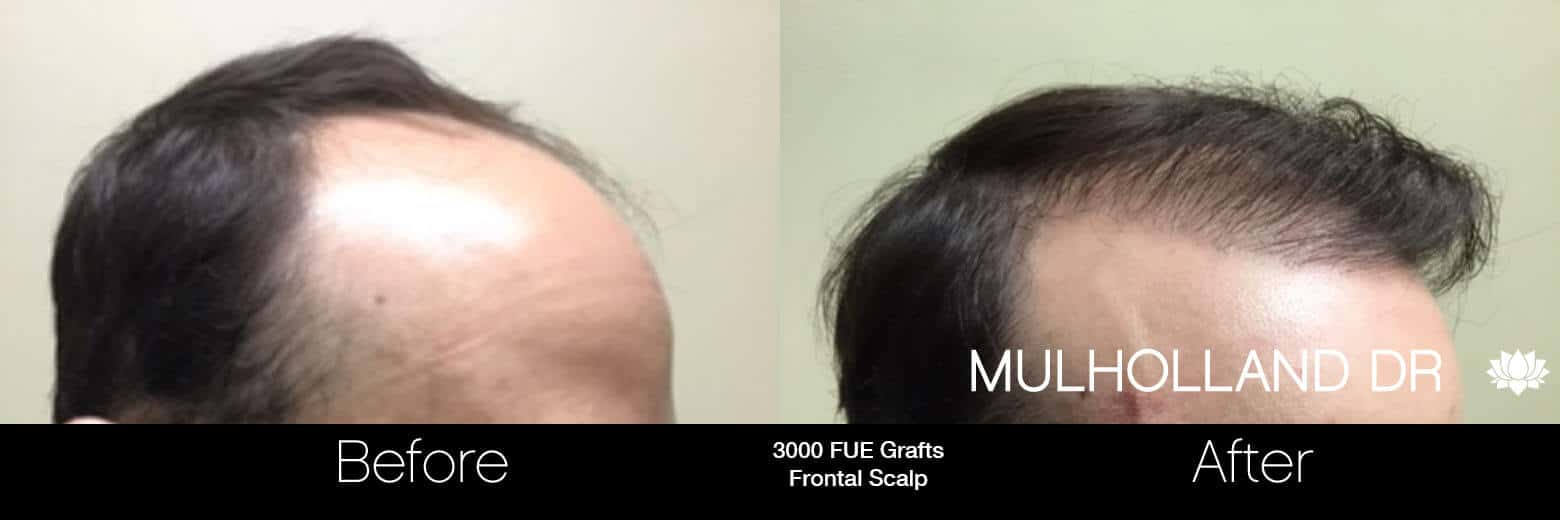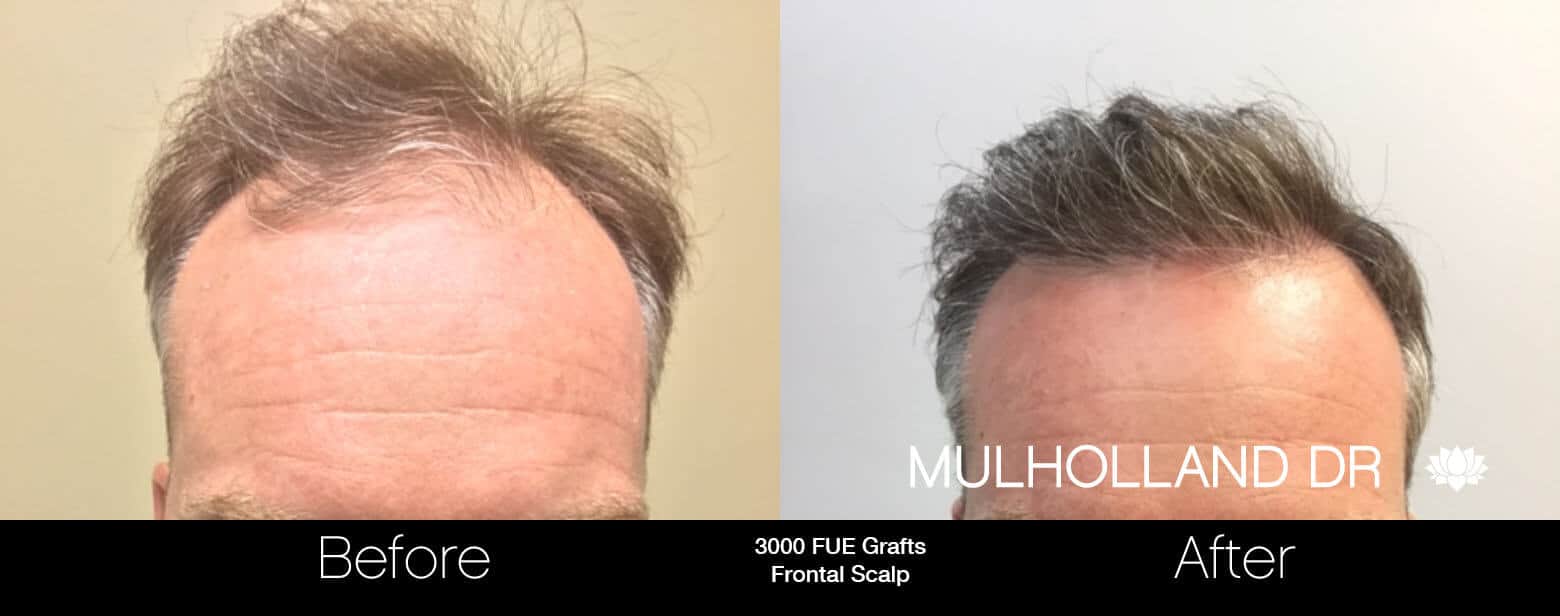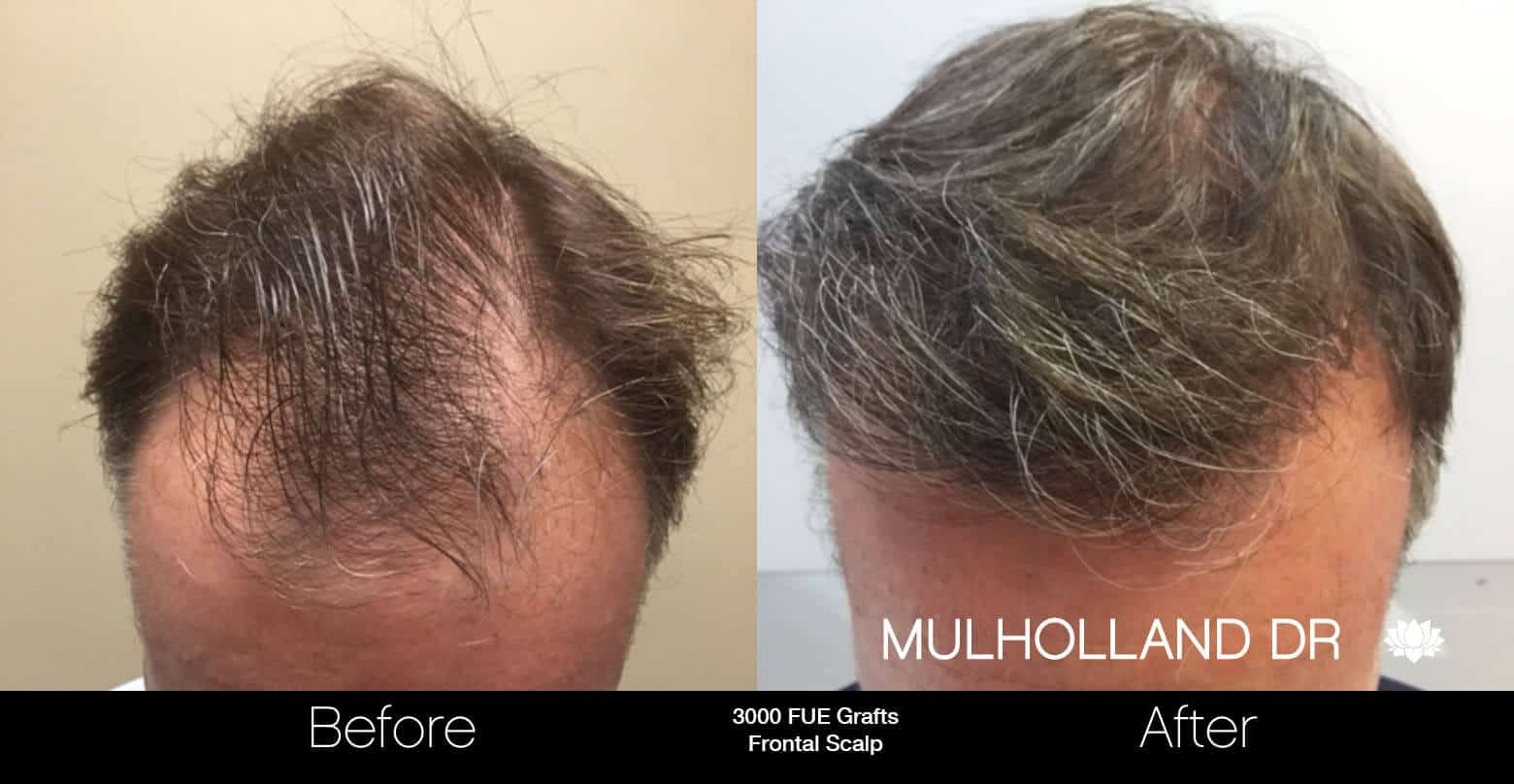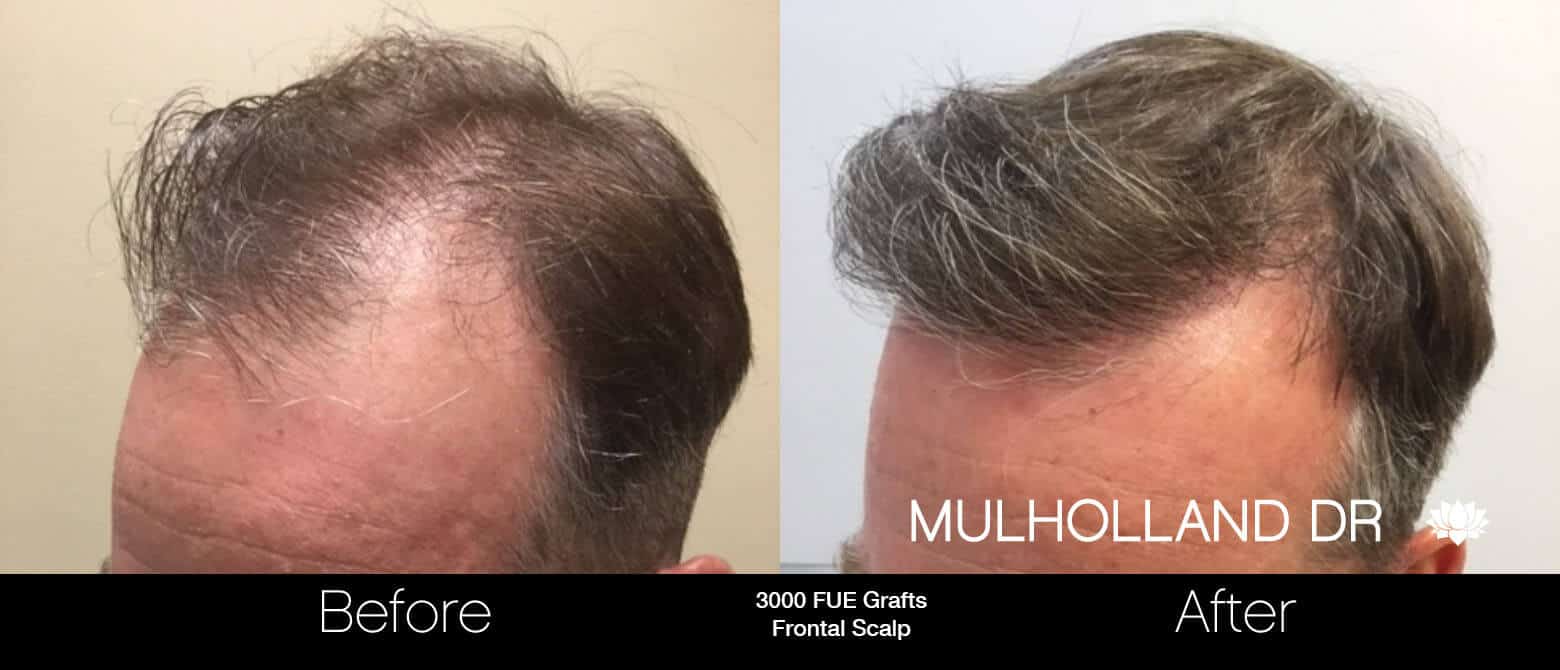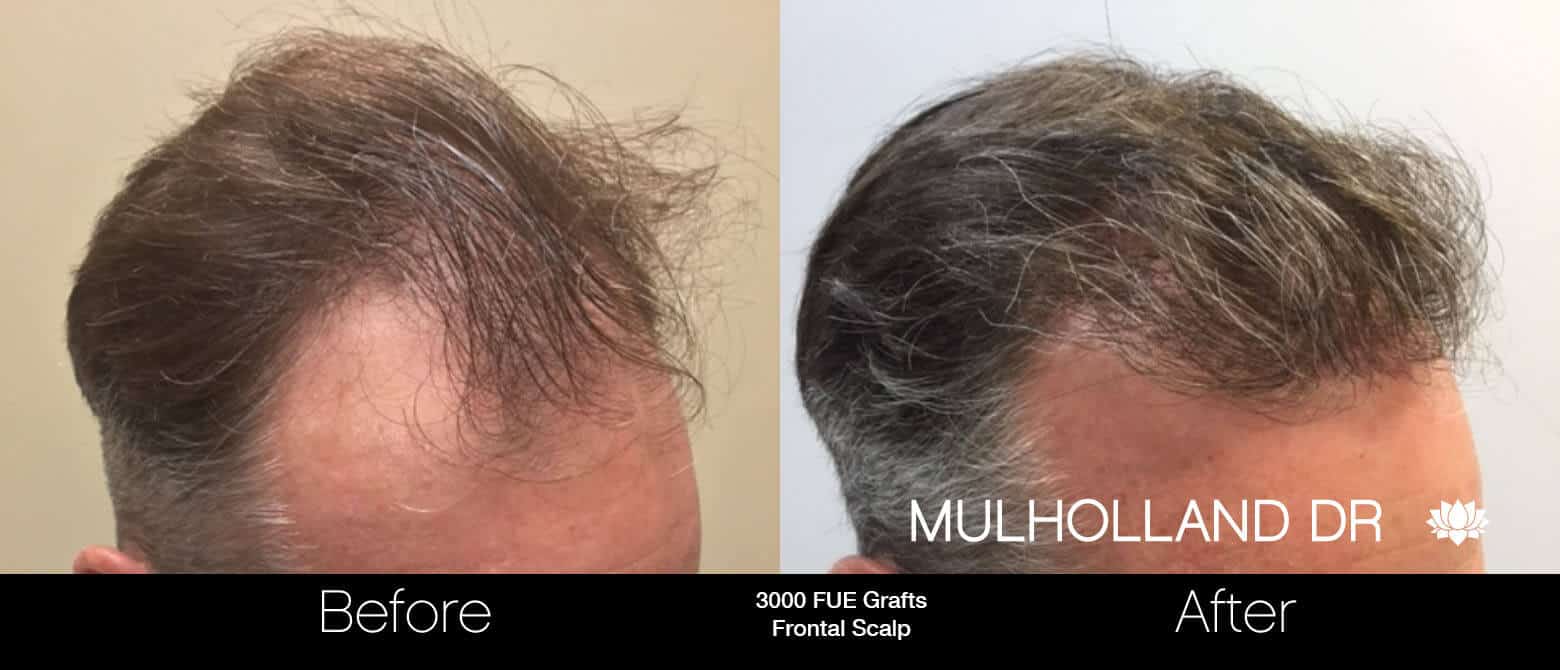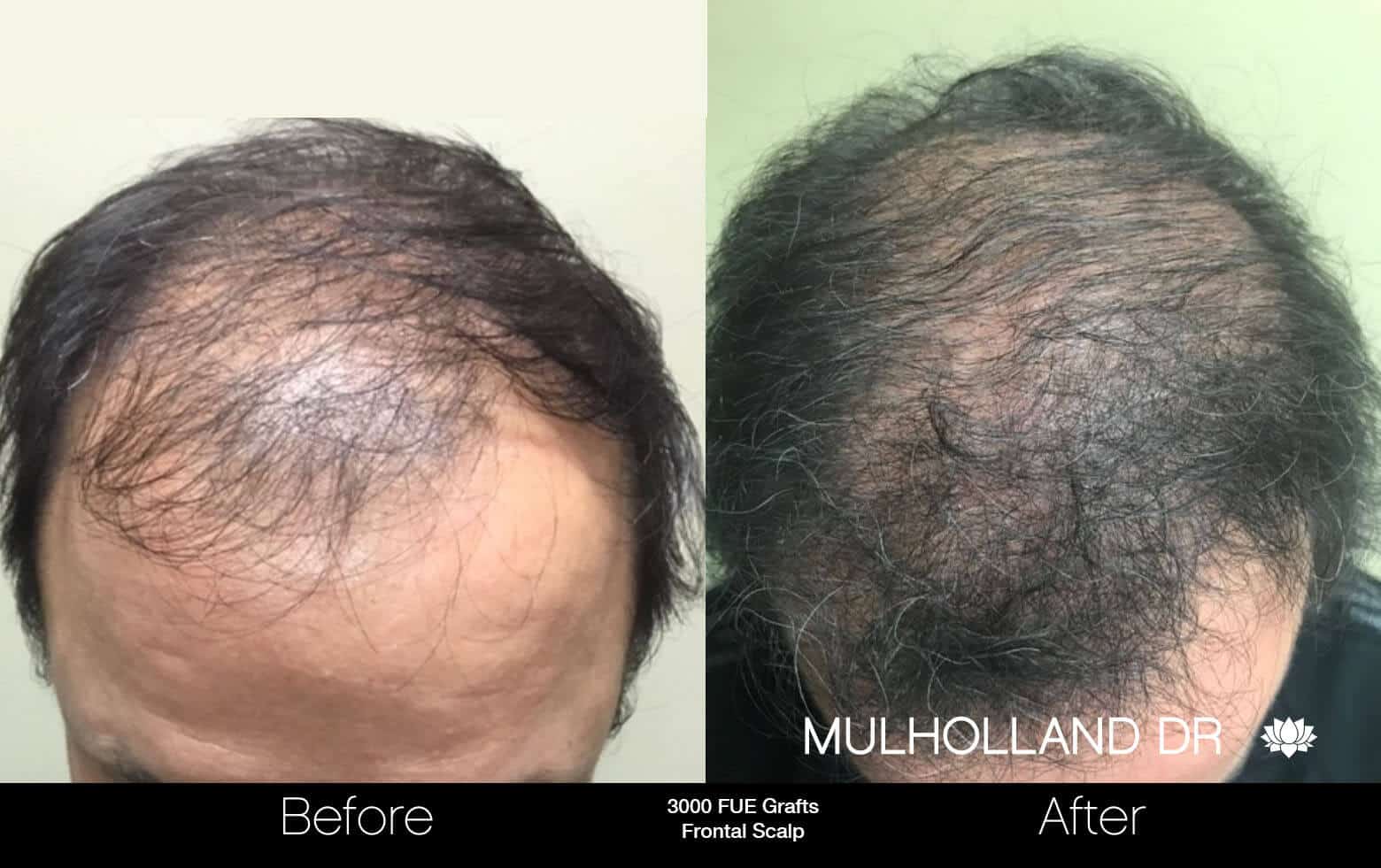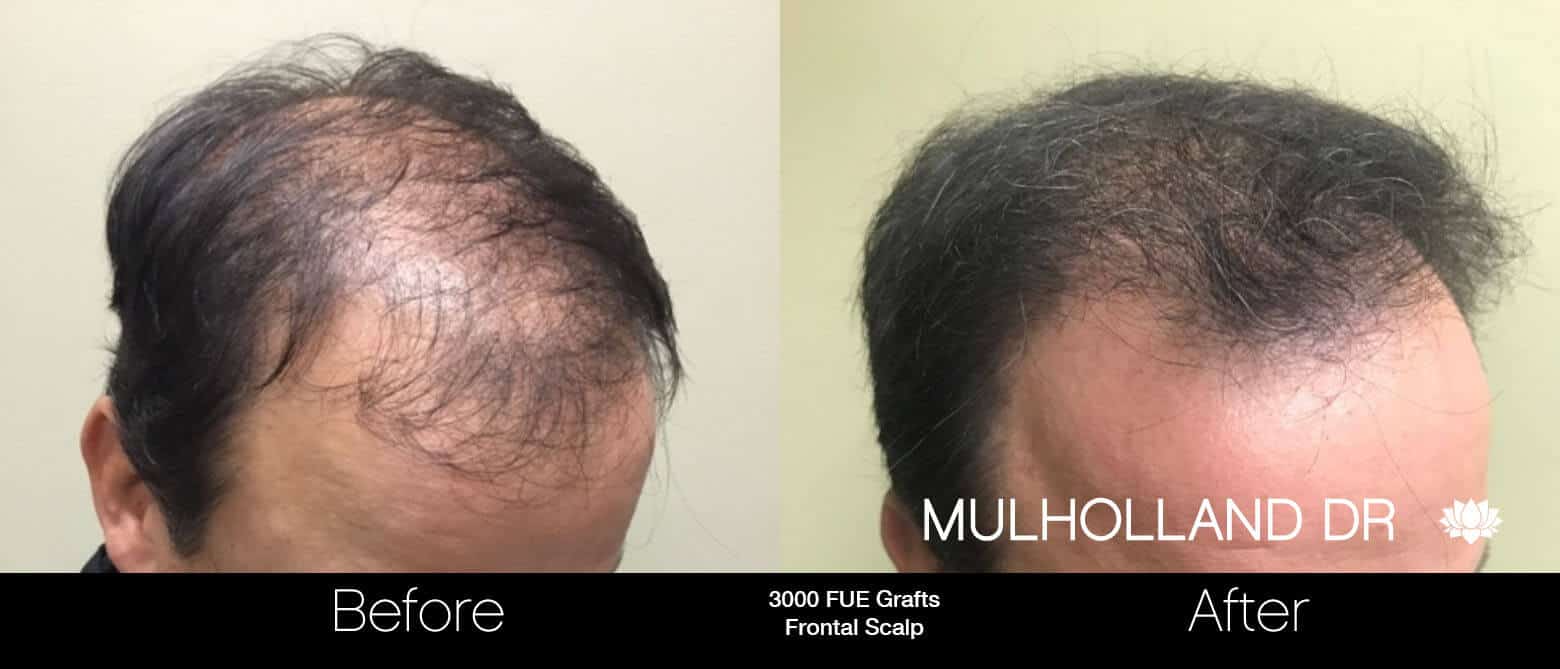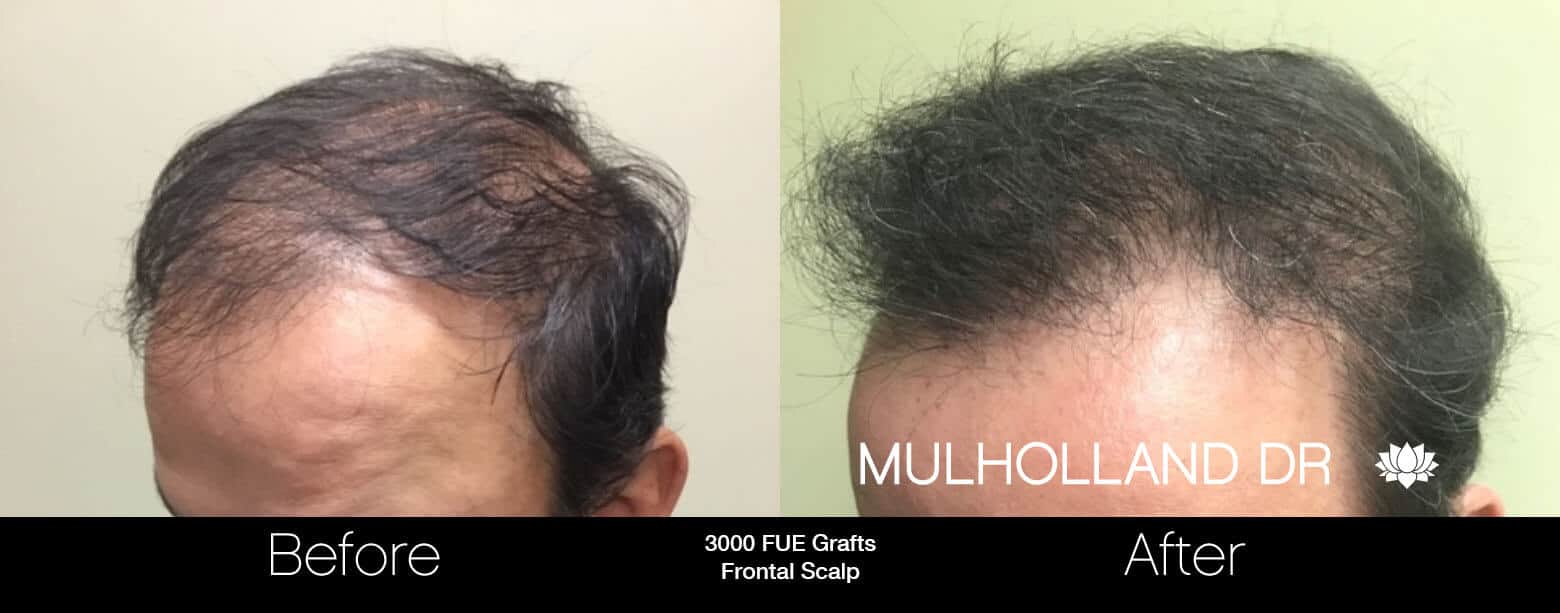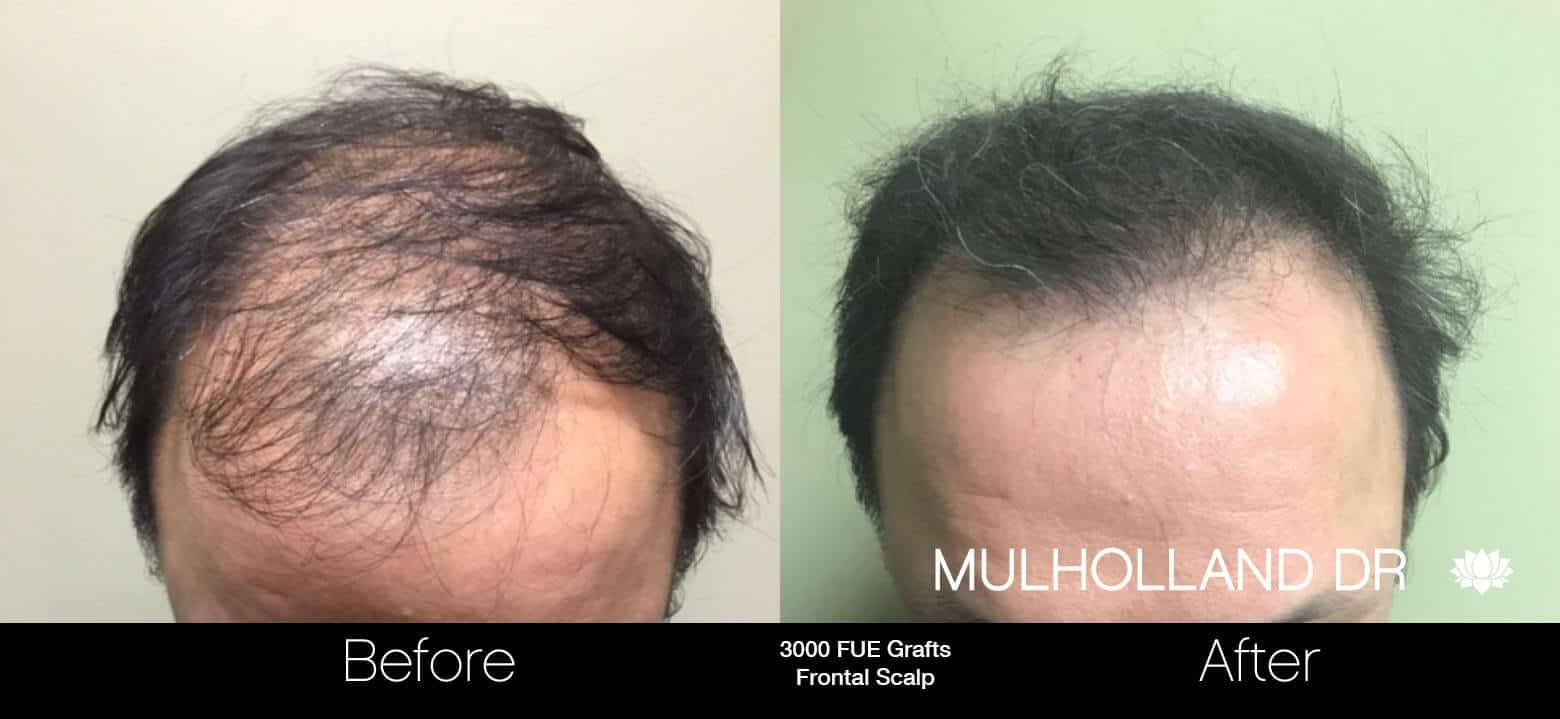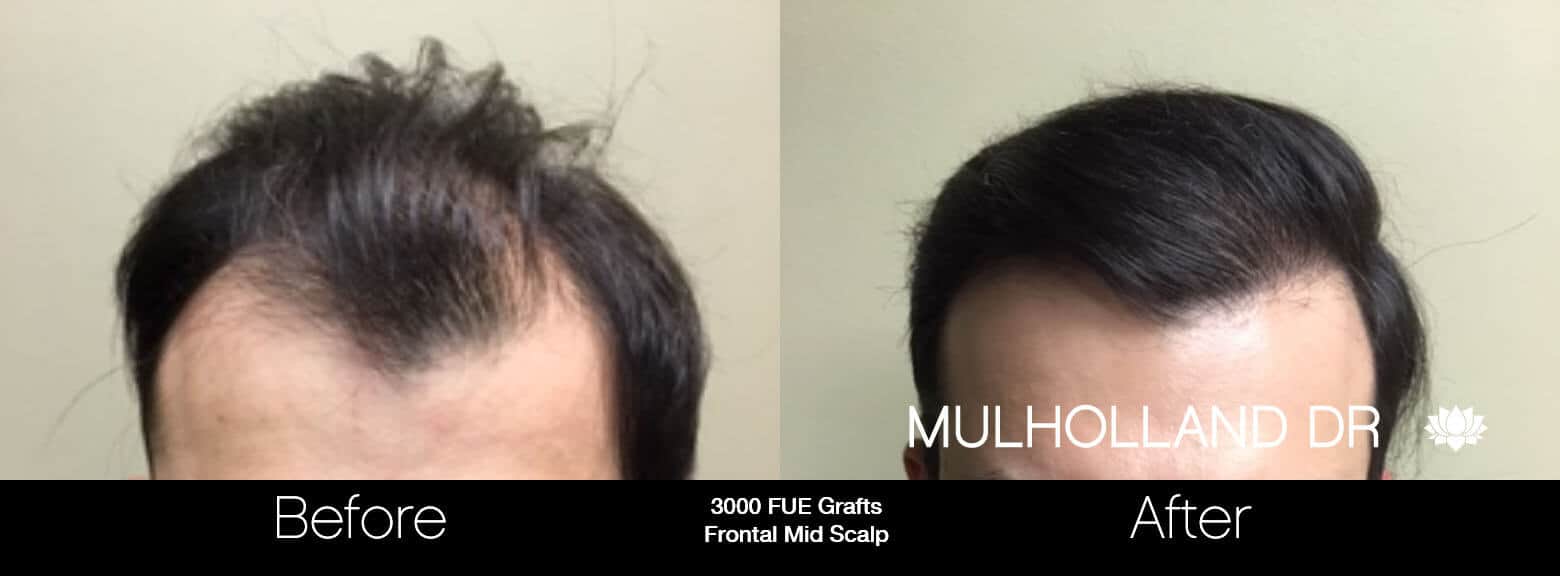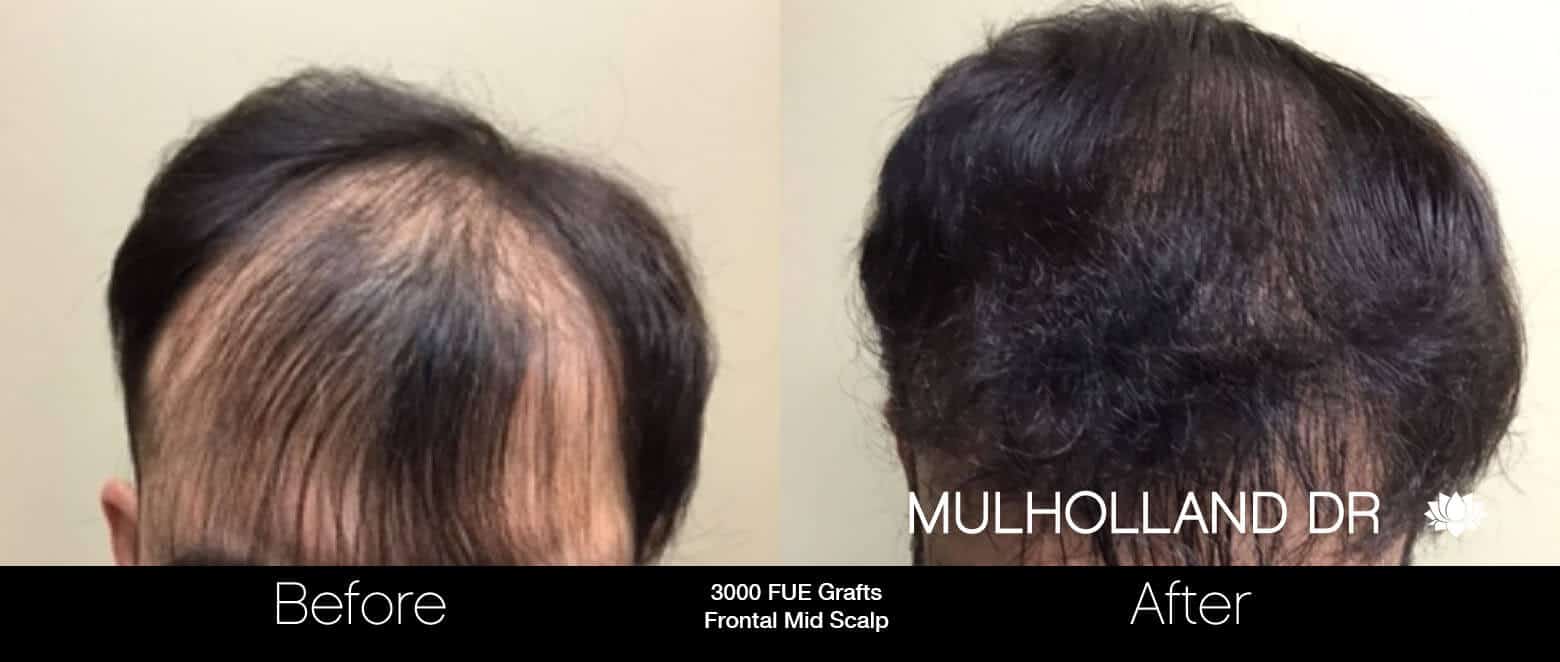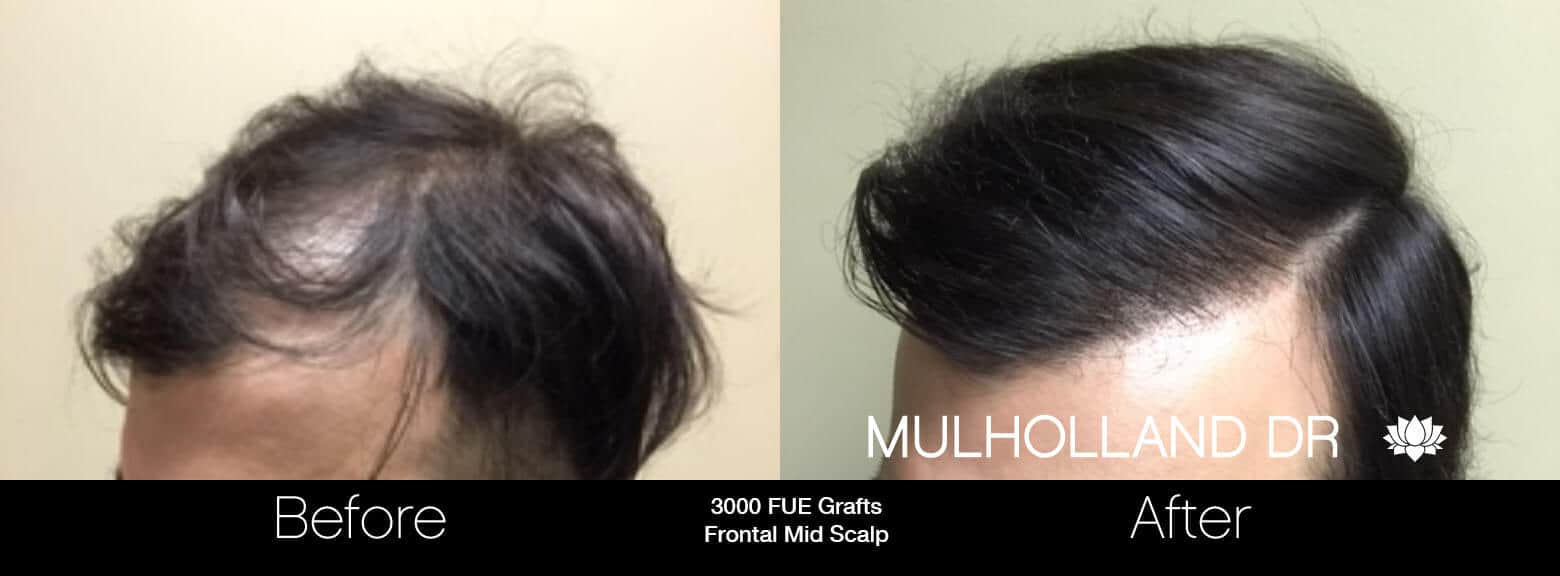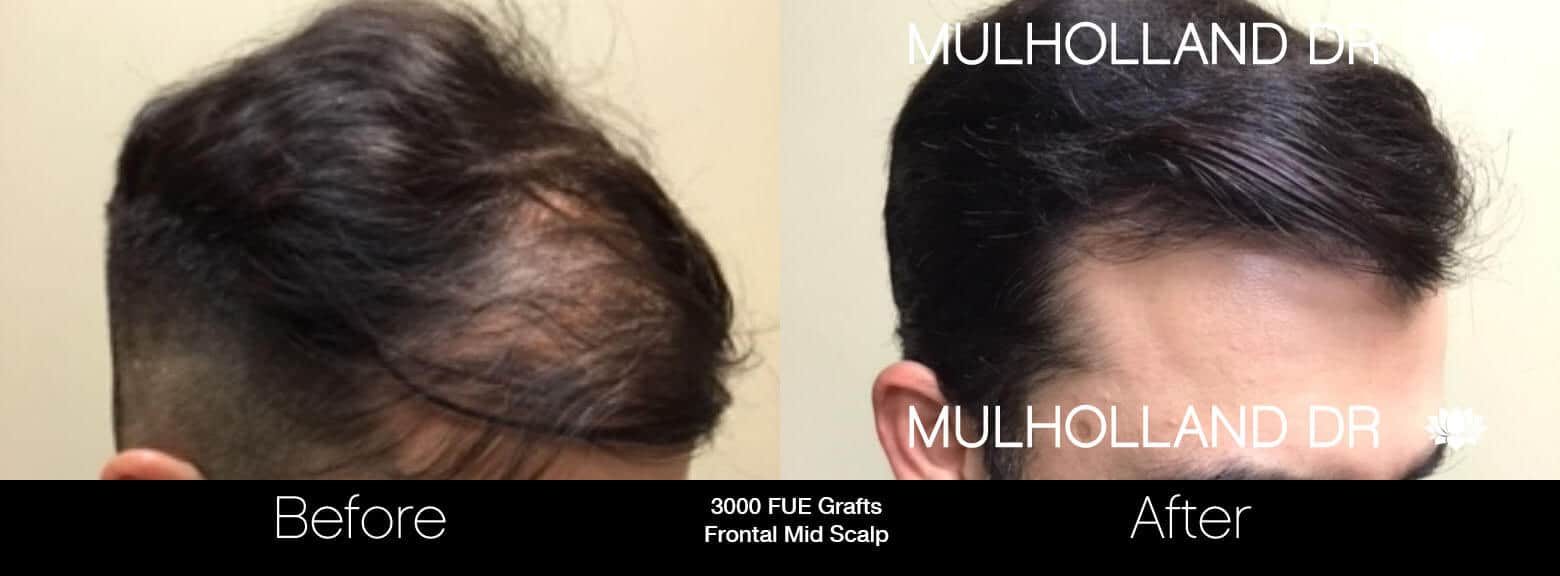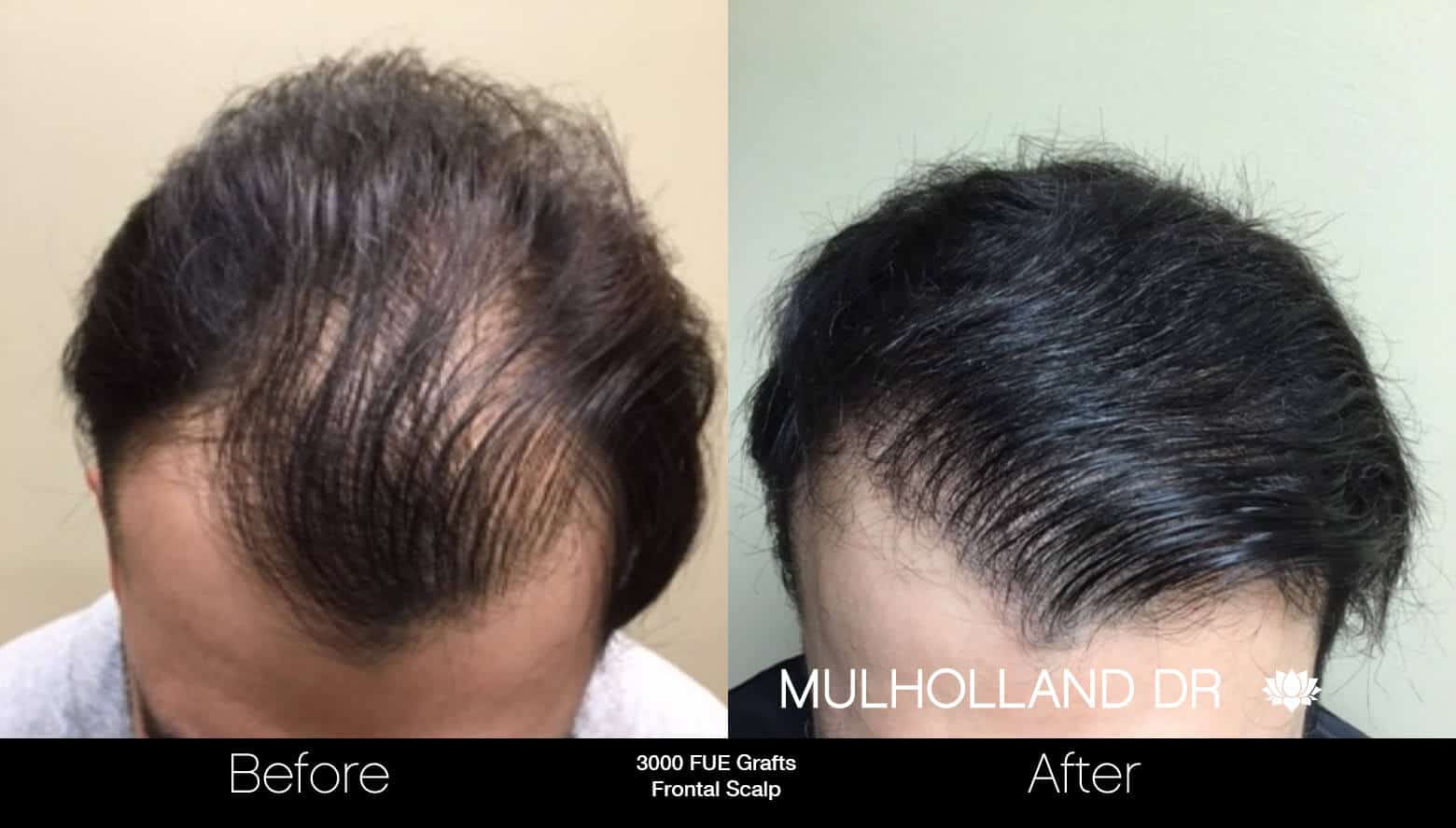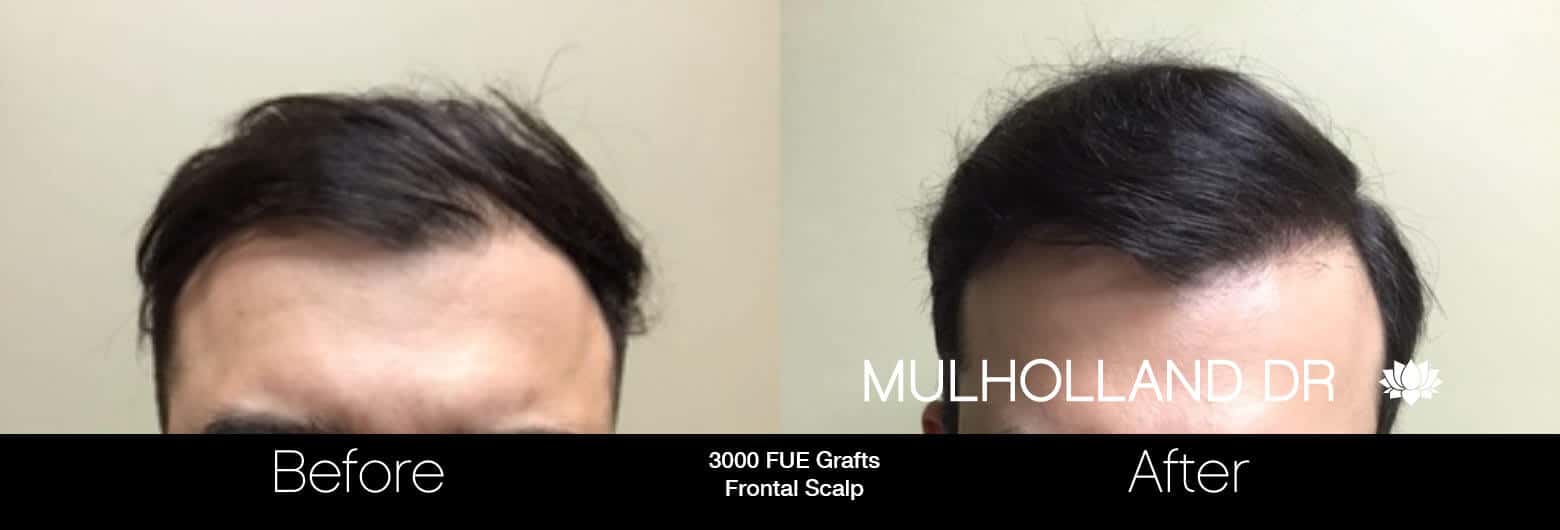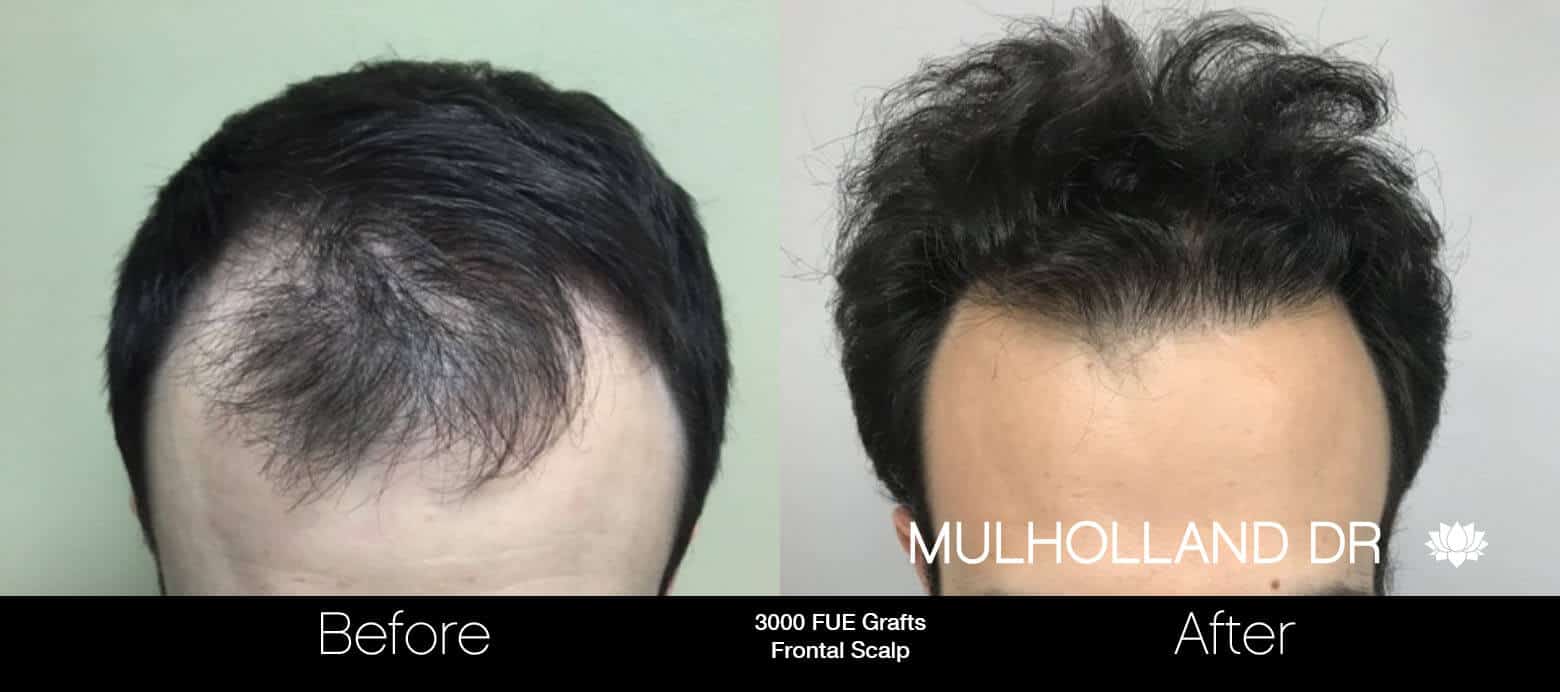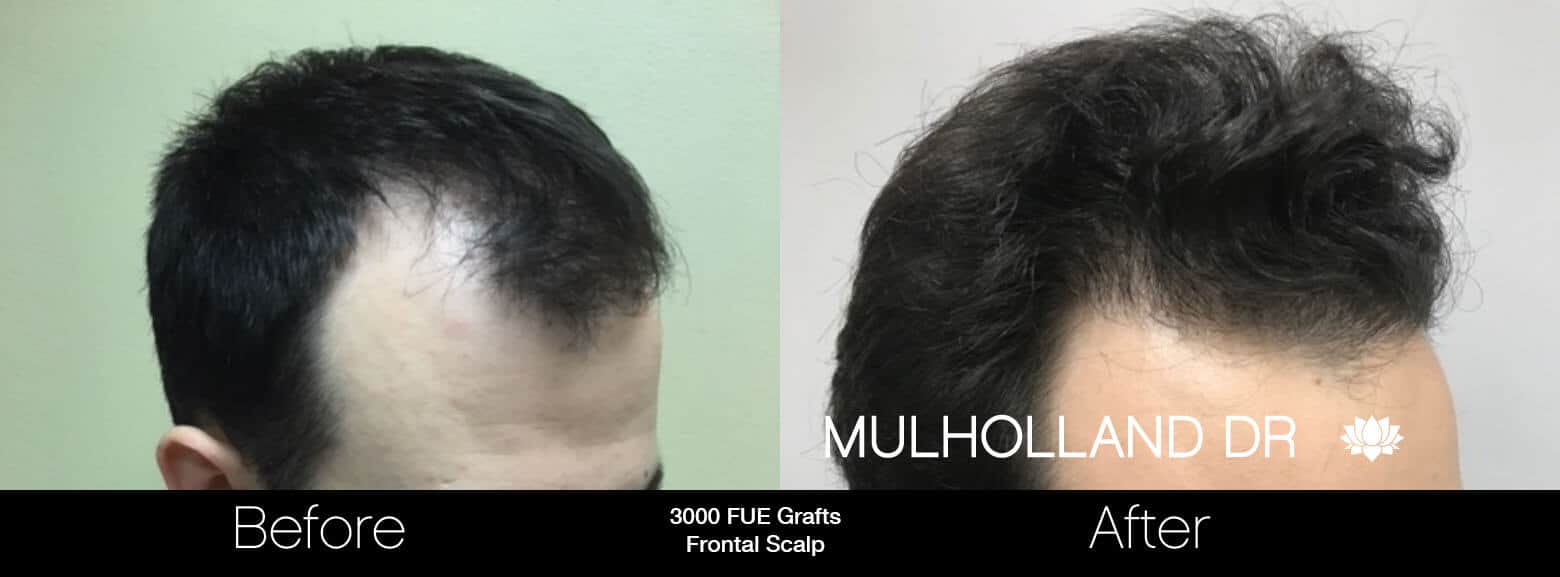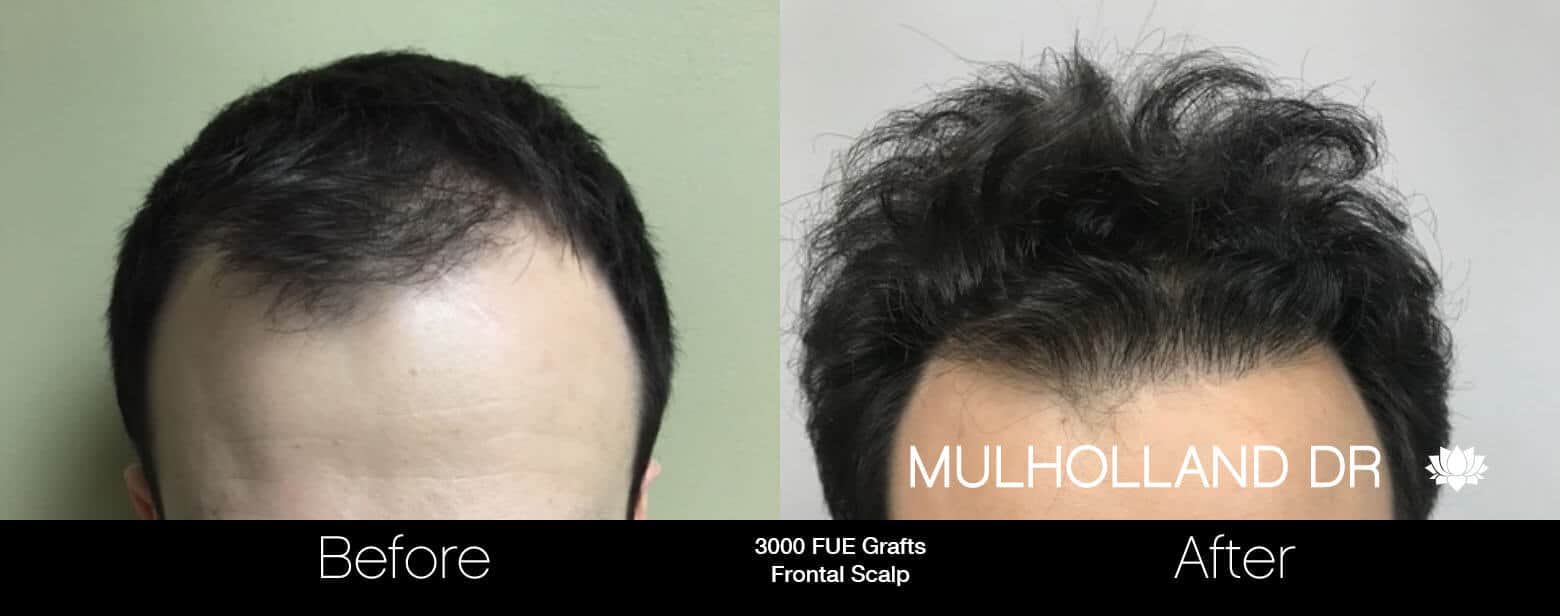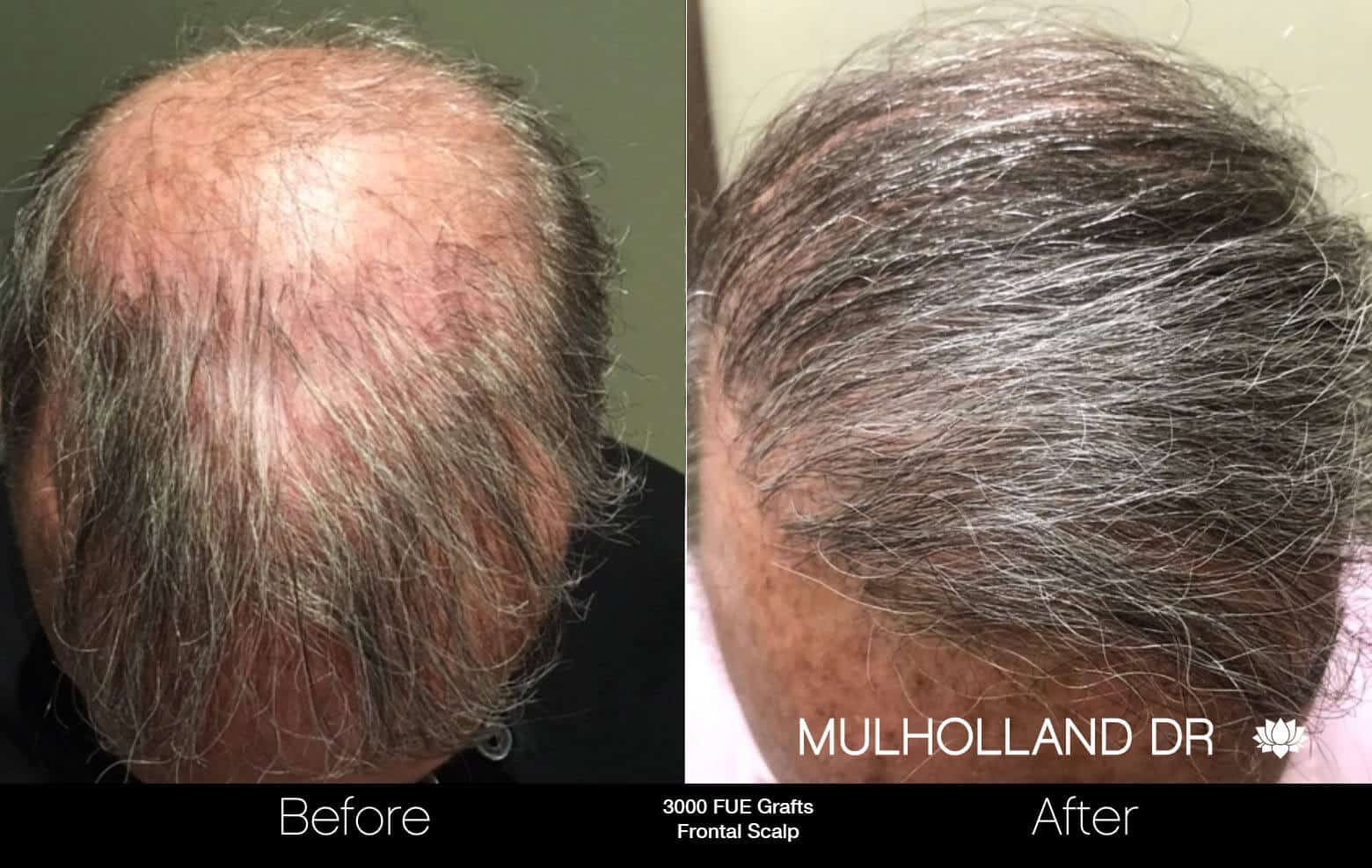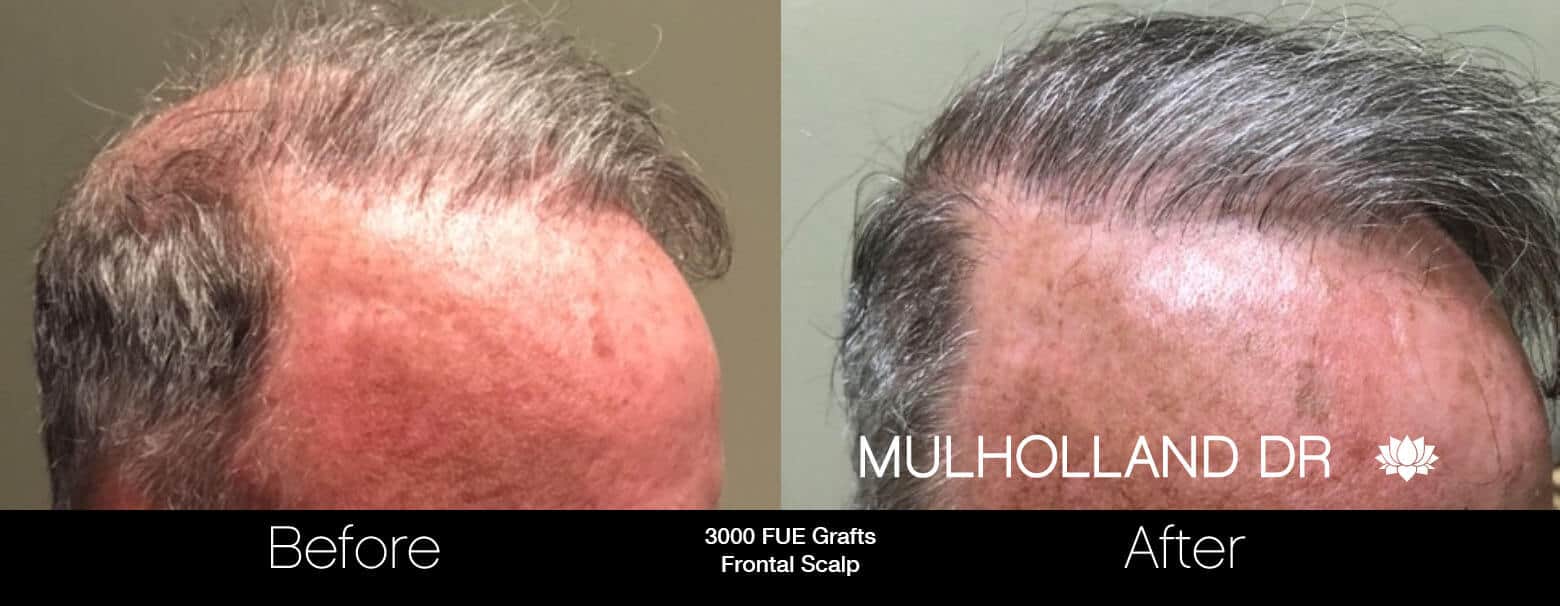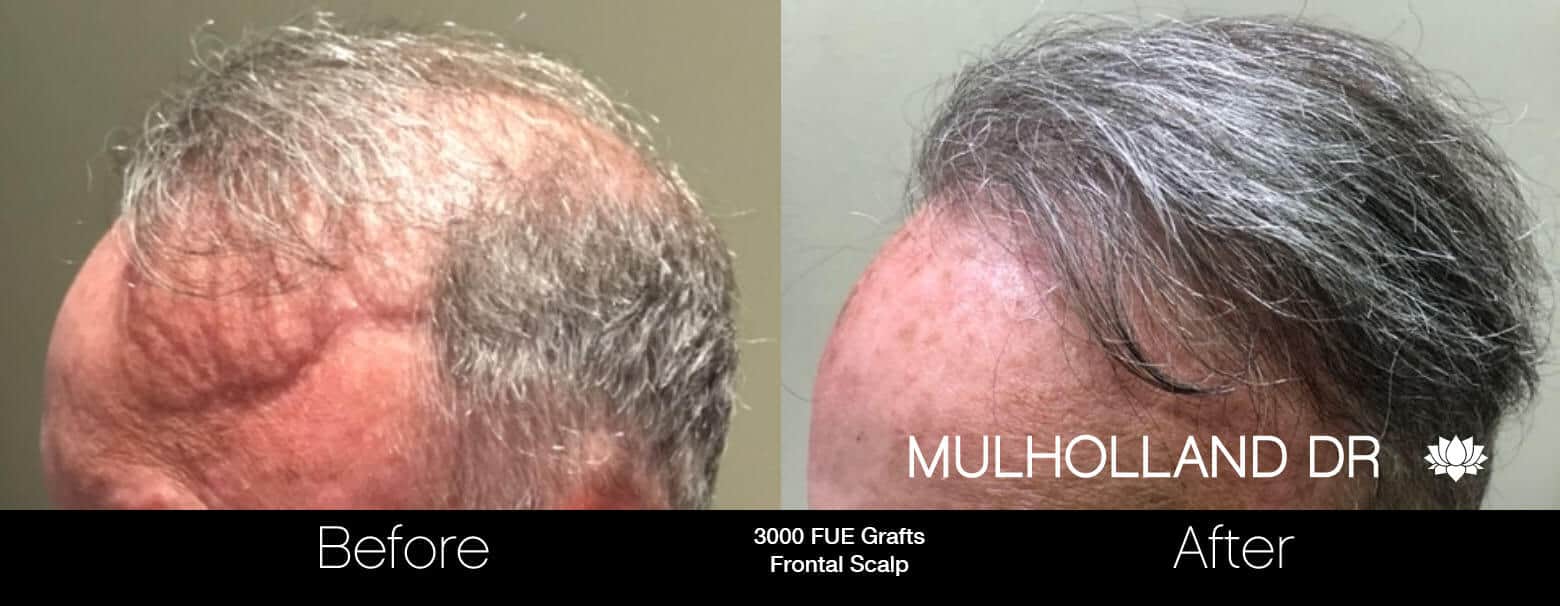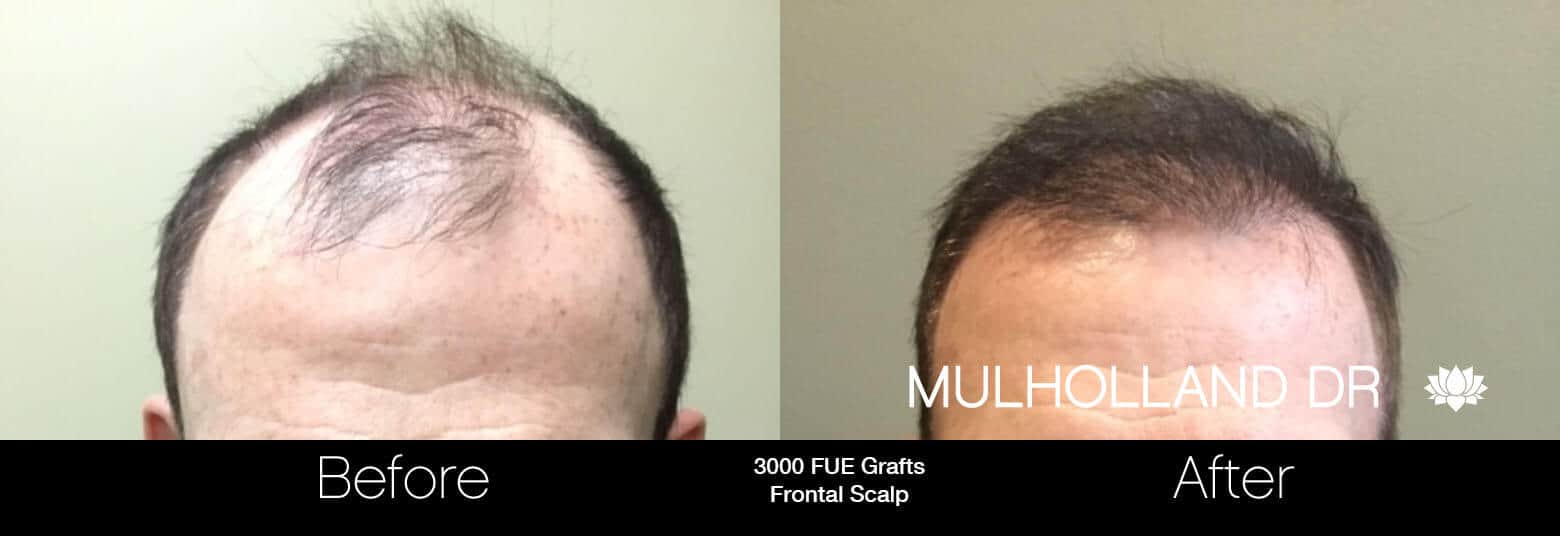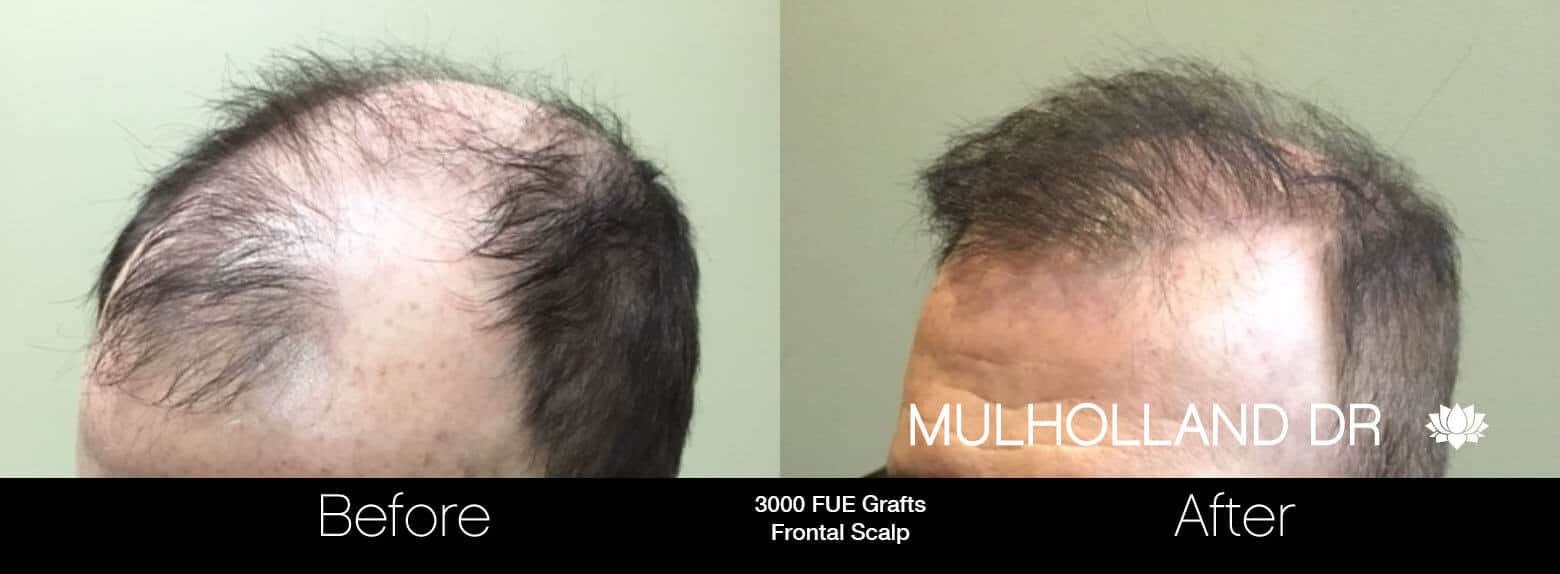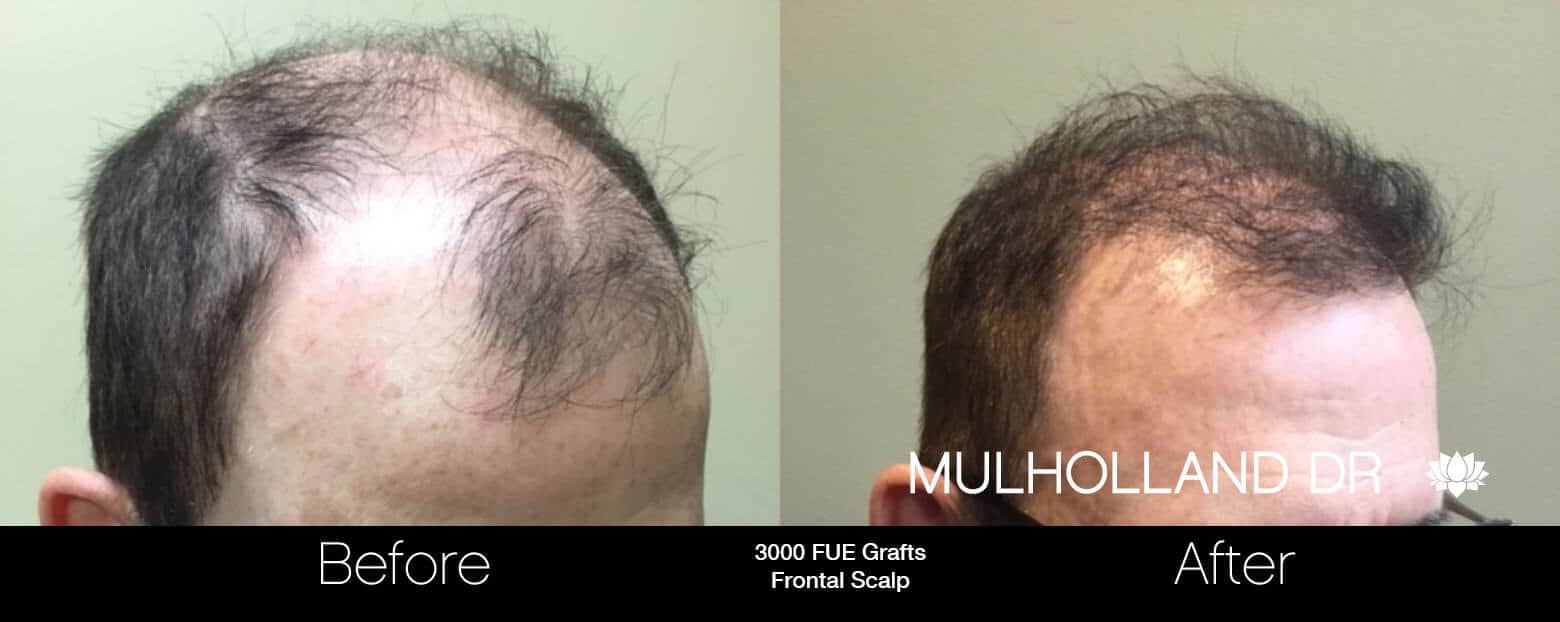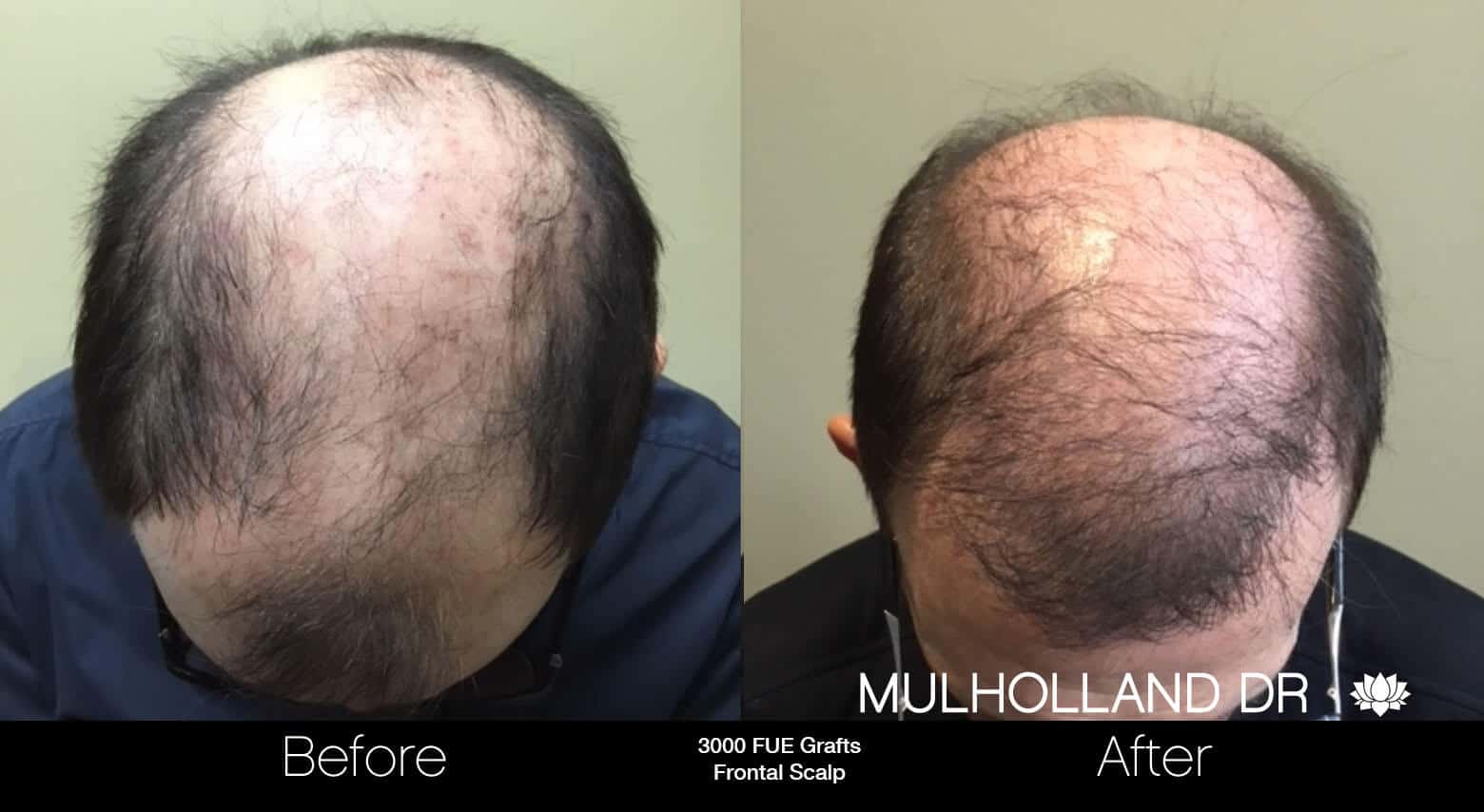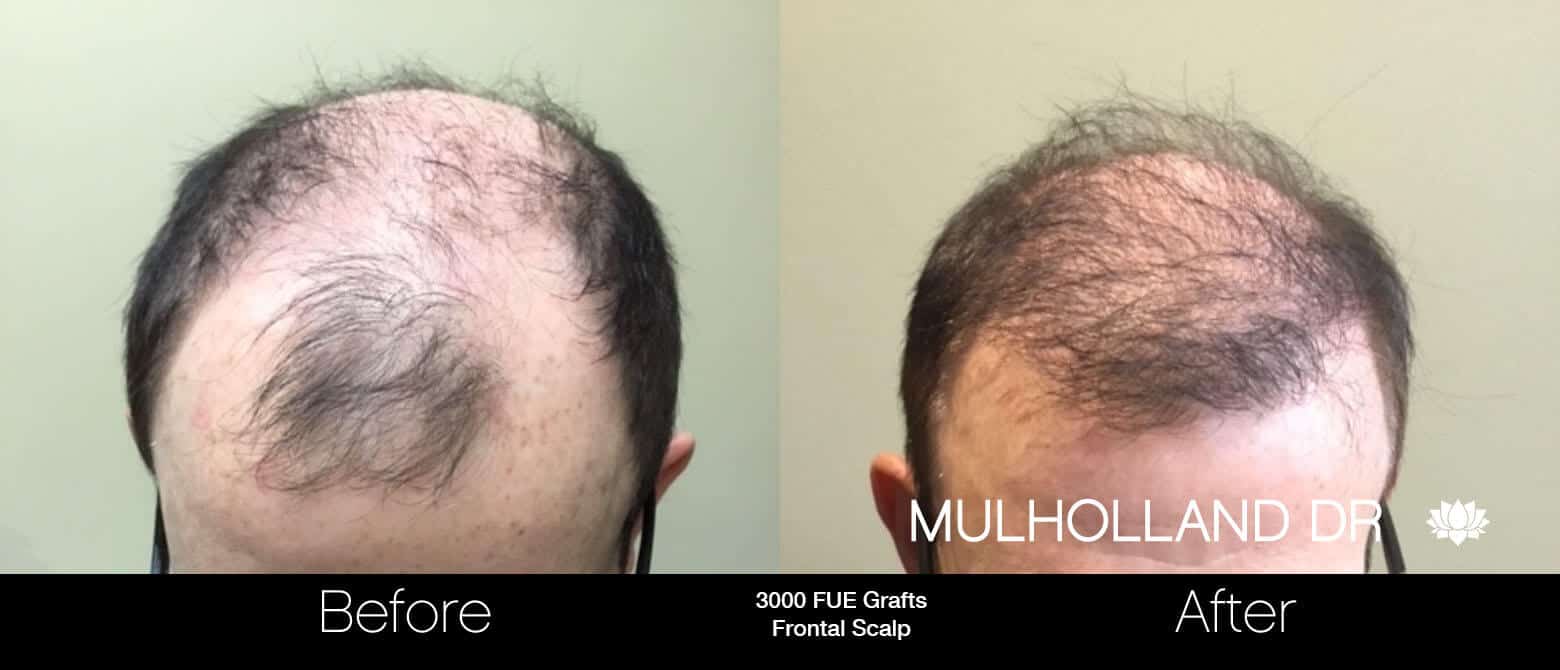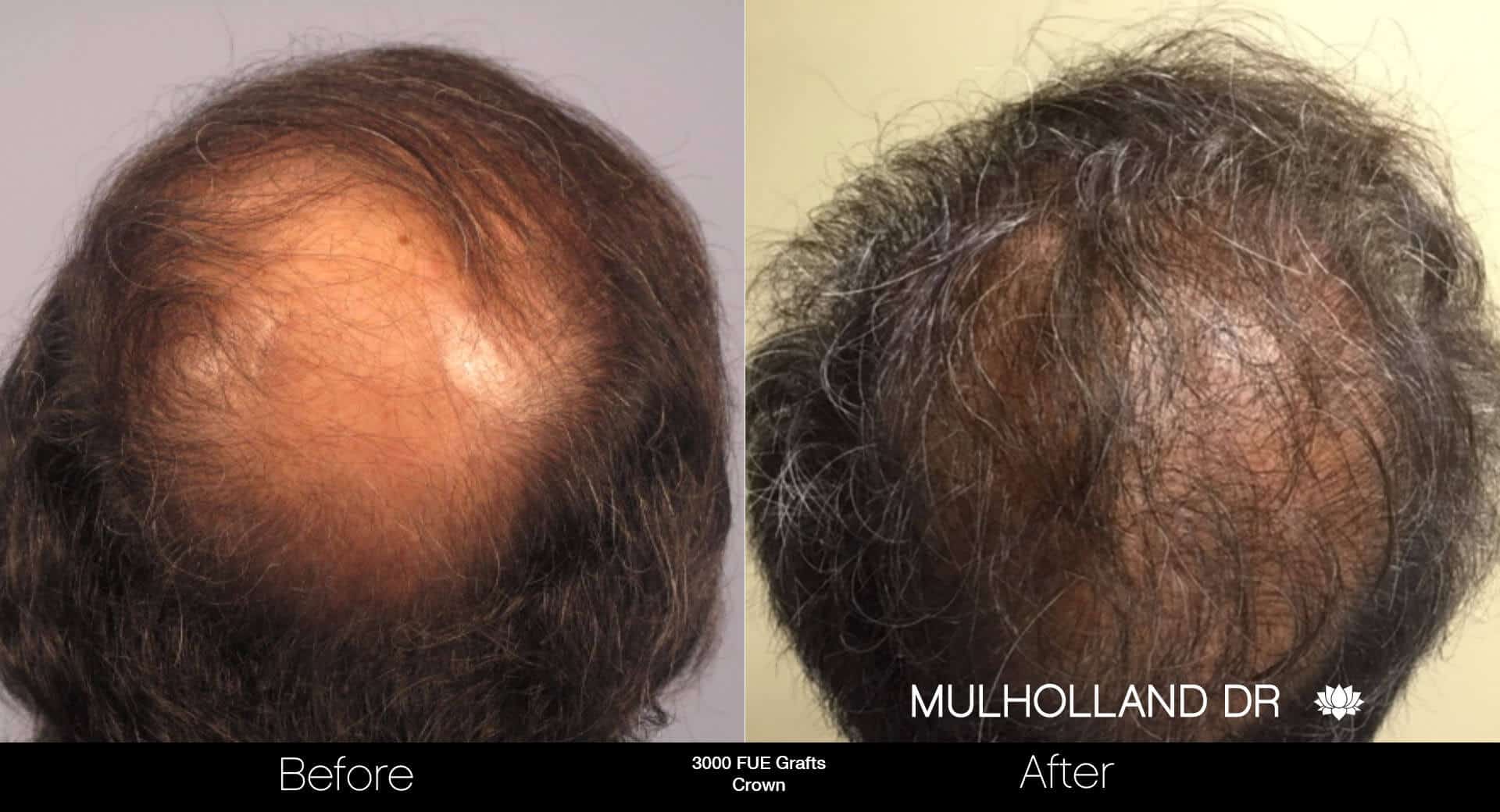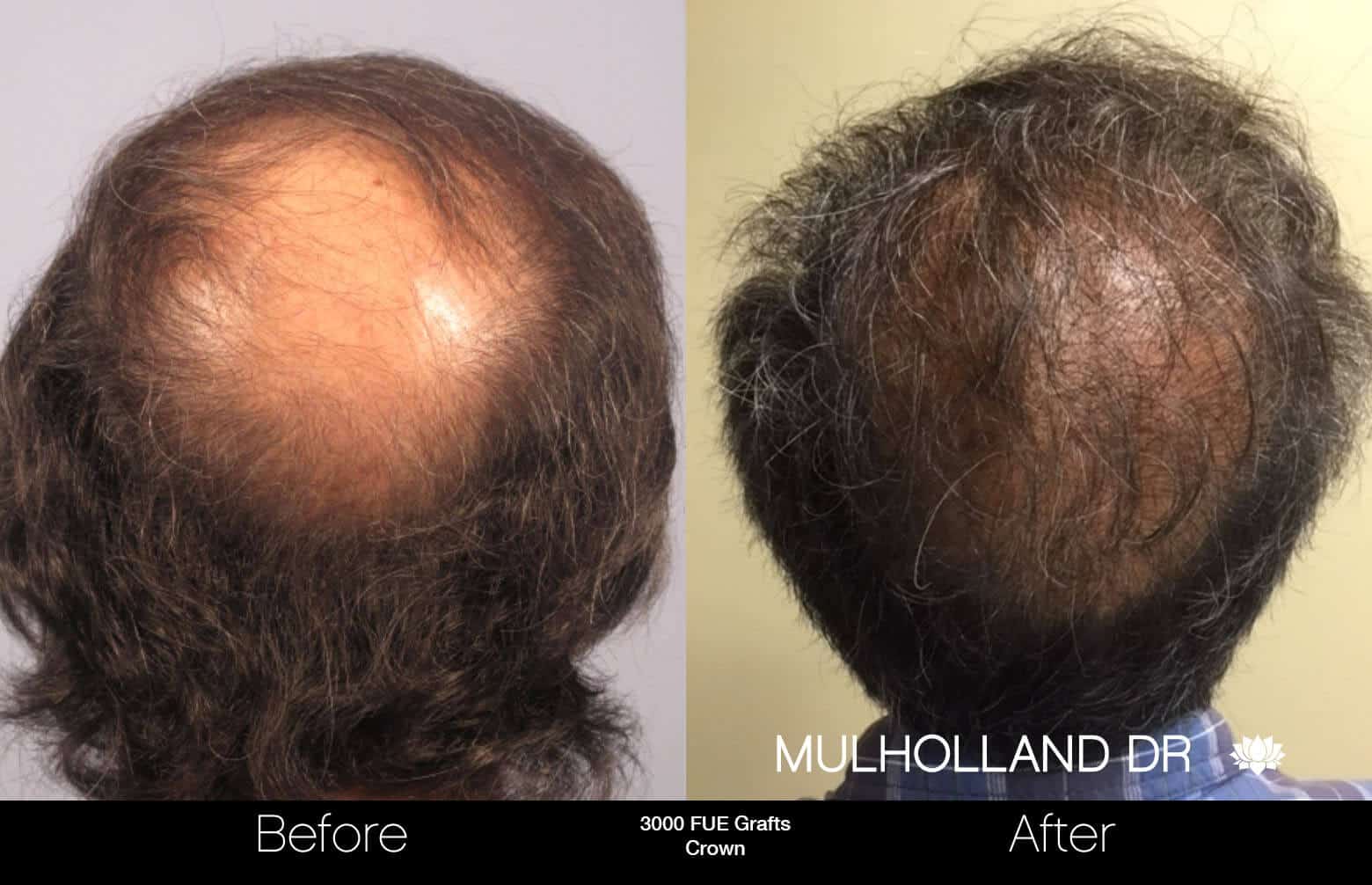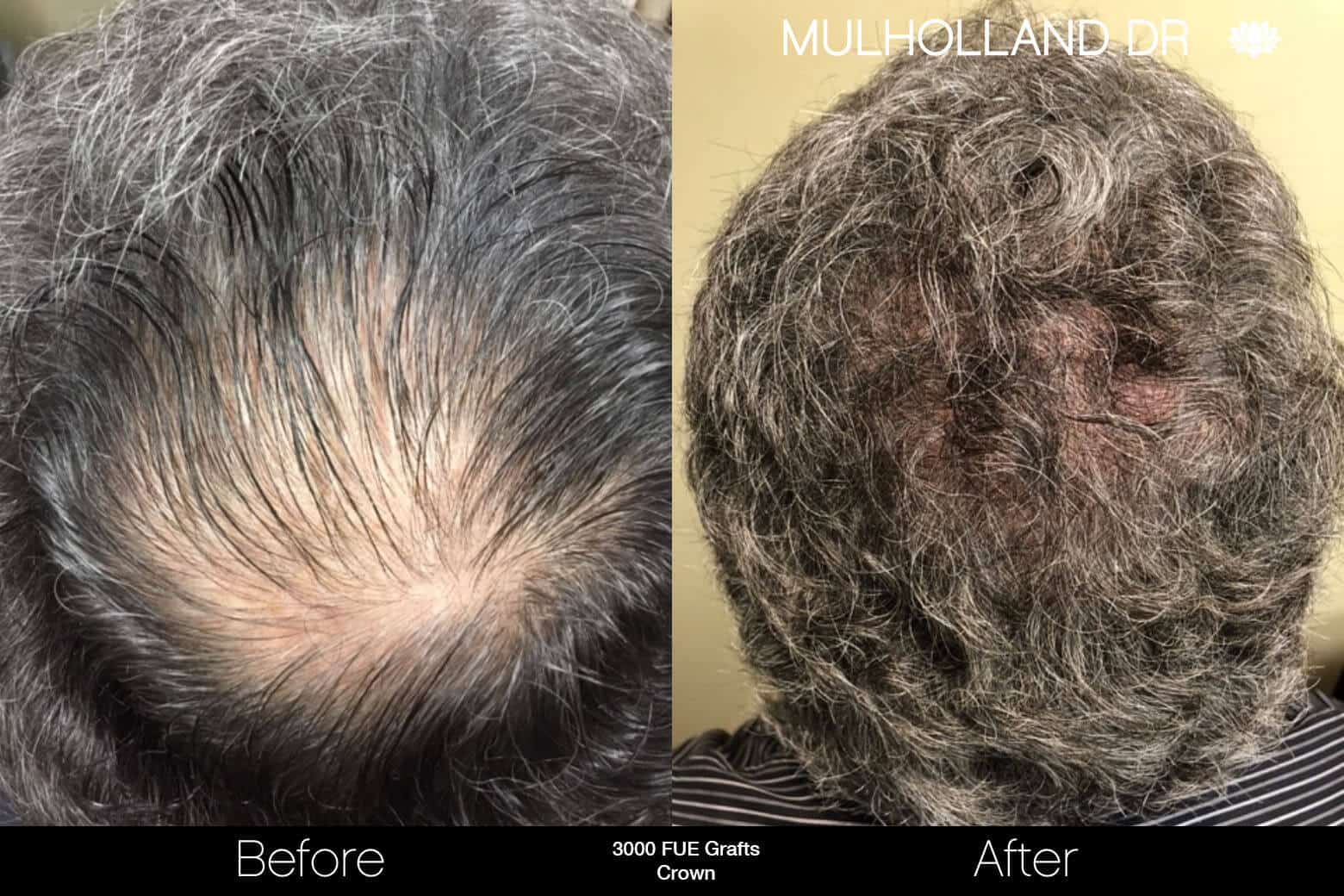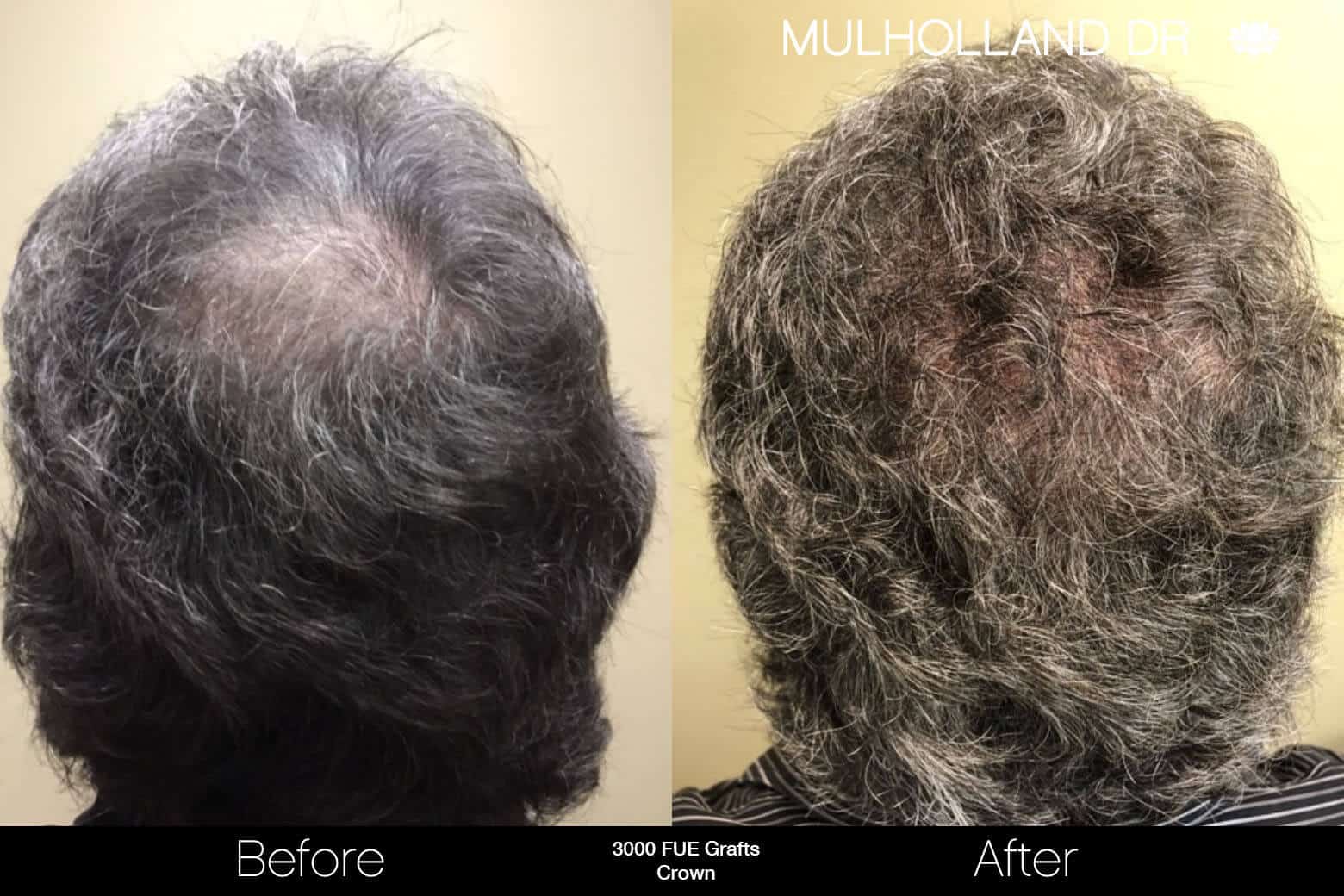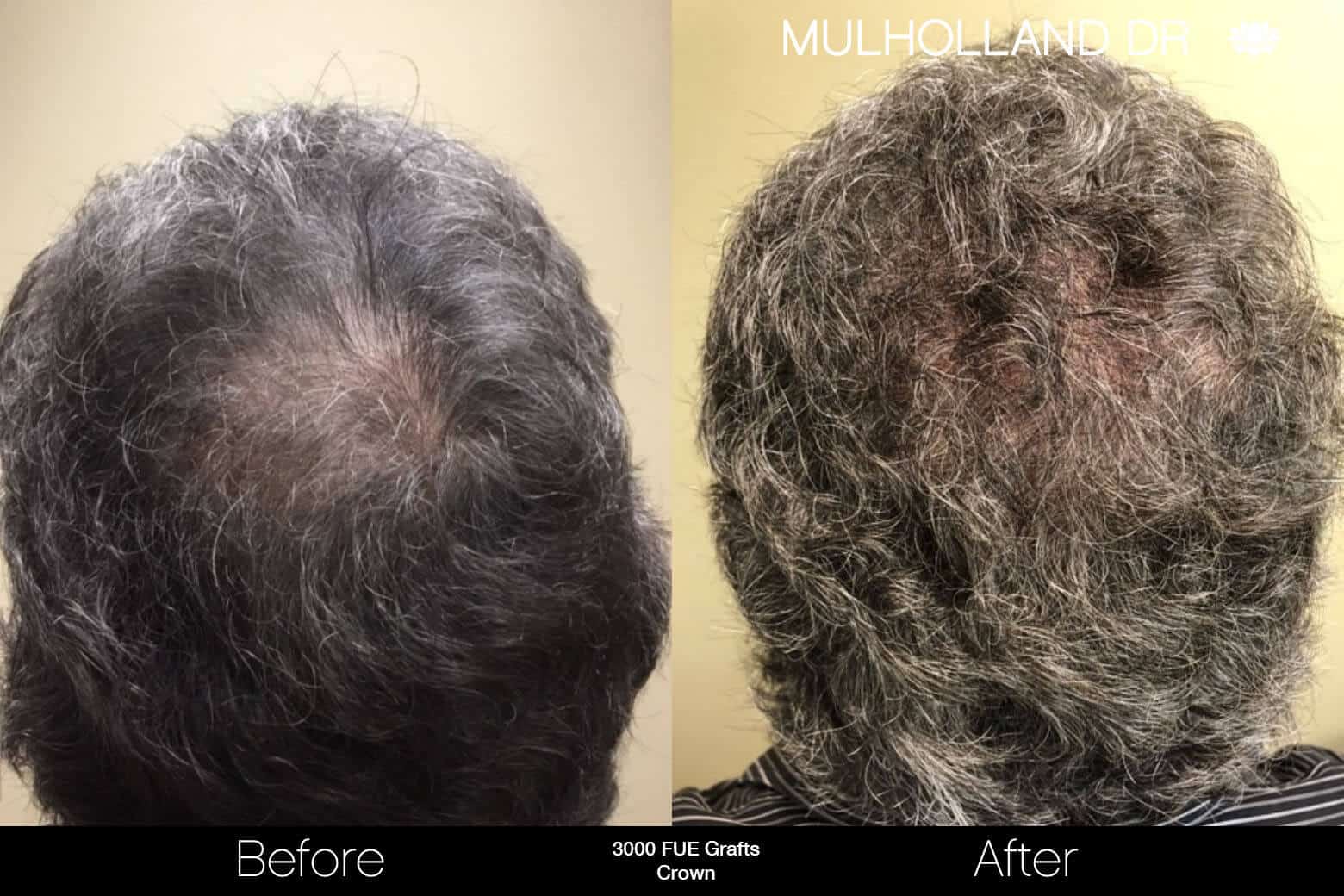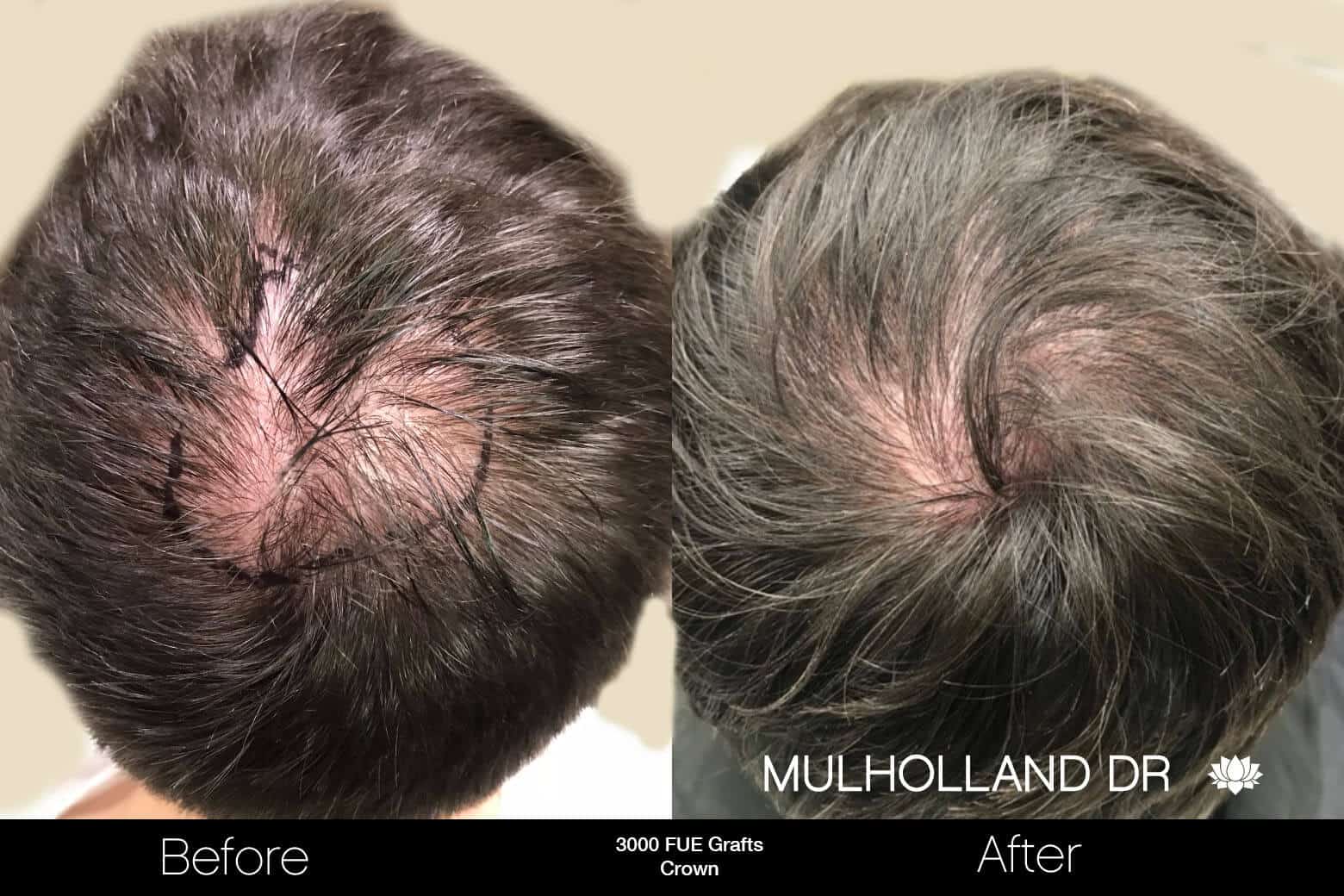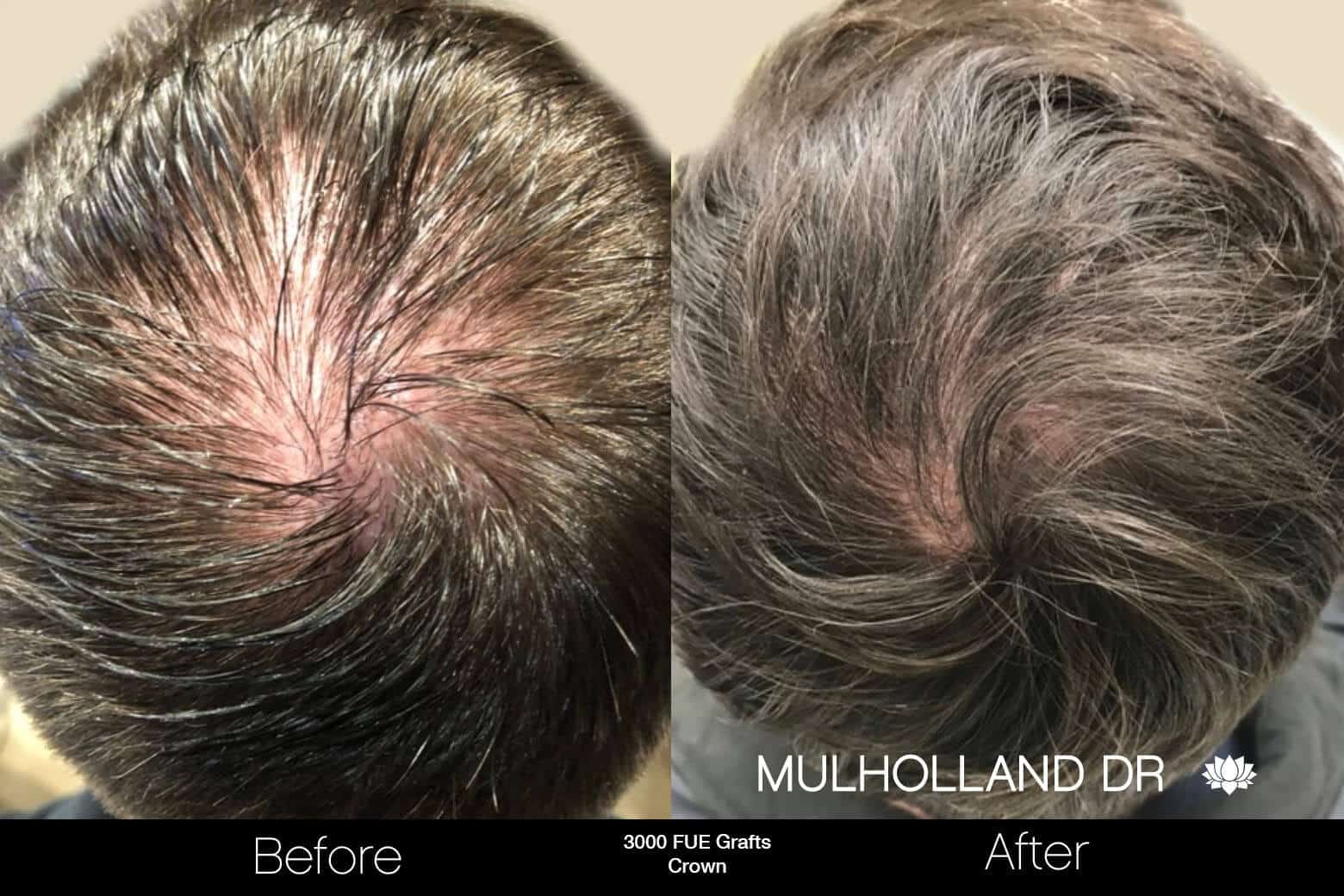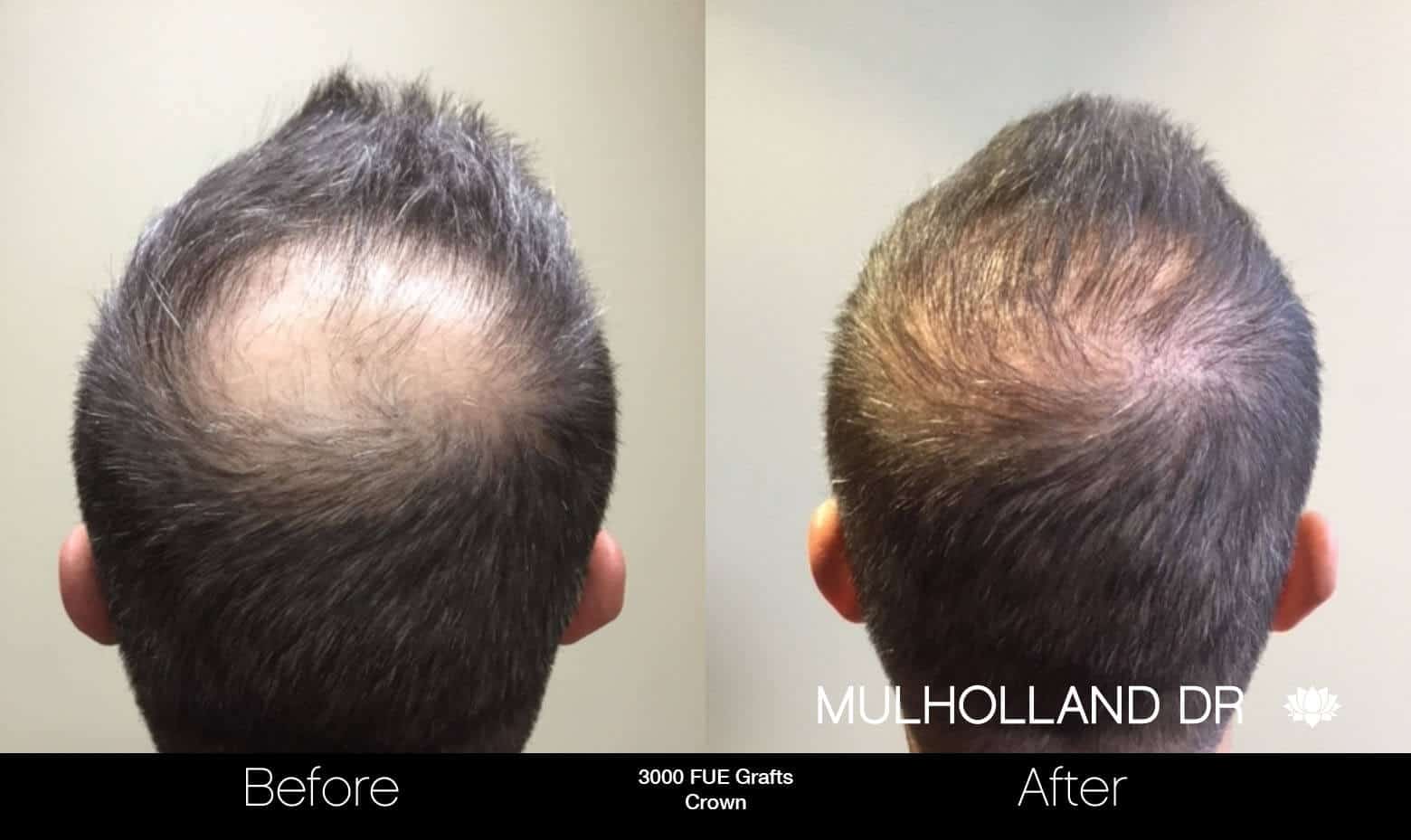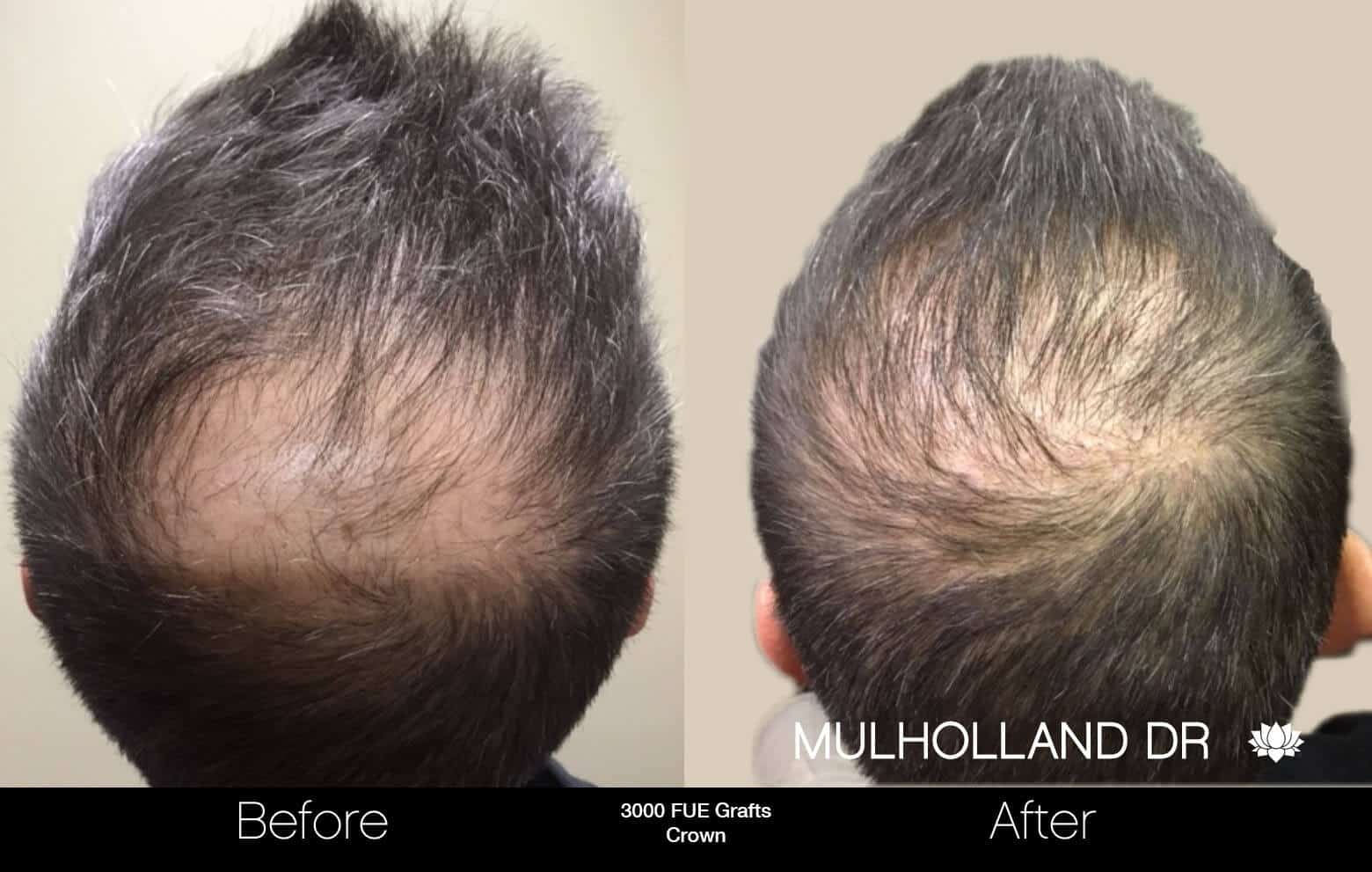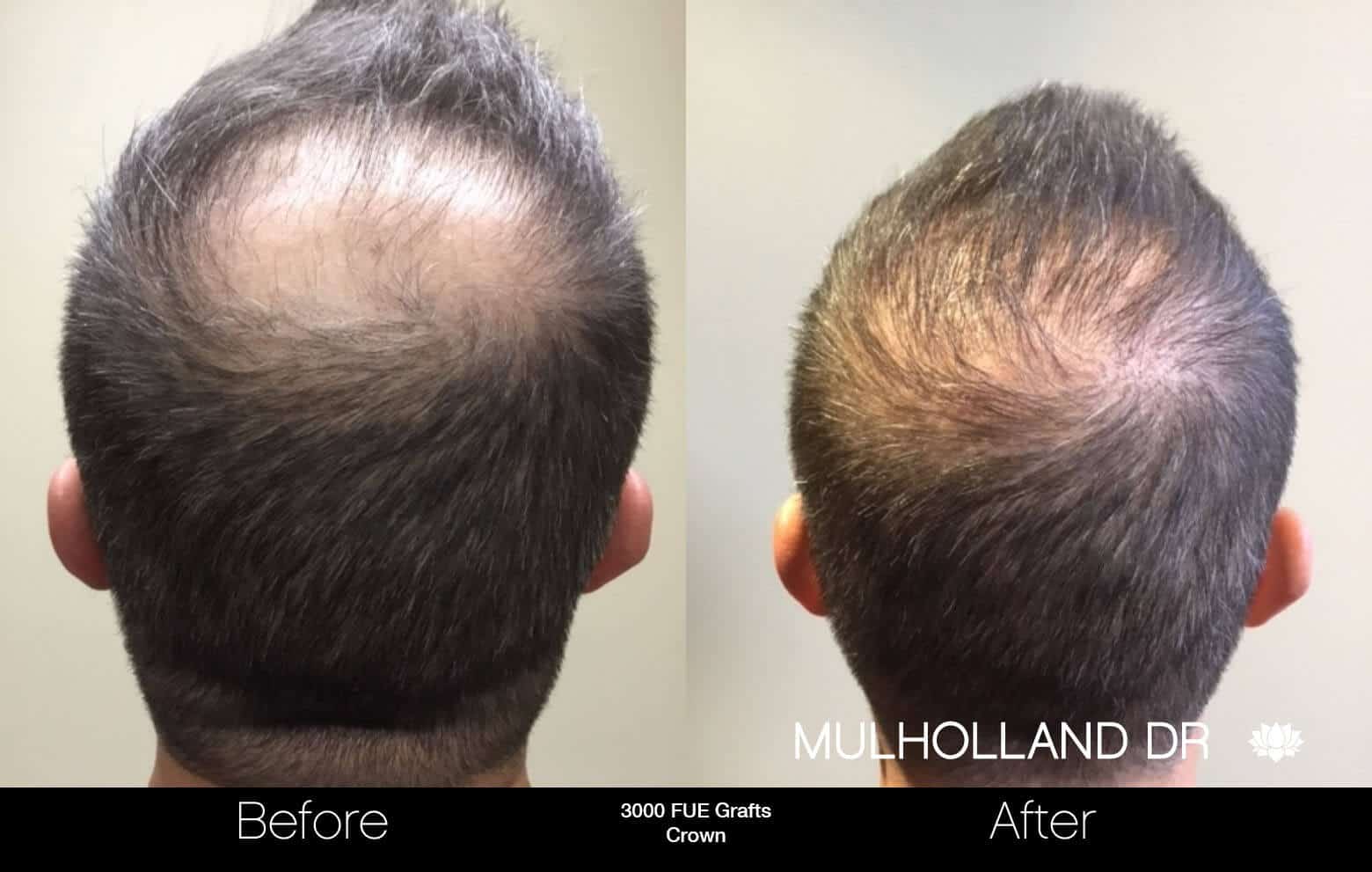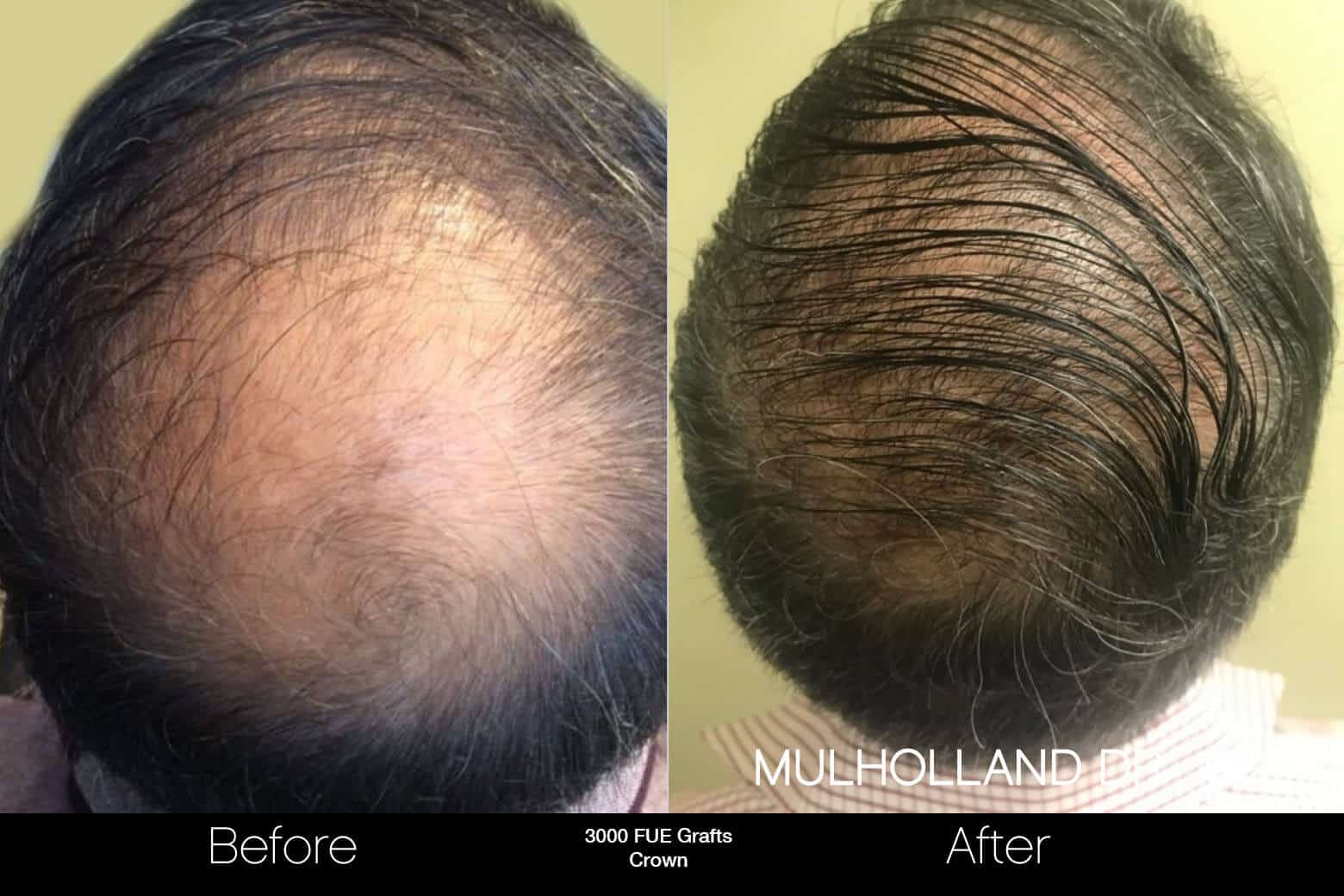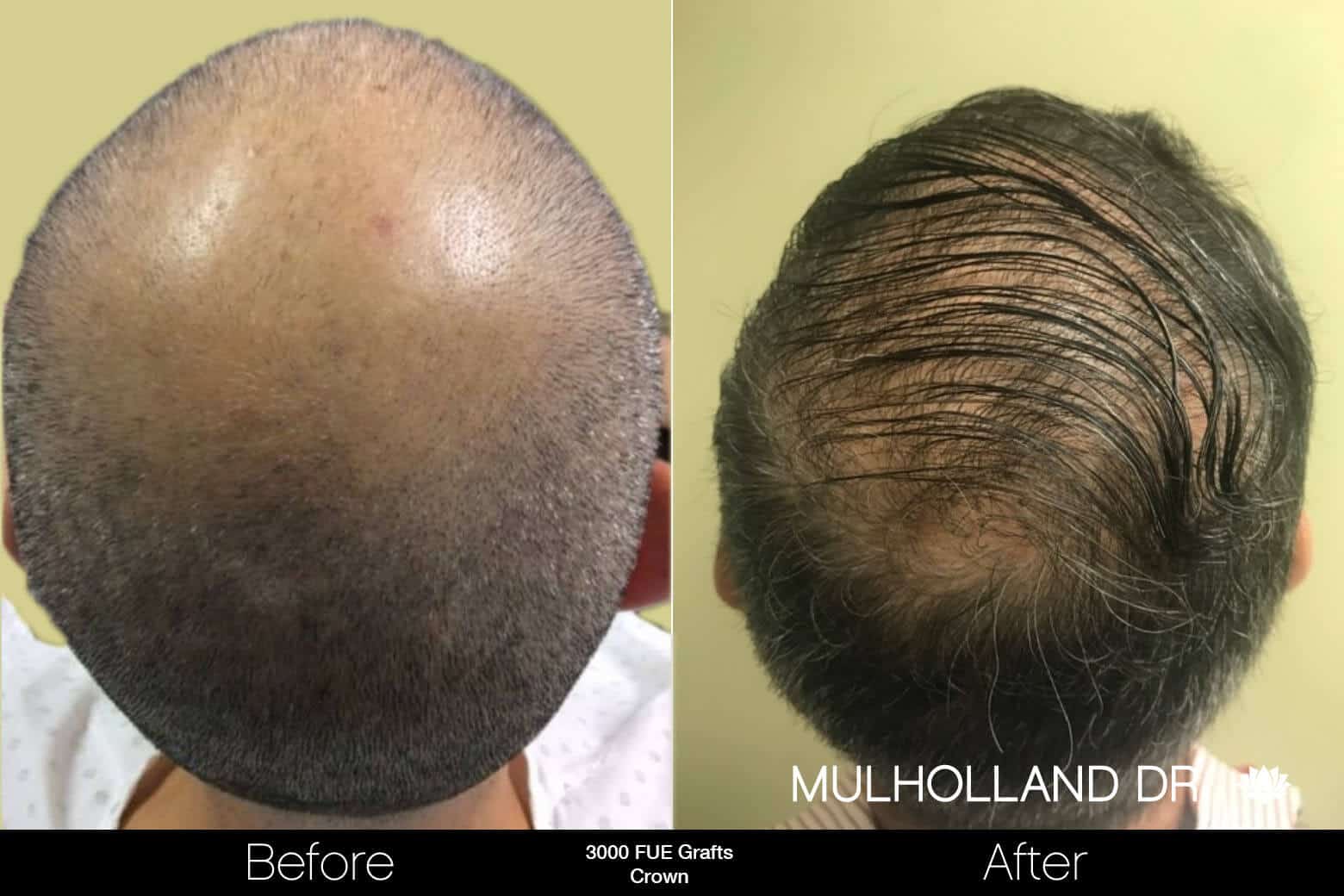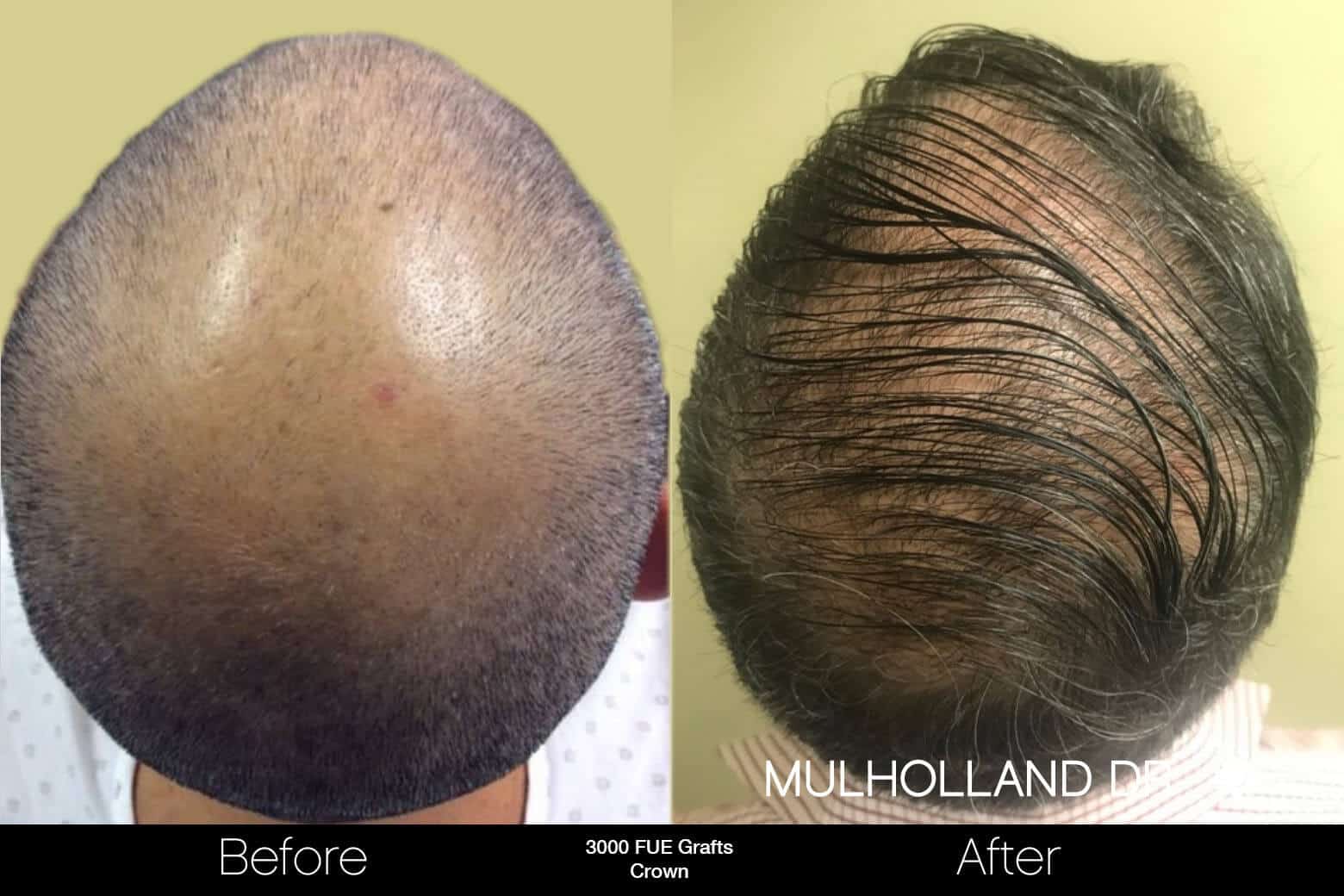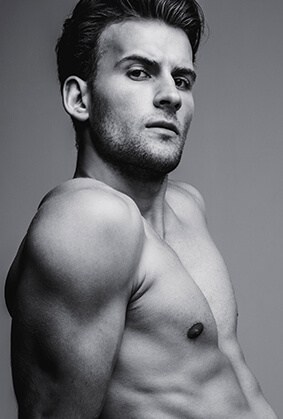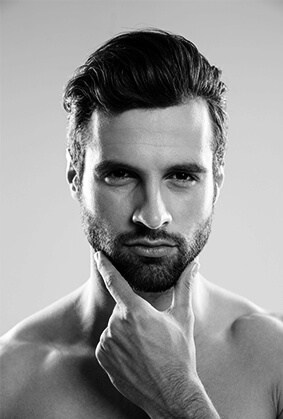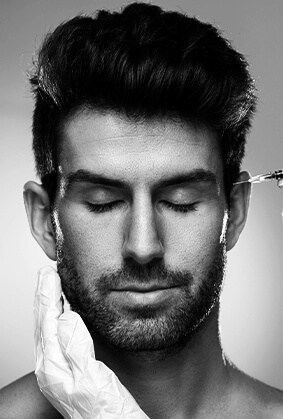-
 Price starts at $6,000
Price starts at $6,000 -
 Procedure Time 3 hours
Procedure Time 3 hours -
 Recovery Time 7 days
Recovery Time 7 days
How much Does a NeoGraft Hair Transplant Cost?
The cost of NeoGraft hair transplant in Toronto varies according to the degree of hair loss that must be corrected by the transplant. Typically, pricing for a NeoGraft hair transplant starts at $6,000.
How Long Does it Take to Recover from a NeoGraft Hair Transplant?
While it will take months for the final results of the procedure to become apparent, patients can typically return to work 7 days after undergoing NeoGraft hair transplantation.
How Long Does a NeoGraft Hair Transplantation Take?
The Toronto Plastic Surgeons can perform the procedure in approximately 3 – 8 hours. Before they are discharged, patients will receive post-operative instructions from their doctors.
What is a NeoGraft Hair Transplant?
A NeoGraft Hair Transplant is an advanced hair restoration technique that uses an automated Follicular Unit Extraction (FUE) system to harvest and implant individual hair follicles without leaving a linear scar. Unlike traditional strip graft methods, NeoGraft involves no scalpel, stitches, or surgical excision.
The procedure accurately extracts hair follicles in their natural groupings, resulting in a more natural look and enabling patients to wear their hair short without visible scarring. Additionally, NeoGraft allows for future treatments as hair loss progresses.
4 Benefits of a NeoGraft Hair Transplant
Restore Youthful Appearance
A NeoGraft hair transplant is designed to restore a patient’s youthful appearance by making significant improvements to their hairline.
Minimally Invasive
A NeoGraft hair transplantation involves no stitches or scars. In addition, all the hair follicles are extracted and implanted in natural follicular units.
Short Recovery Period
Due to the procedure’s non-invasive approach, many patients can return to regular activities within days of their NeoGraft hair transplant.
Reduced Discomfort
A NeoGraft hair transplant is known for causing significantly less discomfort than regular strip grafting.
Risks of a NeoGraft Hair Transplant
Like every procedure, a NeoGraft hair transplant comes with a small chance of potential complications. The best thing patients can do to minimize the likelihood of complications is to select a trusted surgeon. The team at Toronto Plastic Surgeons has years of experience performing this procedure. Significant complications are uncommon and, in the rare event they occur, are expertly managed.
- Adverse Anesthesia Effects: In some cases, the anesthesia used in the surgery can have an adverse effect on the patient. For this reason, the Toronto Plastic Surgeons carefully review the medical history of every single patient that walks through their doors.
- Possible Healing Complications: The NeoGraft hair transplant procedure can sometimes result in damage to “at-risk” surrounding pre-terminal hair follicles in the recipient and donor sites.
- Itchiness: Patients may find their scalps itchy immediately after surgery. However, this should subside in the days following the procedure.
- Redness: As with itchiness, the redness should subside not long after the NeoGraft hair transplant.
Who is a NeoGraft Hair Transplant Candidate?
While there are no specific traits that dictate candidacy, proper physical health, and realistic expectations can make the recovery process more seamless. Fundamentally, a candidate for a NeoGraft hair transplant is someone who would like to correct the effects of hair loss and patterned baldness. In addition, it is imperative that patients have a healthy set of hair in their donor site.
We invite all those interested in this procedure to reach out to Toronto Plastic Surgeons for a consultation. However, if you do not feel that this is right for you, please visit our non-surgical procedure page.
How to Prepare for a NeoGraft Hair Transplantation?
Prior to your procedure, the Toronto Plastic Surgeons will sit down with you to discuss the shape and proportions of your hairline and donor sites. During this consultation, the physicians will also consider the quality and density of your donor hair in order to come up with the best possible approach to your hair restoration.
To ensure a successful surgery, the doctor will advise that you follow certain preparations in the weeks leading up to your procedure date:
- Smoking should be discontinued two weeks leading up to the procedure and two weeks after. Those who continue to smoke will have a longer recovery period and a greater likelihood of complications.
- Two weeks before your procedure, patients must cease taking Aspirin or any medication that contains Aspirin.
- Six hours prior to surgery, patients must stop consuming any food or drink. Small sips of water are permitted, however.
- Avoid sun damage two weeks before surgery. This can be achieved by wearing sunscreen.
How is a FUE Hair Transplant Performed by Toronto Plastic Surgeons?
All NeoGraft hair transplants are performed within the comfort of the modern Toronto Plastic Surgeon surgery suites. The procedure is entirely personalized and specifically designed by our expert team to match your desired results.
Prior to your hair transplantation surgery, a physician will administer anesthesia to ensure that the procedure is completely painless. During the procedure, the rotary device will extract and harvest healthy hair follicles from the donor site. Later, the follicles will be implanted in a designated area.
What to Expect After a NeoGraft Hair Transplantation?
Following your NeoGraft hair transplant, Toronto Plastic Surgeons will recommend a post-transplant program consisting of light therapy, nutrient serums, and medicated shampoo. This regimen is designed to help nourish the grafts and promote the growth of natural hair. Patients should also keep in mind that the final results of their hair transplant won’t be apparent until after a year.
Neograft Hair Transplant Recovery and Timeline
Following the NeoGraft procedure, most patients will require 7 days off work.
2-3 days: The donor site is covered in a head wrap. Our team removes the wrap on the third day by gently washing and shampooing it with a glass of water and light fingertip pressure. We show you how to do this.
1 Week: The tiny donor harvest sites are difficult to even see by one week and, if the recipient site is covered by existing genetic hair, patients can often return to work after the seventh day.
3-4 months: The first phase growth includes 40-50% of the actual transplanted hair grafts, which pick up a blood supply and begin growth within 3-4 weeks.
4-6 months: Second phase growth – After the bulb “takes” by picking up a blood supply, approximately 40-50% of the other transplanted shafts will go into “shock hair,” fall out and start to grow again.
12-14 months: Over 85% of all FUE grafts “take” and survive, it is not until then that the final density and aesthetic appearance of the hair can be seen after enough time is left for the two-phase growth. Be patient, your nice new hair will take one year, and you will love it. The good news about the gradual re-densification and hair restoration is it is gradual and natural, so you won’t be attracting attention until it looks great!
Why Choose TPS?
By utilizing the latest technology and with vast experience the Toronto Plastic Surgeons will be able to ensure that the best hair transplant outcome of the procedure matches the patient’s expectations. In fact, the Toronto Plastic Surgeons are recognized for their renowned hair restoration procedures, as the team’s state-of-the-art clinic features some of the most advanced NeoGraft and Robotic ARTAS tools in the country. Rest assured that you’re in safe hands before, during, and after the procedure.
Toronto Plastic Surgeons is one of Canada’s most renowned plastic surgeons, with more than 25 years of experience in various cosmetic procedures. Toronto Plastic Surgeons has been named one of the country’s top plastic surgeons by Toronto Life, Flare, and Fashion magazines, and was named one of the top plastic surgeons in the world by W magazine. In addition, he is the former president of the Canadian Society for Aesthetic Plastic Surgery.
FAQ
How Painful Is It to Get a NeoGraft Hair Transplant Procedure?
Due to the anesthesia administered during the procedure, the patient will not feel any pain during the surgery. Nitrous oxide (laughing gas) is available during the freezing stage, to ensure all patients are comfortable. While it is normal to experience some swelling and discomfort after the surgery, there will be no extreme or long-term pain.
What’s the Difference Between NeoGraft and FUE Hair Transplants?
A NeoGraft is a type of Follicular Unit Extraction (automated). An ARTAS (robotic) hair transplant represents another type of FUE in hair transplant.
Do I Need to Get a Buzz Cut Before a NeoGraft Hair Transplant?
While it is not mandatory, the Toronto Plastic Surgeons recommend that patients get a buzz cut before their NeoGraft hair transplantation. This is done to ensure that the grafted hair will grow at the same time as the natural hair, creating a seamless recovery process. Alternatively, the hair of the donor site can be very long, which will camouflage the donor site while it is growing back out.
Are the Results of a NeoGraft Hair Transplant Permanent?
Yes, the results of a NeoGraft hair transplant are intended to be lifelong. The FUE’s and hair from the back of the scalp in the occipital region do not suffer the same genetic code that makes the hair bulbs with the weak enzyme. The normal hair has a strong 2-3-dihydrotestosterone which metabolizes testosterone normally.
How Many FUE Grafts Can I Take From the Back Over the Years?
Our average first transplant volume is 3,000 FUE grafts. There are approximately 20,000 FUE grafts available at the back of the scalp. We can safely extract up to 12,000 grafts without leaving the back looking too thin. With 12,000 FUE grafts, even if you are destined to lose all the hair on top, we can still give you great coverage in the front two-thirds of your scalp, often leaving the crown area with less density, as is common with most men.
Can You Take Hair From My Back or Chest?
Yes, we have done this many times, but the hair from these areas is not ideal. These hairs tend to be singles, shorter, and more shrub-like than the tree-like hair on the scalp. However, they can provide some coverage, especially in the crown area.
